



704.846.1100
charlottelatin.org
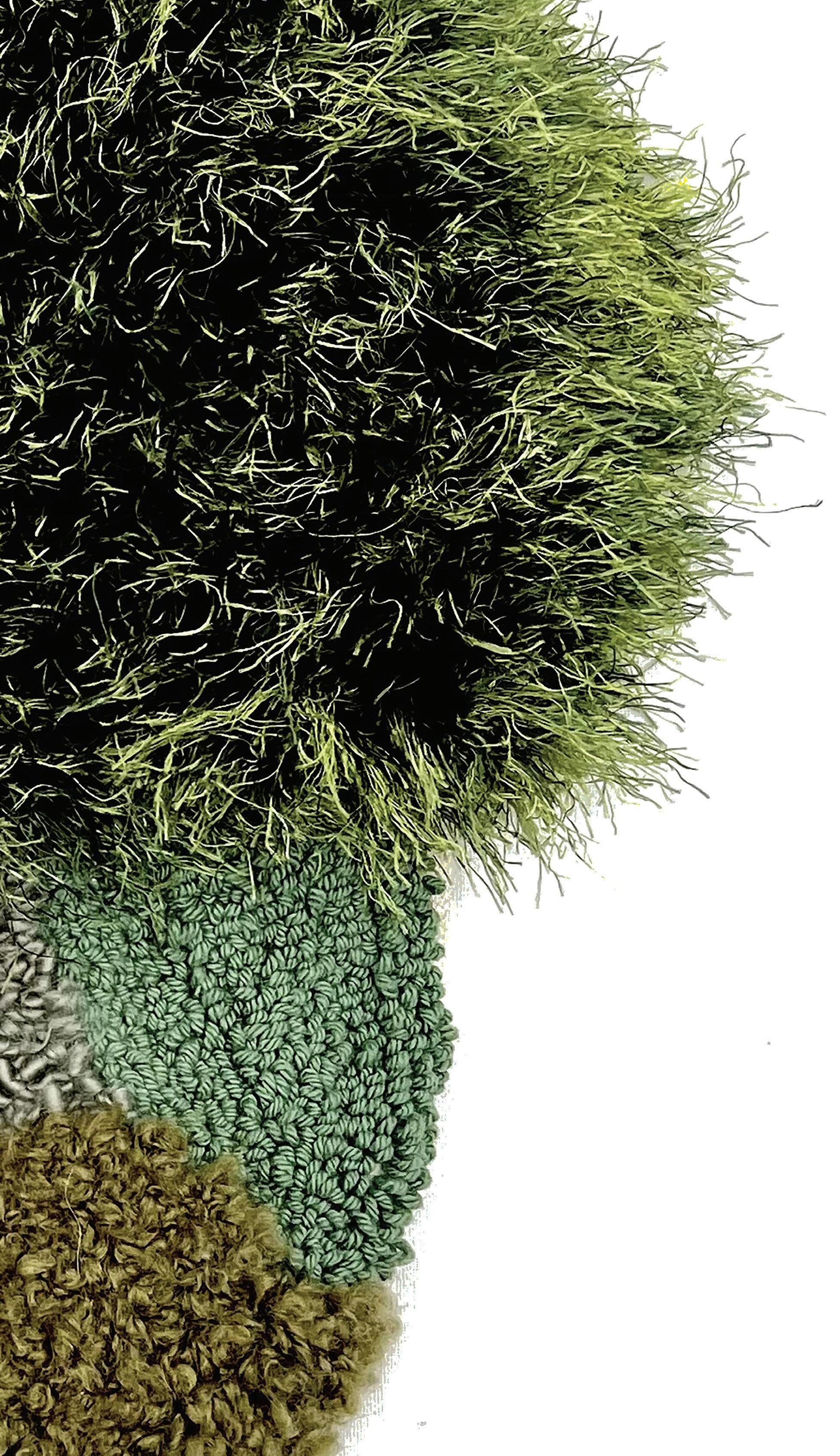





704.846.1100
charlottelatin.org


Here is the endless wet thick cosmos, the center of everything.
As the world careens further into the digital age, where news, videos, and memes can disseminate at hyperspeed to billions of users, we no longer see a lack of inspiration as the biggest threat to the artist. Struggling to find originality is not a new issue, but when a quick search on Pinterest shows you the millions of ways your art idea has already been drawn, and the advent of AI pushes originality and creativity in all art forms to a precarious edge, this pursuit has become much more harrowing.
In this year’s edition of “Blue Review,” we wanted to ask how we can continue to create art in a world that is becoming increasingly derivative. Mary Oliver’s poem “Crossing the Swamp” illustrates her struggle as she wades across a belching, pathless bog, and within her journey we found not an answer, but a map. Crossing the swamp she realizes the very earthsoup and loam that hinders her also gives life to the beautiful fauna around her. We revel in Oliver’s tenacity, determination, and appreciation for the beauty that arises from the mud. Like the reaching roots and canopied mosses that ground Carolina swamplands, we based our magazine on Oliver’s epiphany.
Our first chapter, the “Endless Wet Thick Cosmos,” entrenches itself in the artistic paralysis that comes from too much choice. The artwork in this chapter, often dark, chaotic and disjointed, portrays the ways in which we often feel trapped within our own minds, overwhelmed by ideas and possibilities.
In our second chapter, “Trying for Foothold,” we capture the endless will and determination necessary to pull ourselves out of the muck. Moving forward with a resilient trust in the creative process, the pieces in this chapter represent a brighter and more hopeful tone, gaining a coherence and structure that promise stunning beauty.
Finally, in a “Breathing Palace of Leaves,” we celebrate when the art we have cultivated and nurtured so diligently finally blooms. Intricately drawn and composed, these pieces reflect a new perspective: understanding the mire and mess of finding inspiration symbolize not only a challenge to overcome but also a process that is vital to the creation of art itself.
Art, just like the humans that create it, has always evolved. Inspiration, after all, requires growing new from the old. Just like how arboreal beauties arise from the swirling chaos of the swamp, art arises as an amalgamation of fragments of the trivial, of everyday life. When faced with the endless madness of living, we can drown in it, let ourselves get stuck in the bog of all-too-much, or we can recognize that anything still is dead, and our own messy movements as we navigate the day evolve into reminders that we breathe with life. There is nothing sublime about the trees and flowers that grow from the swamp. They represent only a promise of the wondrous mud and dirt, silt and clay caked around us.
Emily, Evan, Hannah, Hope, Isabel, Jackie, Jolin & Samora
COVER AND COMPLEMENTARY ART: Hope Gottschling | Virus | 18x24 | Textile Art
Throughout high school, I often faced struggles that influenced my understanding of my own identity.
As I searched for ways to cope with various challenges, I longed to create art that allowed my imagination to wander beyond the constructs of my personal confines.
As I developed it, this piece became an abstract selfportrait during a paradoxical time that was wrought with not only fear and loneliness but also a
simultaneous sense of growth and hope.
I spent weeks separating strands of yarn, laboriously hand-punching every fiber into monk cloth, and even learning how to crochet.
This piece represents my journey through a period of my life that hosted the virus: a virus that spread within me and changed my outlook on the world, my understanding of myself, and proved that I could overcome the challenges in front of me.

Faculty Adviser | Lori Davis
Lead Layout Editors
Hannah Hurden | Isabel Yang | Jackie Rao | Jolin Cheng | Samora Elam
Associate Layout Editors
Emily Cao | Evan Li | Hope Gottschling
Faculty Co-adviser
Tiffany Fletcher
Lead Copy Editors
Caroline Fahrney | Athena Woodward
Associate Copy Editors
Evelyn Haggstrom | Kate Warner
Lead Art Editors
Sophia Oh | Leif Lanzillotta | Peyton
Samii
Associate Art Editor
Ana Burk
General Staff
Scarlett Black | Sloan Ellison | Kathryn
Wu
English Faculty Support
Melissa Barger | Alan Becker
Megan Butt | Matt Cosper
Lori Davis | Spencer Dowd
Tiffany Fletcher | Richard Harris
Daniel Hayes | David-Aaron Roth
Robin Siczek | Erika Thurman
Art Faculty Support
Richard Fletcher | Kaila Gottschling
Clark Hawgood | Chip Martin
Administrative Support
Chuck Baldecchi | Abigail Cudabac
Rob McArthur | Sonja Tayor | Tracey
Vanneste | Lawrence Wall
Technical Support
Kim Alexander | Dave D’Orio | Andre
Elam | Chris Esposito | Cory Hardman
Jim Huffaker | Joey Prestidge | Craig
Summerville
Promotional Support
Latin Arts Association
Gina Lawrence | Abbe McCracken
Charlotte Latin School Marketing &
Communications Support
Joanne Beam | Gavin Edwards | Mary
Gorman | Meredith McCarter | Tricia
Tam | Monty Todd | Nikki Williams
Financial Support
Charlotte Latin School


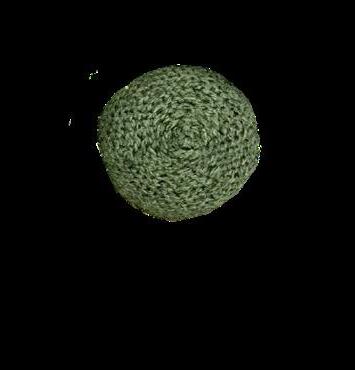
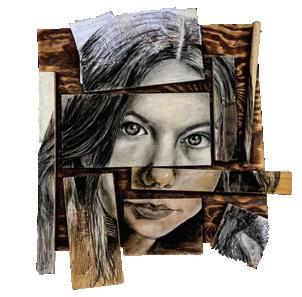
8 Loose Threads / Hope Gottschling / Fashion & Digital Photography
10 California Wildfire / Athena Woodward / Free Verse
15 Summer in December / Jackie Rao / Free Verse
19 The Wave / Hannah Hurden / Free Verse
23 Ballantyne Tract / Derin Lowe / Free Verse
29
Ashes / Thomas Lynch / Free Verse
31
Buster’s / Holden Reimers / Free Verse
13 Clean / Isabel Yang / Flash Fiction
16 She / Samora Elam / Flash Fiction
21 Nutmeg / Elena Lapuente / Flash Fiction
25 A Shattered Crown / Jackie Rao / Flash Fiction
26 Taco Tuesday / Athena Woodward / Memoir
33 Us or Them? / Angelina Yang / Ekphrastic Writing
11 Shrouded / Kathryn Wu / Acrylic Paint
12
Fractured / Hope Gottschling / Multimedia
14 LEAH / Madison Nabors / Oil Pastel on Paper
17 Perfect Performance / Bennett DuBose / Drawing
18
Falling Girl / Emma Grace Coble / Oil Pastel on Paper
20 Scribbled Silence / Madison Nabors / Pen & Ink on Paper
22 Clouds / Evelyn Haggstrom / Mixed Media
24 After the Hunt / Marion DuBose / Printmaking
27 Chaos Clock / Noah Guggenheimer / Mixed Media Sculpture
28
The Big O’Five / Evy Linker / Oil Pastel on Photo
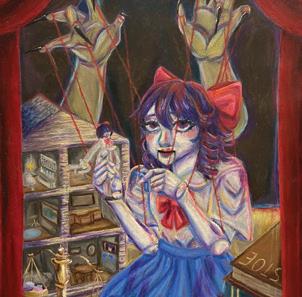
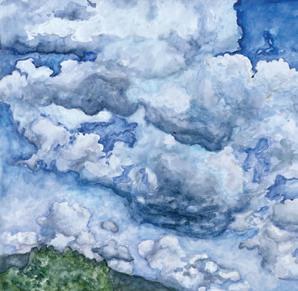


30 Pappy’s Pipe / Madison Nabors / Graphite Drawing
32 Forest Facades / Jackie Rao / Ceramics
CHAPTER 2 DIVIDER
34 Blank Canvas / Hope Gottschling / Fashion & Digital Photography
CHAPTER 2 POETRY
39 Graphite Bodies / Gabriel Carpenter / Free Verse
40 Independence / Abby Carson / Free Verse
45 The End of Palm Springs / Jack Mosrie / Free Verse
49 Beach Hymn / Grace Finn / Free Verse
51 Ghost of the Midwest / Phillip Hullinger / Free Verse
55 White Bows / Dariyah Strachan / Free Verse
59 Fight / Claire Zhang / Free Verse
CHAPTER 2 FICTION
37 Post-Apocalyptic Slow Dances / Samora Elam / Flash Fiction
43 Escape / Griffin Cheatwood / Flash Fiction
46 Stars / Bonner Kelly / Flash Fiction
63 Discovering Happiness / David Vaughn / Flash Fiction
CHAPTER 2 NONFICTION
53 Cobwebs / Christopher Rogers / Memoir
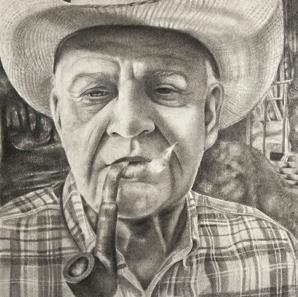
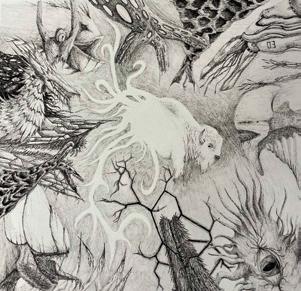

56 The Transformation of the Bitch / Athena Woodward / Definition Essay
61 Never a Box to Check / Payton Desai / Memoir
CHAPTER 2 ART
36 Where the White Buffalo Roams / Mac Fletcher / Pen & Ink on Paper
38 Cosmic Whale Shark / Sadie Weaver / Painting
41 Cake / Lila Connor / Painting
42 Hypnosis / Molly Martin / Colored Pencil on Board
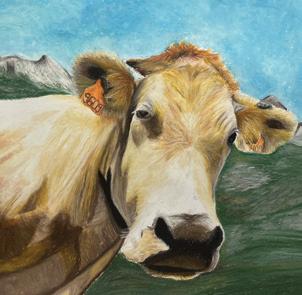

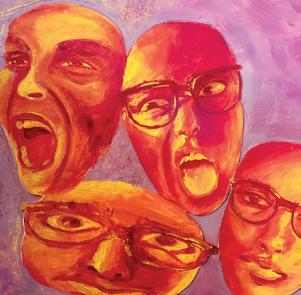


/ Sydney Query
/ Isabel Yang / Oil Painting
/ Leah Tewolde / Oil Painting
Fail / Ellison Dolan / Drawing
Silk Strength / Hope Gottschling / Fashion & Digital Photography
The Search / Evelyn Haggstrom / Flash Fiction
Place des Créatifs / Hope Gottschling / Short Story
to Become a Child Language Broker / Leslie Osorio / Humor
Least Favorite Character / Ellé Collier / Memoir
Jaya Iyer / Memoir



67 Princeton Chapel / Cordelia Kim / Cut Paper
69 Overstimulation / Leif Lanzillotta / Gouache Painting
70 The Connection / Moné Cary / Mixed Media
72 The Evolution of Selfish to Selfless / Addie Barlow / Mixed Media
74 Mzansi (South Africa) / Moné Cary / Oil Pastel
76 Sakti / Anjali Rao / Textile
79 Candy Shop / Jackie Rao / Photography
81
The Gathering / Moné Cary / Acrylic Painting
83 Wonder / Peyton Samii / Oil Pastel
84 Ma Eating Bundt Cake / Isabel Yang / Oil Pastel
87 The Golden Bough / Evan Li / Photography
89 Metaphoric Hue / Cooper Kasimov / Scultpure
91 Fragments / Lydia Berens / Painting
92 Apple Juice / Leif Lanzillotta / Painting
*All chapter and cover art quotations from Mary Oliver’s poem, “Crossing the Swamp.”
“ a poor dry stick given one more chance by the whims of swamp water— "
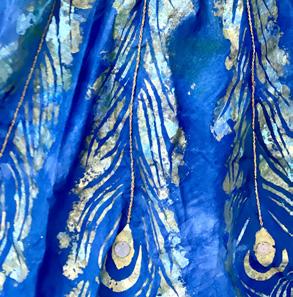
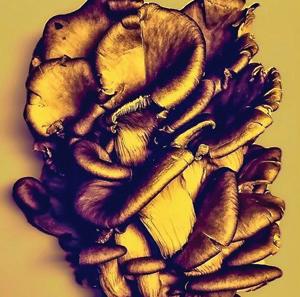
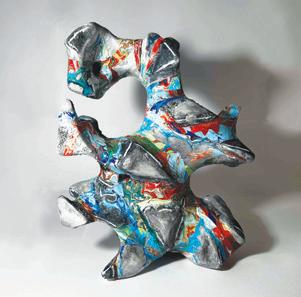
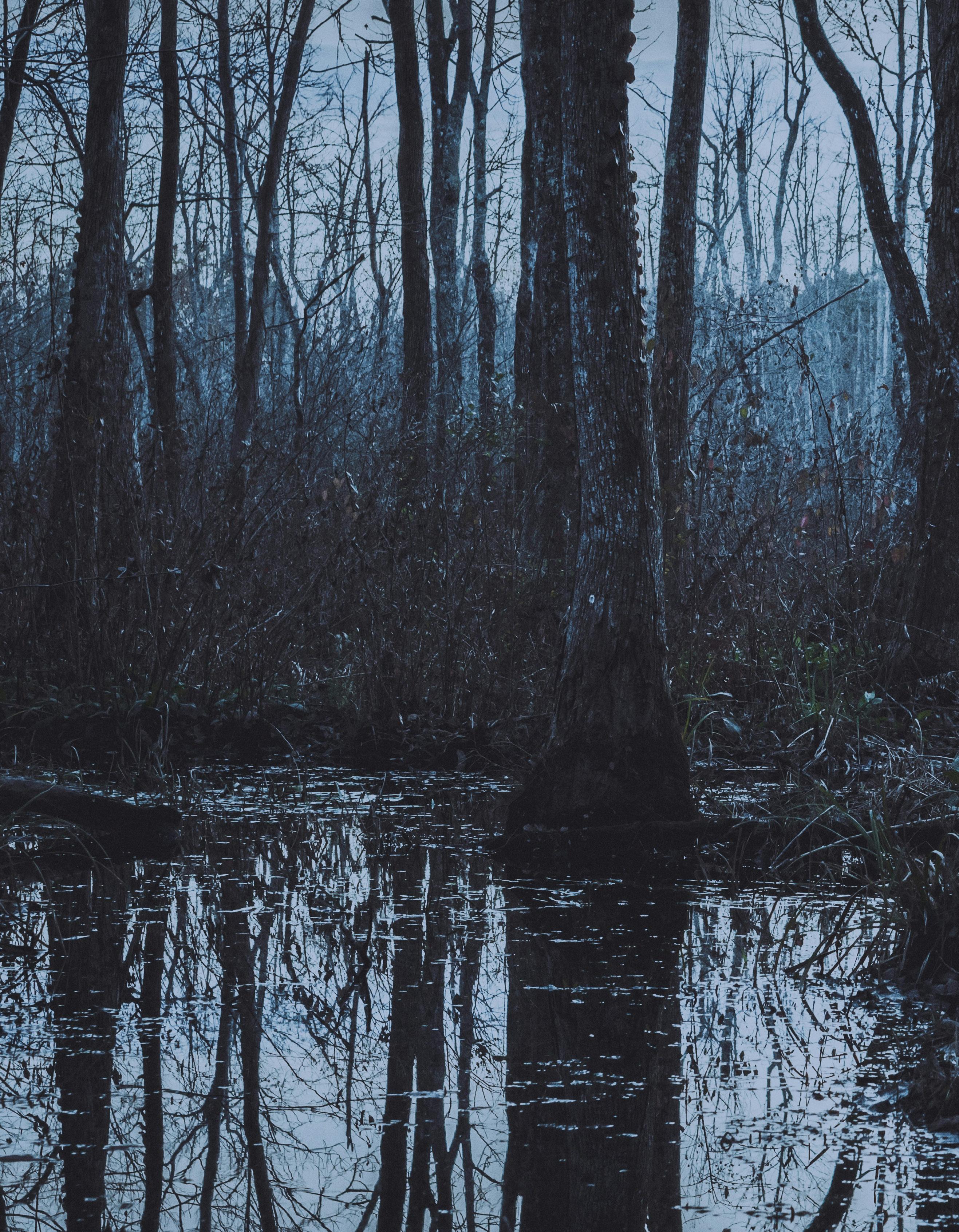
Here is the endless cosmos, the center of everything— wet thick
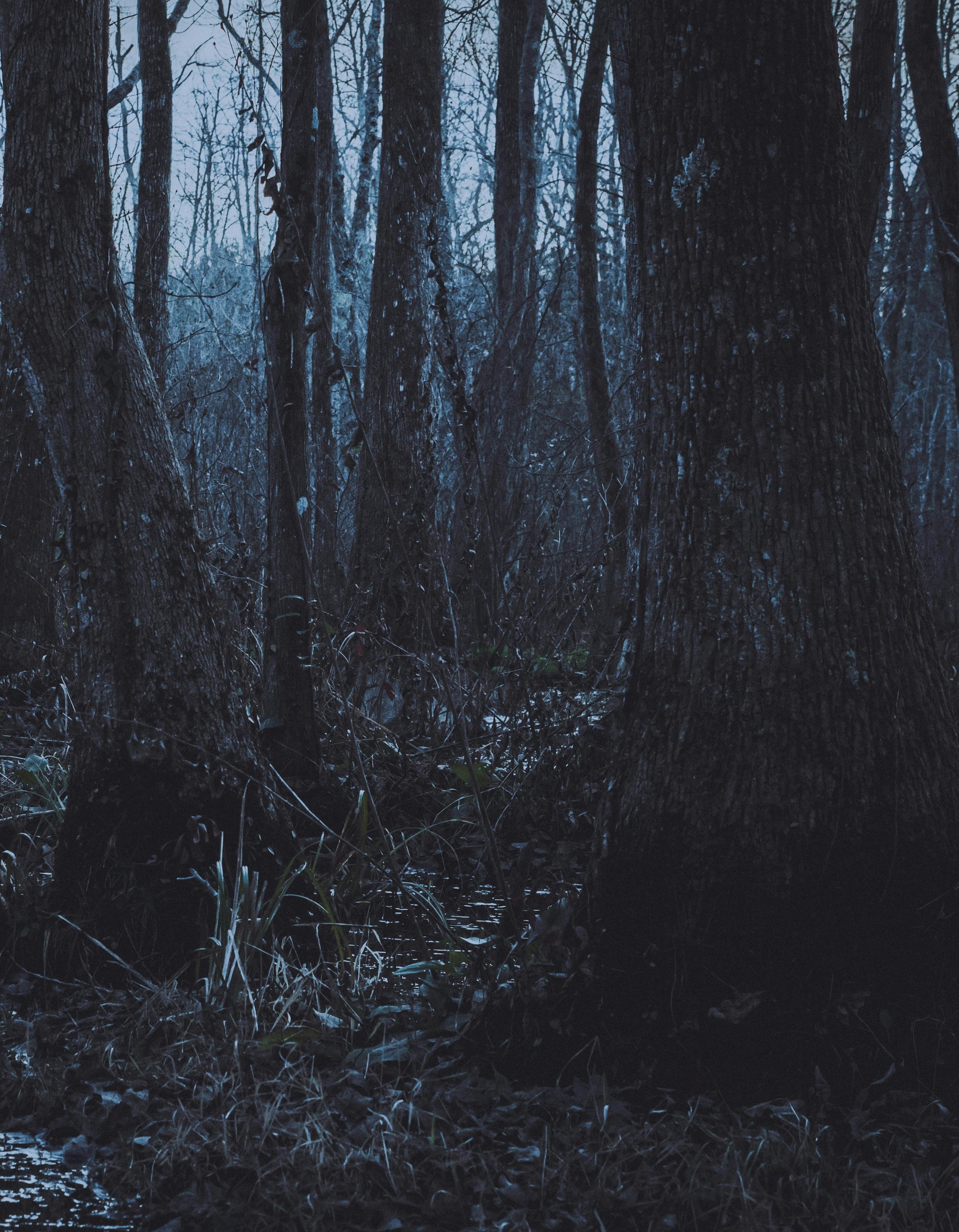
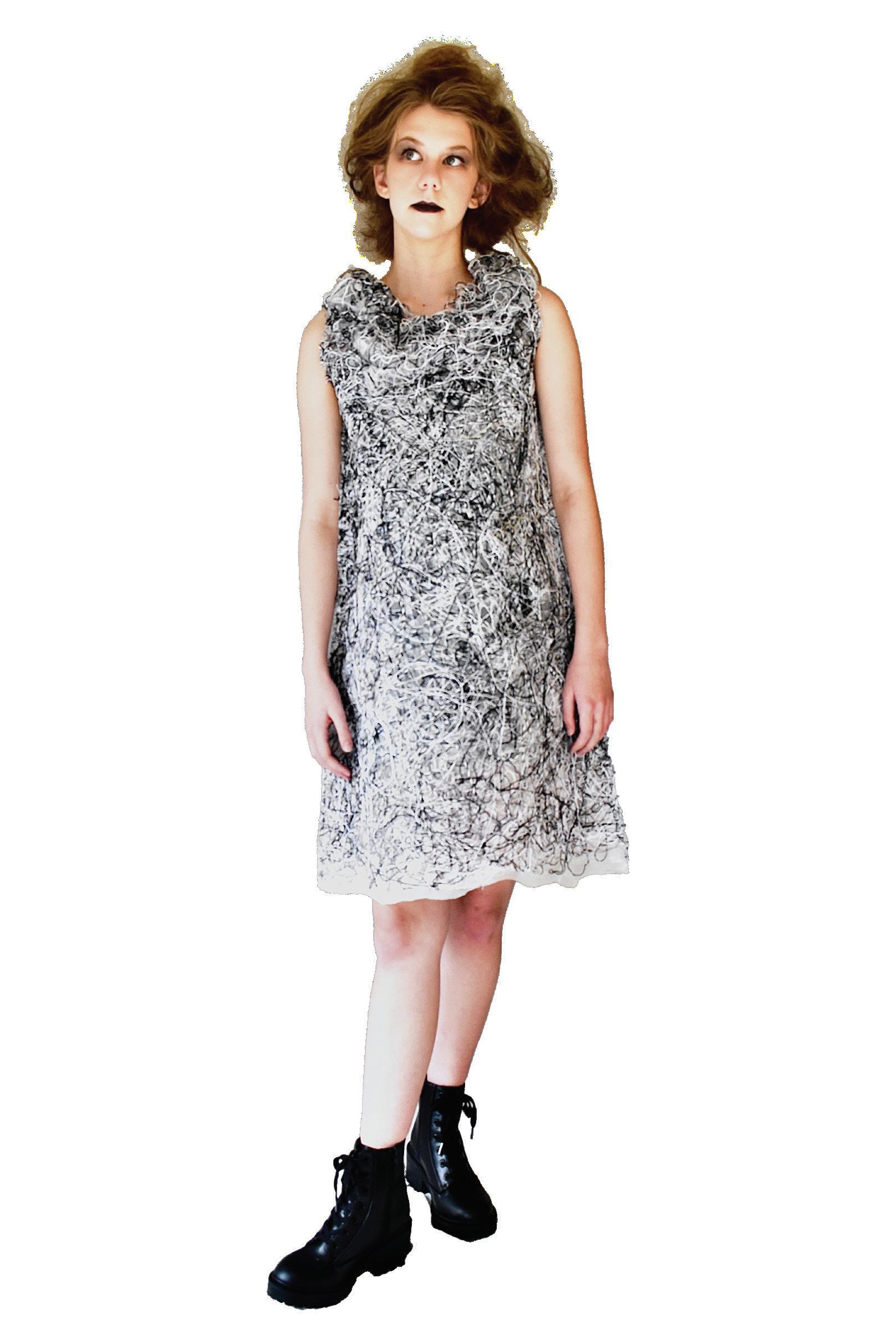
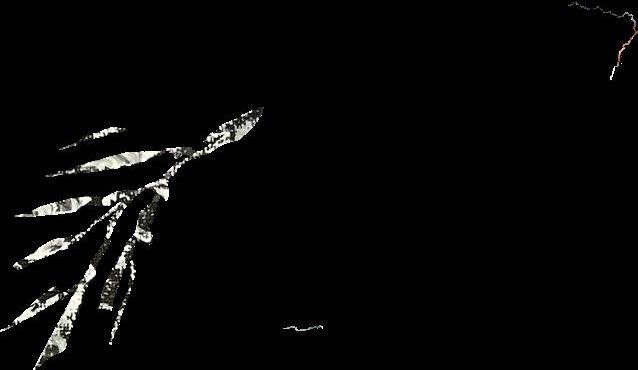 Athena Woodward
Athena Woodward
my mother was born in a burning house with an angry man inside
she stood on the outskirts a fissure between them, close enough to smell his burning flesh too far to put out his flames
my mother was born in a burning house her mother stood and watched as the flames curled up my mother’s legs branding her skin with a mark she will carry forever
she can hold a grudge like it is a hand because all her life, she shouted to a god somewhere, anywhere, that “this isn’t how it’s meant to be” and the stars laughed back, holding her hope by the neck. saying; “but this is how it is”
my mother was born in a burning house when you are born in one, you think the whole world is on fire, even if its not
when i think of my mother, my girlhood rots between my teeth the effect of being raised in a burning house: there will always be a fire inside and if one day you find that he is not there that the fire is gone, well, you will go out and buy matches and invite him back in again
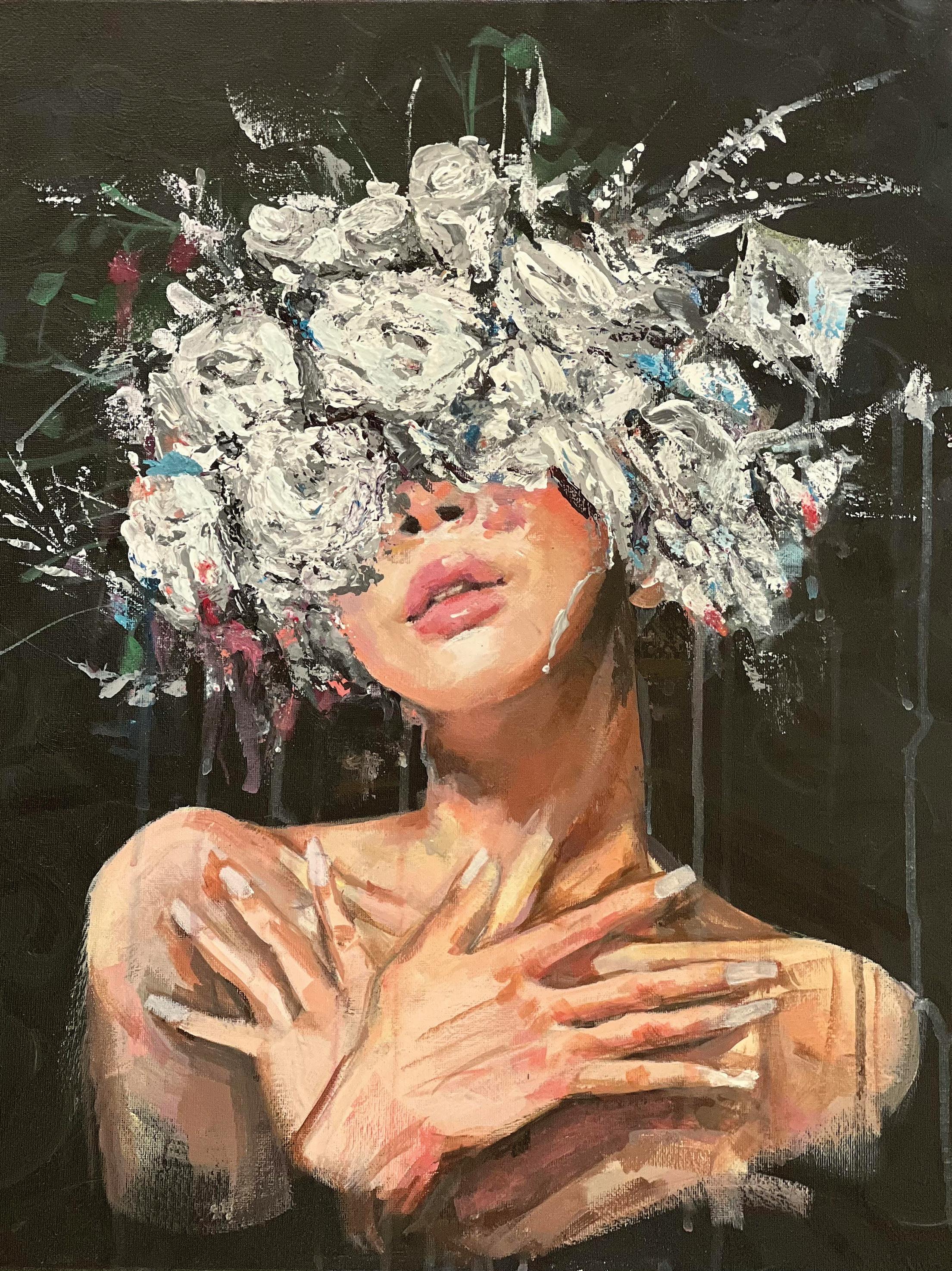

From down the lightless hallway her voice coils around you like tentacles, honey I need you I need you I need you. Crawl out of your haven, slip broken Crocs back on because those glass shards littering the bathroom floor hurt, peer through the doorway and find her sprawled in the tub like you always do.
Her head rests near the faucet and the fourth Tanqueray and the brown paper bag of God knows what, and the rest of her sits limp like a fish, and she stares up gaping at you wide-eyed, tears streaming, like help me honey, won’t you help me.
Closer, you creep closer, and your stomach gives an unpleasant lurch. She’s got those old photographs of you and her and Dad lining the edge of the tub again like some sort of seance, but her fingers have muddied your pale, smiling faces. Help me sweetheart, she whimpers from below. Even closer, and the reek of alcohol and sweat fills your nostrils. Bathwater soaked her striped pajamas through and so did the gin, and her cheeks are red like raw flesh.
You know she’s been scrubbing. She clenches her hands tight in her lap, like she’s trying so hard not to twist the faucet again or to knead the Dove soap bar into her neck again, like it’s taking everything in her and it’s taking her out. And it’s much too late at night for this but you’re manufacturing
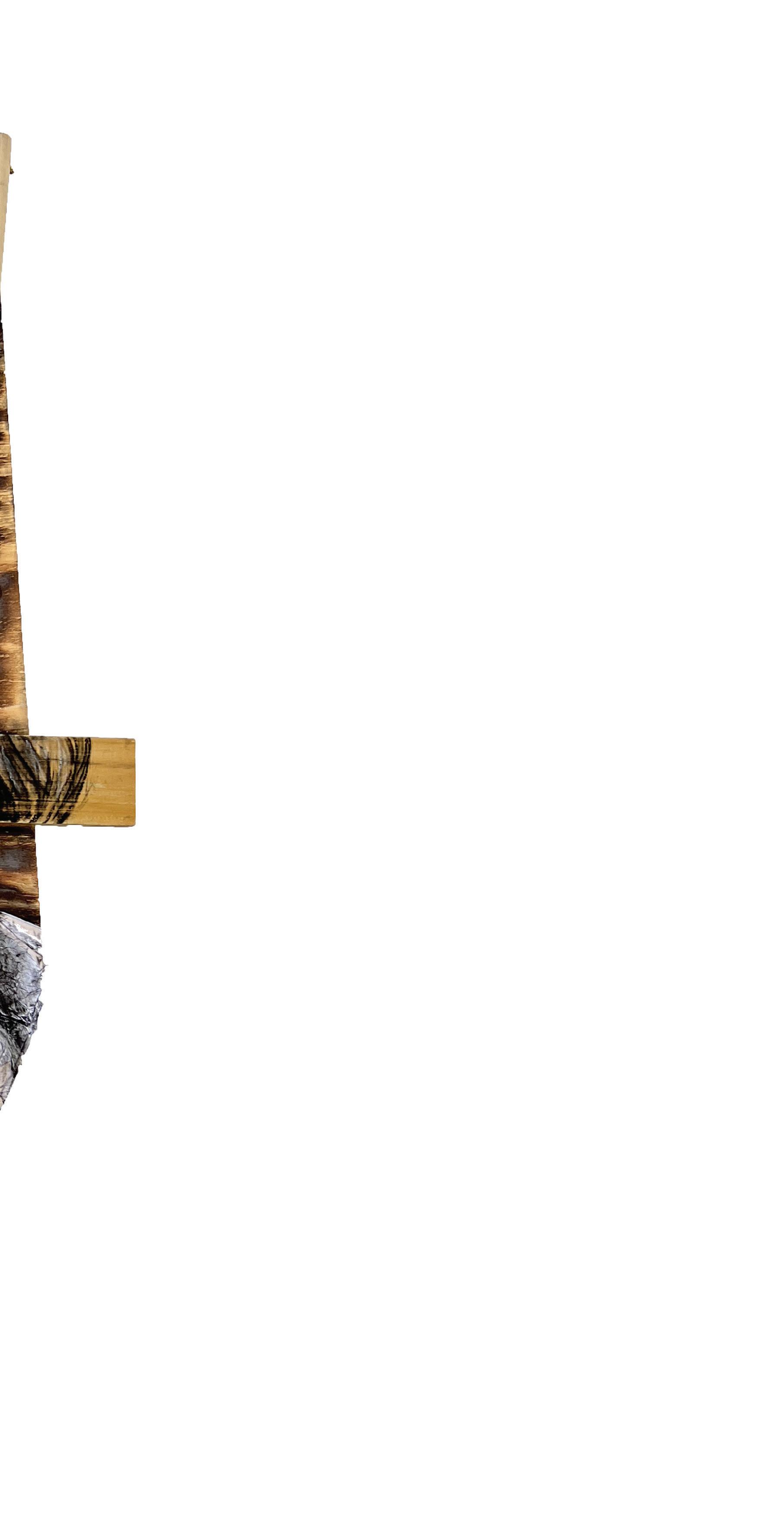
a placid smile, you’re pulling her hands apart, you’re helping her stand and you’re murmuring come Momma, let’s get you clean. And you’re leading her downstairs, pushing the back door open, traipsing the downward slope like you did so many times in your wildest dreams. Overgrown grass is sweeping past your legs like long, dark fingers and she’s staggering along in the back, her breath like decay clinging onto your skin.
Here we are, Momma. Riverbank mud squelches through the holes in your shoes, the water roaring past at your feet like a churning machine. She used to say honey be careful down there, when your minds weren’t both so black, honey it goes real real fast
And she didn’t tell you be careful again, not since bottles and paper bags and scrubbing and scrubbing and scrubbing, and she won’t, and you can’t look at that Godawful bathtub anymore without wanting to claw the leechlike layers of her off your own flesh.
So she stumbles dizzily or maybe you push her and she says this ain’t my tub and a splash rings through the rush of water screaming in your ears, the wails of honey honey honey! dissolving into gurgles, your vision all black but in your mind the undertow carrying a body away, far away from you.
You shiver. The night feels brisker, like you’ve just stepped into an ice-cold bath.
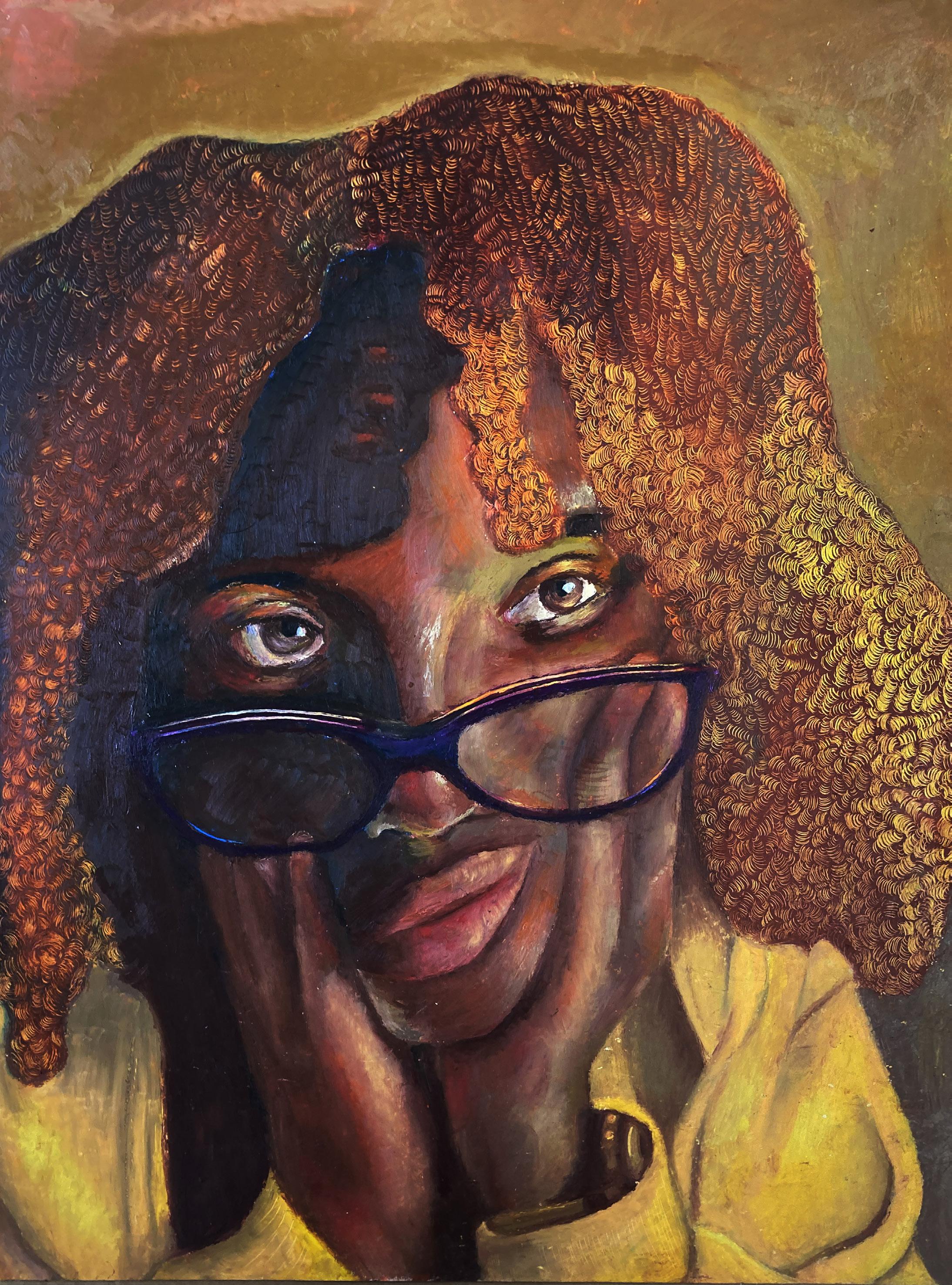

we wandered through a chocolate farm a narrow path in the hot bright rainforest
a chorus of chirping birds [a concert leading us along]
lazily batting away those tiny mosquitoes, peppering us with their bites painting our skin with red stinging sprinkles ~like stars in the sky~
the cacao pods calmly hung from the trees {thick-ribbed-pumpkin-skin, shaped like eggplants}
oh, so quickly plucked cracked open
inside sat beans like *fat* *juicy* *cherries* each one hidden inside a milky white embryo
i was twelve when i took that photo of my mother and sister as they ate the raw fruity pulp sucking on that milky white skin
my sister slyly glanced away from the camera )looking at something i forget( holding a bean to her puckered lips, just passing the entrance to her mouth
to the right joyously stood my mother clasping the cacao pod, reaching in (eagerly) for more
i was not in the picture
but i noticed my reflection in the blue sunglass lenses of my mother shaded by her hat
a hundred tones of green created a sYmphonY of color in the background
my mother’s smile now g o n e
<like the sun on a foggy winter’s day>
i’ll always remember those cacao beans with their vivid color —a chameleon’s skin—
but i can’t remember the taste
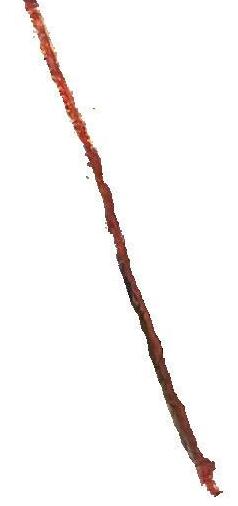
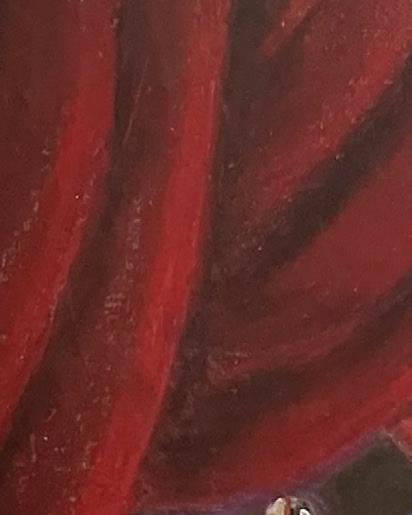
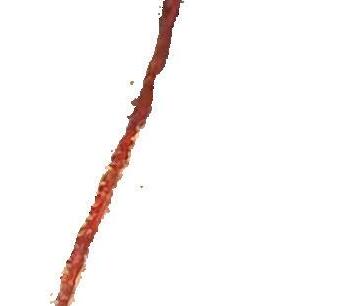
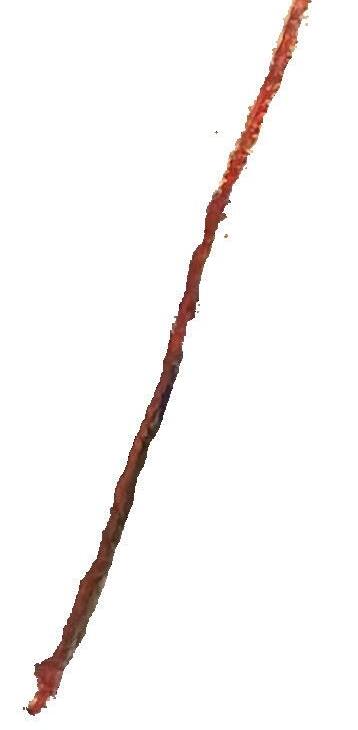
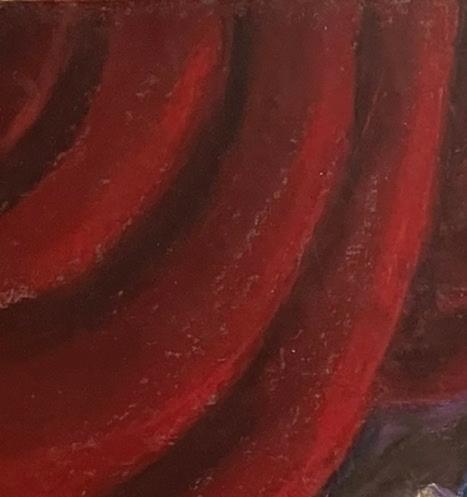
Rumors around town were hastily spread about the castigated wife of the robust Sir Fenwick. Have you ever seen the woman? She’s barely fit to be his wife with her frail stature, especially her feeble shoulders. How is she supposed to carry the weight of the town on her shoulders?
Sir Fenwick bought his wife a gown with the most extravagant puff sleeves the next morning, the puffs making the slight dip in her waist look drastic. Yet he took it upon himself to purchase her a corset two sizes too small.
Think of the rumors, darling, was his response when Madame Fenwick pleaded for air with tearstained cheeks.
“THINK of the RUMORS, darling.”
The rumors persisted despite that. They were hastily spread with palm-covered lips, with the urge to see flames ignite across the placid winter wonderland that was the Fenwick’s public life. The townspeople yearned to see the lengths Sir Fenwick would go to mold his wife into the circus act he desired. Ears opened wider than one thought was possible, dying to hear the hushed whispers between the couple. The domineer would scold his wife with a furrowed brow, embarrassed by her blatant defiance of his tricks. Think of the rumors, darling. If you defy me, what will that do to our reputation?
He would drone on for hours about “their” reputation. While he plastered on a bewitching smile to the other misogynistic men of the town, Madame Fenwick’s organs would compress, her frail back buckling under the weight of the cold pearls and diamonds that adorned her body.
When Sir Fenwick would occasionally release the pearl shackles from his wife’s neck, she would journey into a back alley of the town square. 1, 2,

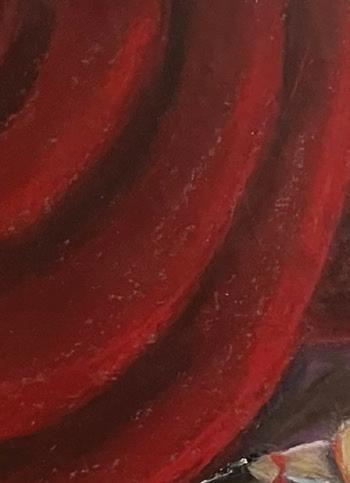 Samora Elam
Samora Elam
3…215 steps. Follow the fragrance of cigarettes ‘till you reach the flaking taupe walls.
Once she reached the alley, she would greet Madame Fenwick with a turn of her heel.
When Madame Fenwick was around her husband, her mouth would stay slack. Do not frown at men; it is impolite. Do not smile at men; you are being flirtatious. When she was around Madame Fenwick, Madame Fenwick’s lips would curl into a foreign smile, a pink hue reaching her cheeks like an electric current. She would envelop her in a tender embrace, while Sir Fenwick’s hands would strike the malleable flesh of his wife’ cheek whenever she defied his tricks.
After an hour, Madame Fenwick would flee back to her golden-barred tent, telling stories to her ring-leader of her “amicable” outing with “friends.” Her husband would stroke her flushed cheek, the adoration in his eyes disintegrating into pure animosity in mere moments.
A smudge of deep red lipstick laid on her throat where her shackles were designated to be.
Glass would shatter. Screams and cries would echo off of the cold, lavish walls of the den. The peering neighbors’ steps would come to a halt as everything went pin-drop silent. Sir Fenwick would fall to his knees. Eyes wide and mouth agape. His circus act would collapse, the numerous glass shards surrounding the crown of her head like a headdress of heaven. Madame Fenwick’s mouth would curl into a smile, her last actions defying the rules her husband had enforced upon her. Her paralyzed mind would project its final image into her eyes: a feminine silhouette with a carmine red blouse and petticoat, a slender hand outstretched towards her. She would die smiling.
Think of the rumors.
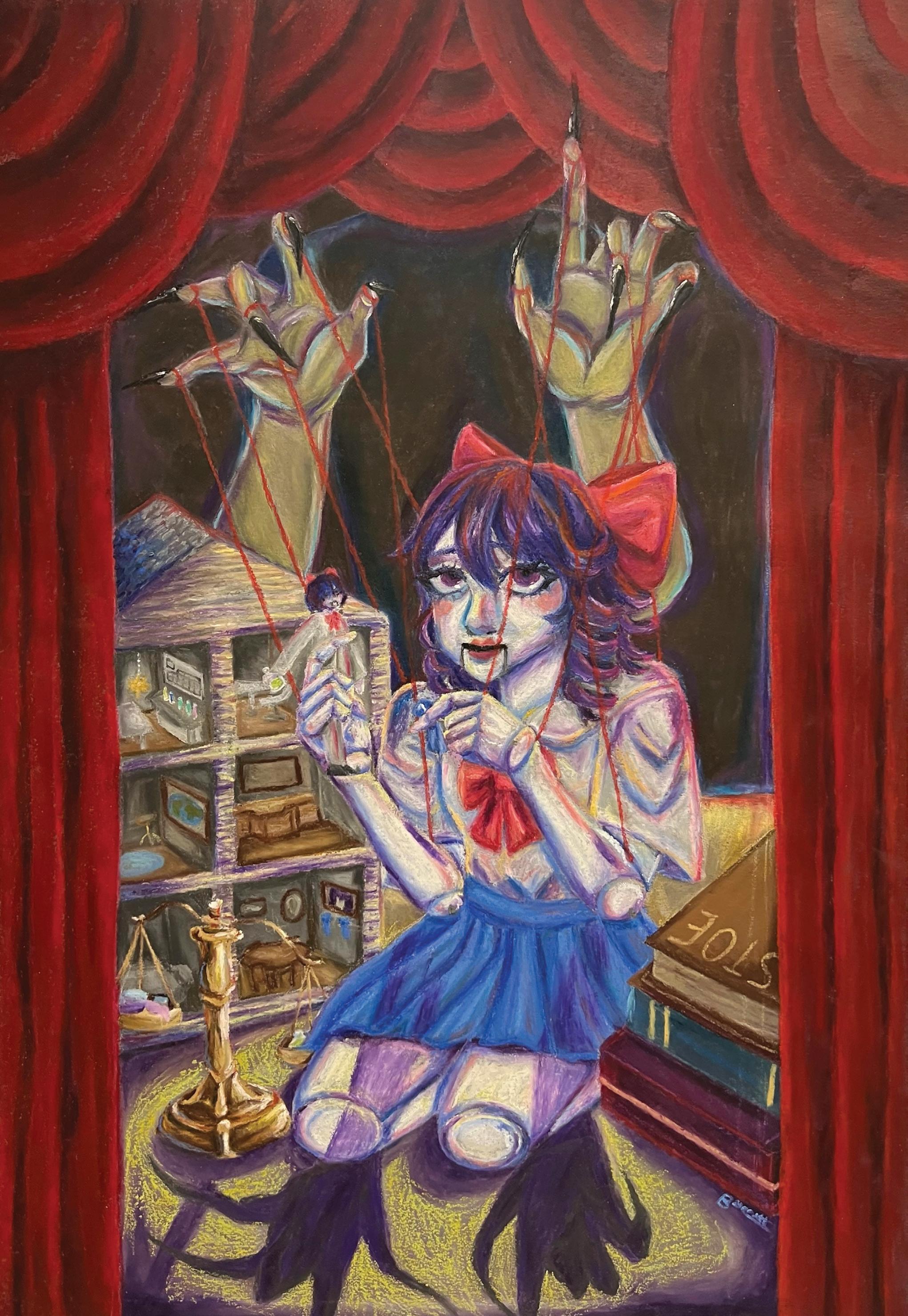
 18 Falling Girl | Emma Grace Coble | 24x18 | Oil Pastel on Paper
18 Falling Girl | Emma Grace Coble | 24x18 | Oil Pastel on Paper
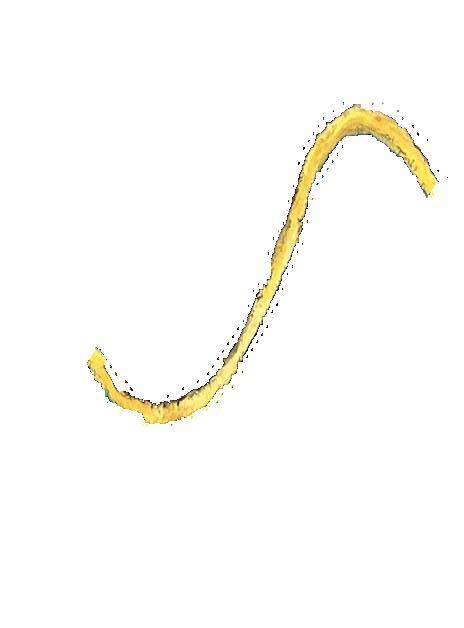

 Hannah Hurden
Hannah Hurden
The gentle lapping of the water at my ankles. Complete and total bliss.
In the distance, peaks of white Creeping closer and closer, as my chest gets tight. Clouds of black and gray Sweep overhead, and darken the bay.
Closer and closer the wave comes The all too familiar feeling grasps me, numb
The wave builds as it approaches the shore, My breath starts to quicken, lungs not working anymore
Closer and closer the wave comes As my heartbeat continues to drum.
Closer and closer the wave comes Hands shaking Heart pounding
The feeling of sinking Down. Down. Down.
The wave crests before it hits me
Am I going to drown?
Unable to think Completely consumed I try to breathe, but nothing comes. Am I done?
And just like that, the wave passes. The clouds part. And I am back on the beach, Sun warm against my skin. But on the horizon, Another wave comes, And all I feel is numb
There is no escape.
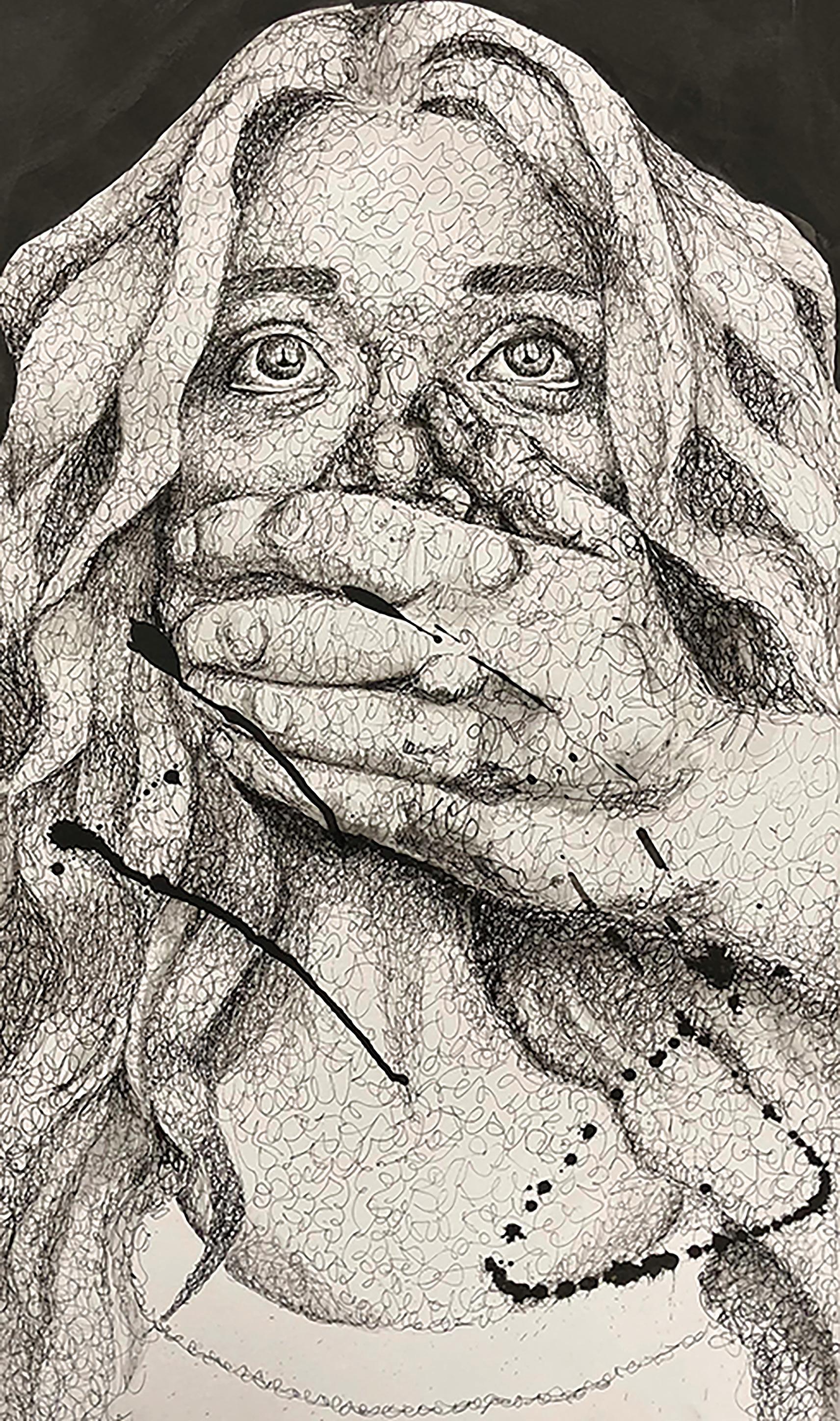
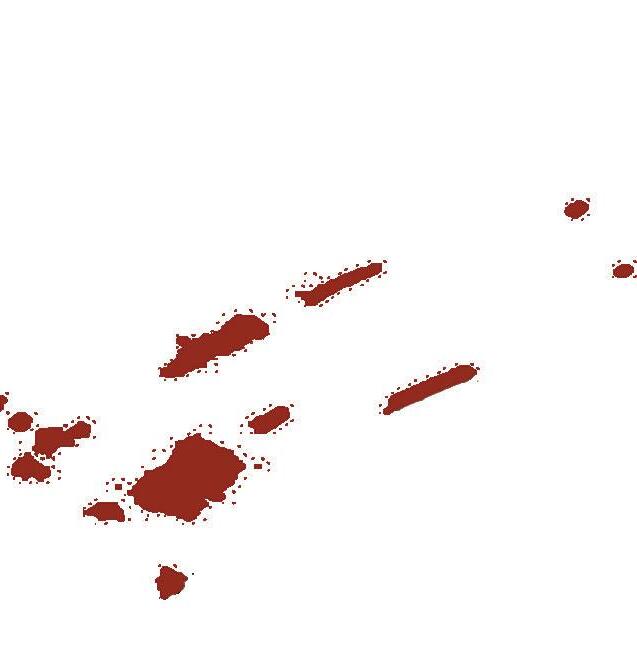
The smell of nutmeg fills the air, sweeping lazily through the golden trees. Dusk is upon us, as the glow of the jack-o’-lanterns grow warmer and warmer. I smile with my friends while we walk around town, peering in the frosted windows of boutiques and cafés. The sky above grows darker, but the tinkering of a candlemaker pulls us in.

friend scolds. I roll my eyes, dreading the mysterious burden now placed upon me and consequently, my friends. They see the note, gawking at every syllable. In unison, we throw on our coats, running into the night despite the perils imminently lying ahead.
A petite old man greets us warmly and ushers us inside. Oddly inviting, the nature of his artisan shop sits so picturesque it is unsettling. With a great appreciation for a fall candle, I buy a seasonal scent to add to my robust collection.

With the night wrapping up, my friends and I pile into my car to return home and have a cozy sleepover on this fine fall night. I immediately light my new candle, and we settle down to watch our favorite Halloween movie, “Halloween.” After the movie wraps up, I go to blow out the candle. Upon leaning over the soft, smoky flame, I notice a note emerging from the melted wax. It reads: Send help. Hurry fast and come to 13 Pine St. armed and accompanied by a group. Don’t alert authorities.
I finish reading and put the note down shakily. “I told you not to breathe in the smoke after you blew the candle out,” my
We run against the wind to 13 Pine Street, only a few blocks north of my house. Merely guided by the silver moonlight, we arrive at a cottage. Amid the darkness, the billowing smoke from the chimney dances wildly in the October wind. One friend, braver than the rest, knocks on the splintered door, but it creeks open on its own. With a shrug, she enters the house. Screams.
We rush to her side to see people gagged and bound while the petite old man from the candle shop stirs a vat of goop with a sinister smile. He has a list with different phrases, roughly two or three sentences in length. He quickly scrawls them onto tattered strips then places them at the bottom of antique mason jars before pouring in a chunky mixture. Immediately we knew why my candle had such a strange undertone masked by a faint sprinkling of nutmeg.
Nutmeg, the kind that sweeps lazily through golden trees.
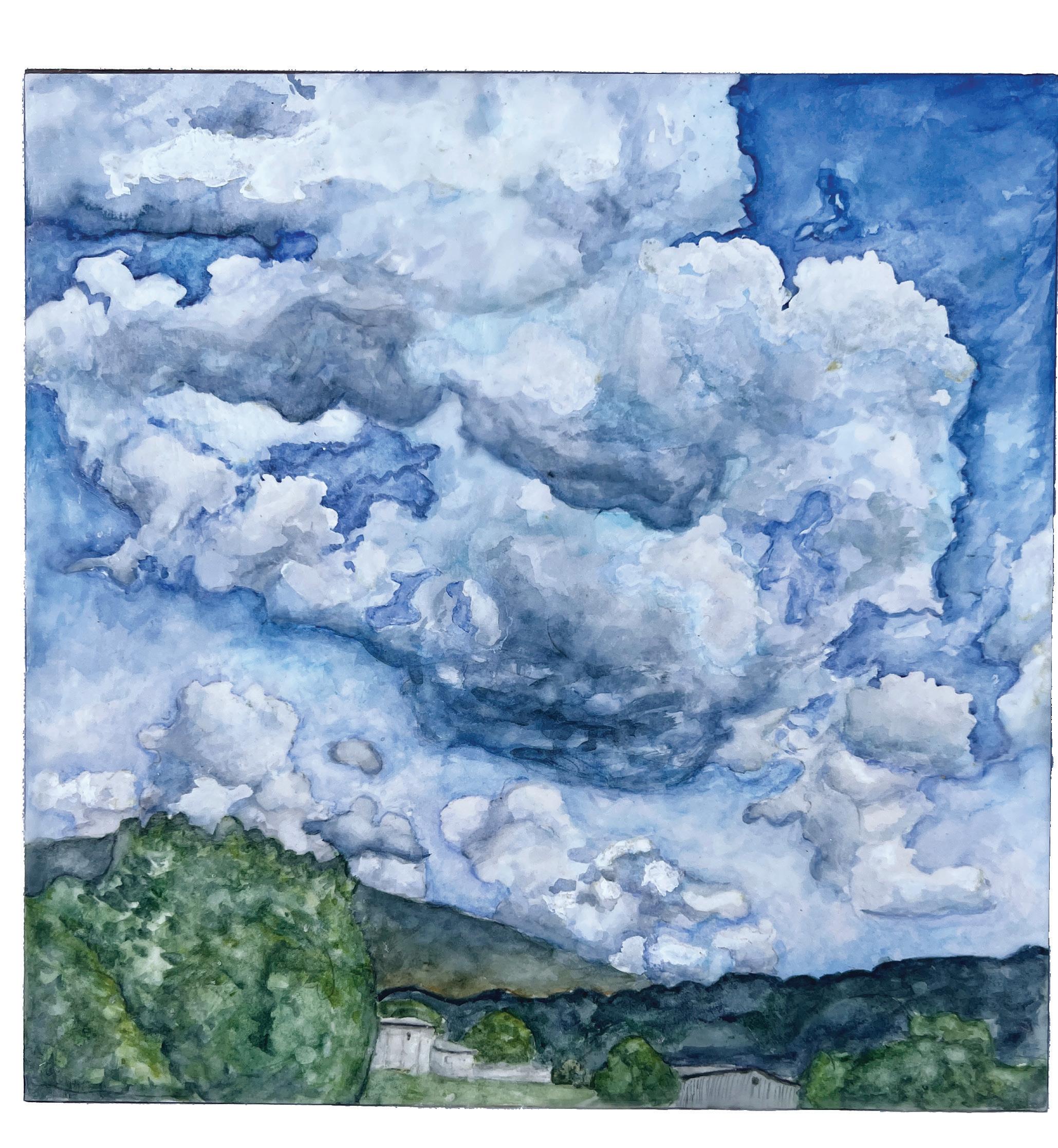

Didn’t Ballantyne used to be a hunting tract in southern Charlotte owned by a Jimmy Harris who eventually sold it all away
Didn’t this land overflow with wildlife with plentiful trees with thick stumps Didn’t this used to be true
But didn’t a new gleaming black asphalt trail slice through the now skeletal forest Didn’t this slice separate the forest
Didn’t the trees get cut for an evening walk slashed for property value chopped for greed Didn’t these trees die for Crescent Communities LLC
Didn’t the trees on the left get deserted Didn’t the trees on the right die die for stacks of dark clay to take their place
Didn’t men call their collection of bricks home while the trees roots remained underground Didn’t the trees on the left get colonized
by the kids from the cul-de-sac Didn’t the kids use the mutilated branches to build homes Didn’t the kids establish a village
with sticks as swords and rocks as racks of cash with a governing council with enjoyment for nature But didn’t the kids harm the forest
Didn’t this land thrive but didn’t these trees die
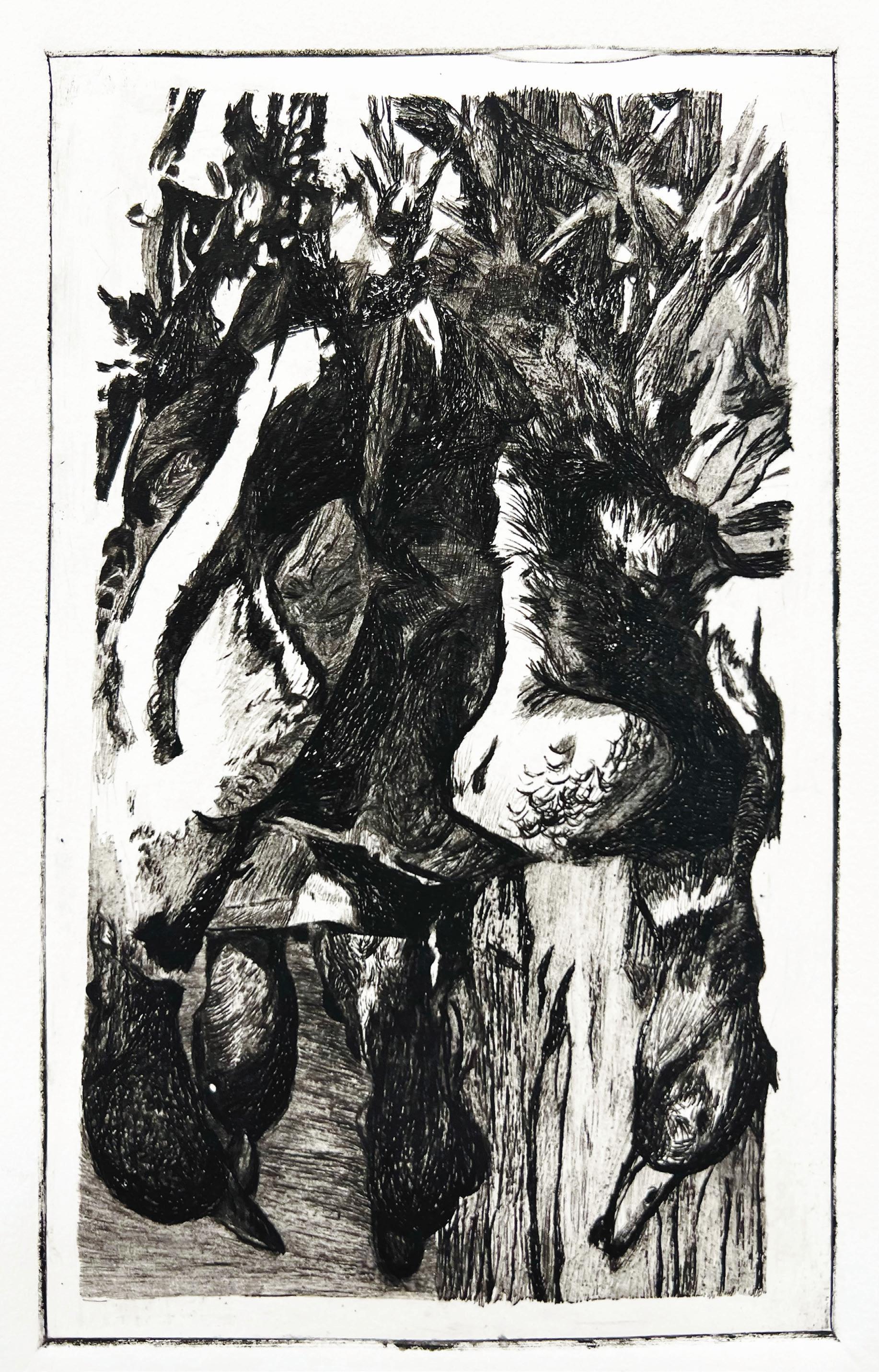
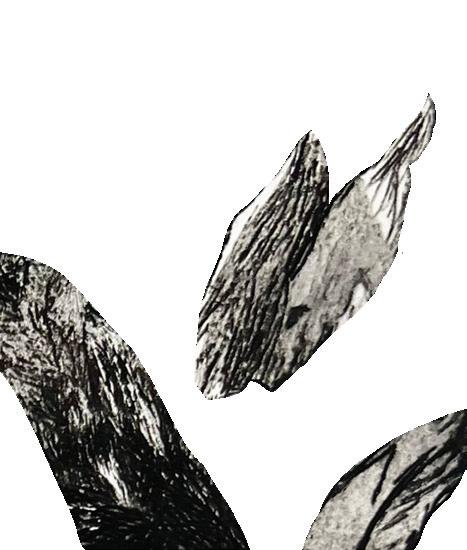
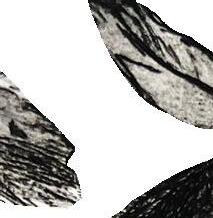
She lie on a bed of withered, sepia autumn leaves. Like ancient books, the half-barren trees surrounding her held the long-forgotten secrets of the dead; the yellowed pages gently rustled by the wind’s ghostly murmurs. She thought of the girls at school who enviously whispered to each other when she passed by. Comparing her to a Disney princess, they prattled on and on, ignorant of her awareness of each acidic word, resentful of her beauty.
However, dear reader, those girls spoke truths, for she indeed possessed Cinderella’s lustrous, gold-spun hair and a love for knowledge matching none other than Belle’s. Bottomless eyes with the warmth of Arabica coffee, like Jasmine’s, glinted amber flecks in the warm sun. She wore Snow White’s sweet, innocent smile, and, like Ariel, she never failed to aid anyone in need. Nevertheless, a villain plagues every princess, and she certainly was deemed no exception to a wicked fate.
Her arms were her canvas, a painting she could never bring herself to finish. Her ivory cardigan concealed the faded cotton-candy-colored lines that snaked around like ivy. She hated her ebony
hair, hence she dyed her locks a glossy, honeyblonde in a futile attempt to erase the dark features mirroring the shadows of her mind. No matter what she did, she could never break herself free from the iron chains that held her soul captive.
She opened her hollow eyes to a washed-out sky filled with flat, ashy clouds. She felt a warm hand brush her cold one. To her right lay a boy who smelled of warm cinnamon rolls. He was like a thick, wool-knit blanket protecting her from the icy world. He gently pushed back the worn sleeve of her cardigan, revealing her skeletal arm. Softly with his finger, he traced a star around each jagged mark.
She turned her ocean-filled eyes to the chalky sky splintering apart, the earth’s tears washing away her own. Ponder, dear reader, the unspoken matter that truly bound her with the princesses she resembled so well. Just the slightest part of her lips betrayed her faint words: Happy birthday, Momma.
Nobody answered but the ghostly howls of the cemetery winds.
Taco Tuesday.
At seven years old, I covet this weekly holiday. I can’t imagine anything better than paper napkins and heaping plates of greasy tacos.
As I devour my impressive plate of food, my mother pokes the small of my back, reminding me to sit up straight. I make a face and shoo off her hand like I am allergic.
My fourteen-year-old older brother, James, gets a phone call and, making a face of annoyance at the contact name, excuses himself.
“You have a fork for a reason, you know.”
I stop trying to scrape the rest of the rice into my open palm and heave a sigh of disappointment.
“Mom.”
The sound comes from my brother standing in the doorway, and yet he is not my brother. His face is pale. He grips the phone in his shaking, outstretched hand. I’m confused.
Who is this haunted stranger in my house?
I have never seen my brother cry, so I know this cannot be him. My mother snatches the phone and retreats to the living room.
I decide that tonight is strange, but that it can be remedied with another taco. Just as I get up to get another, I hear a piercing scream.
My father shouts a question, his slippers pounding against the hardwood floor as he runs into the living room. His shoulder bumps
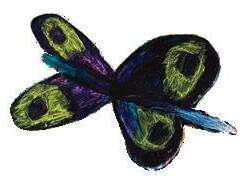
into me, and my plate shatters to the floor. Stunned, I try to peek into the next room, my stubby fingers shaking as they grip the edge of the door. Rising from his spot at the table, my closest brother, Nathaniel, tenderly puts a hand on my shoulder and eases me away from the scene before me, my mother in a shaking heap on the carpeted floor, screaming as if she is being ripped apart.
Tomorrow I will learn that my mother’s best friend has committed suicide, leaving behind two children that are as close to me as siblings. Not tonight. My brother gently led me away from the door, shutting it gingerly and turning toward me. His eyebrows furrowed together, an indescribable look coming over his twelve-year-old face. I am sitting on the hardwood floor, trying through watery eyes to count every piece of dog hair I can see.
Nathaniel kneels down in front of me and takes my hand in his, whispering, “Come on, I’ll get you another taco.”
We eat together at our large mahogany table, opposite each other, and say everything while saying nothing at all.
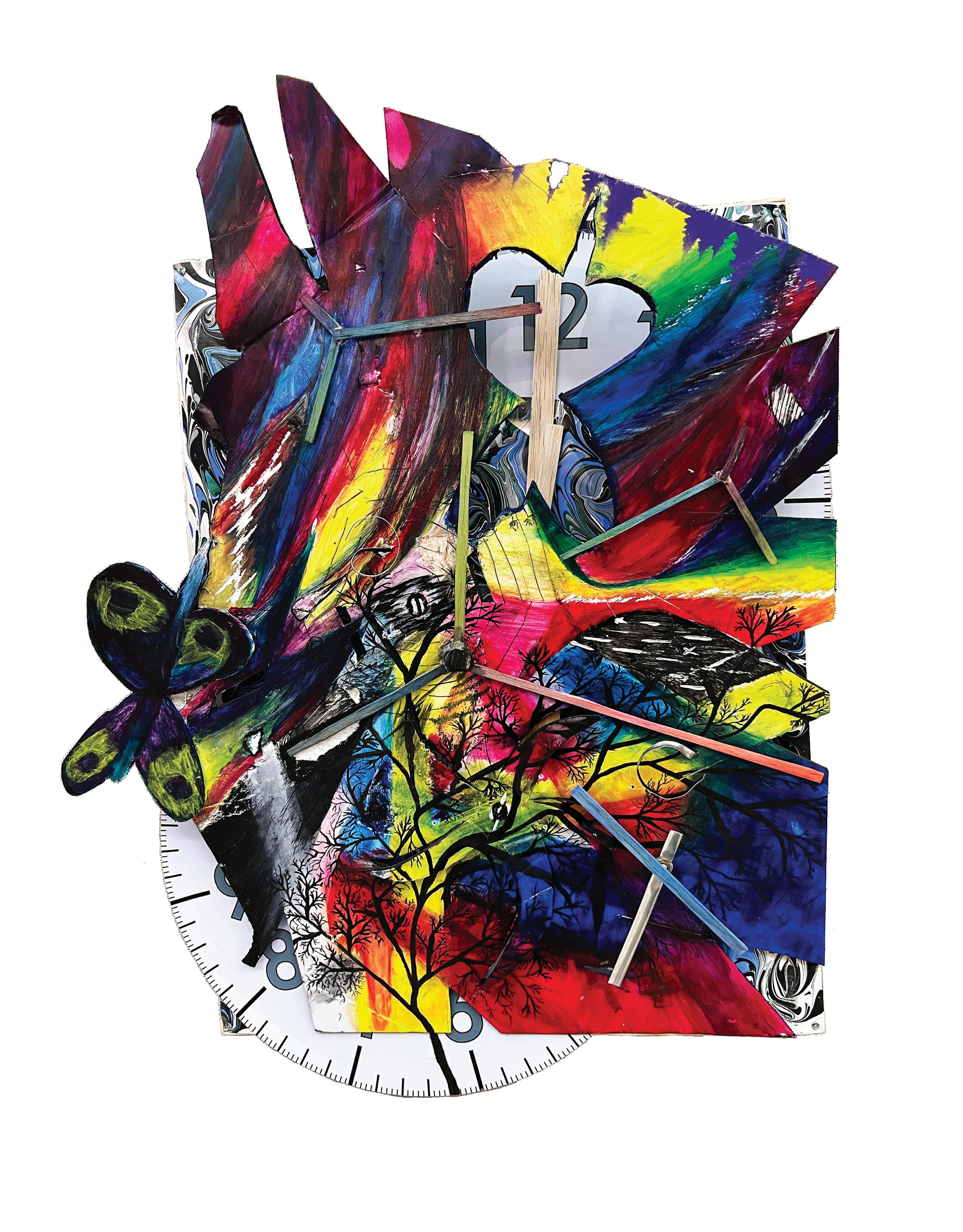
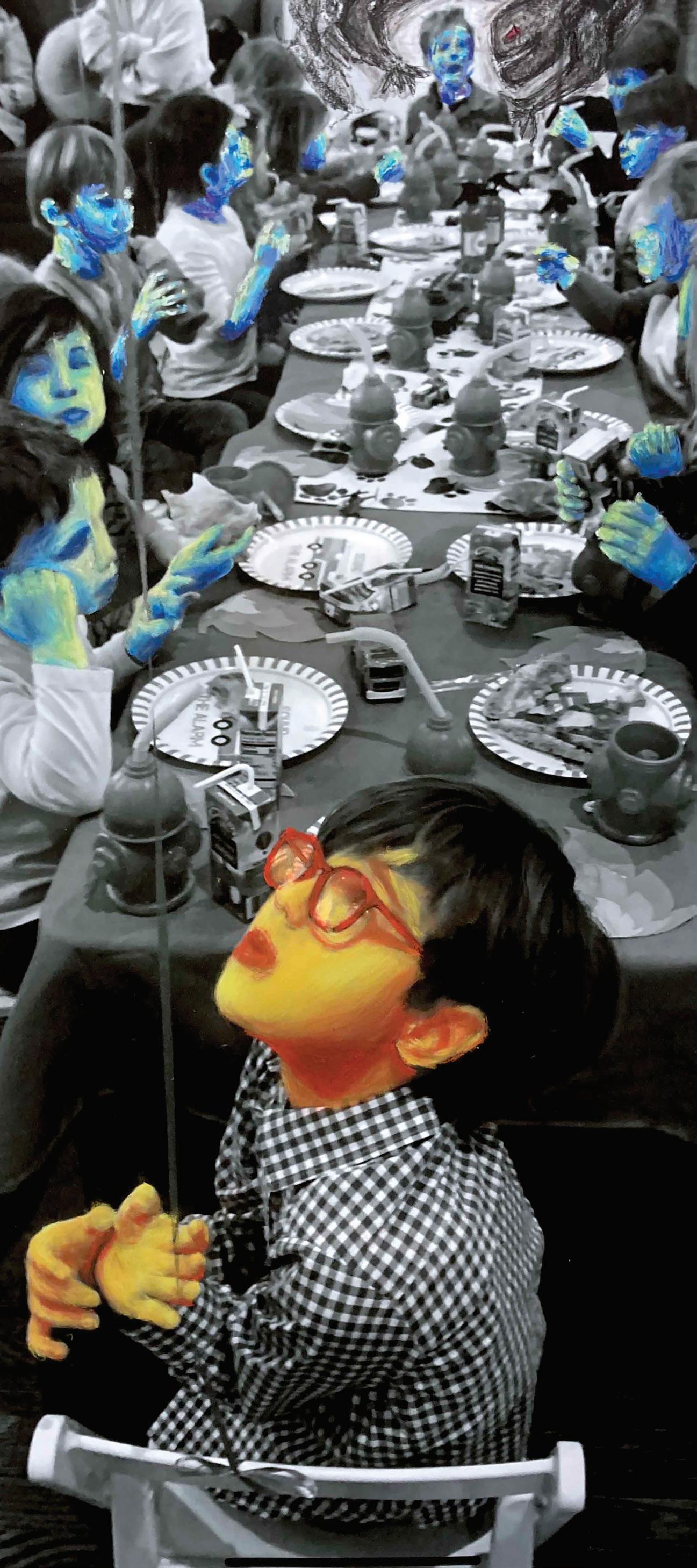
The smoke from the Western Front blinds me, it blinds me of the lively pastures of my childhood.
The deafening explosion I observe the ghostly echoing blast.
I turn around and watch as a copper bullet sears, through the sky towards me.
I smell the fiery scent of gunpowder as the bullet burns piercing my arm, as I pray, losing my connection to God.
A faint echo, a voice one with the gloomy winds of the crying endless night.
I crawl through the red painted mud, seeing my childhood drowning, gasping
It calls to me, I must look away, I look up to see something different.
A butterfly emerges from the pale sky beyond what is now red as a field of poppies.
A faceless soldier pours water from hell toward us. We duck in the pit where the cold barren bodies pile.
The butterfly slowly burns, the blaze making all color die.
It turns to ash, falling into the graveyard of my brothers in arms
Out of the ashes manifests a woeful moth, returning to what once was a vast meadow.



A pair of muddy Tuffs lay flat on the ground beside a homemade wooden bird feeder that’s swaying slowly above a tattered hammock.
A bottle of scotch burns the nostrils next to the signature Remington above the fireplace, while a CD spins Greatest Hits.
A house once filled with memories of laughter and joy now filled with melancholy reminders of cancer and sorrow. The sound of Lovett ignites the fire in my brain, a vivid flurry of memories fall like atomic ash in my dreams. The ash creates a vision of a man I was so familiar with months ago, who now seems more distant than ever before.
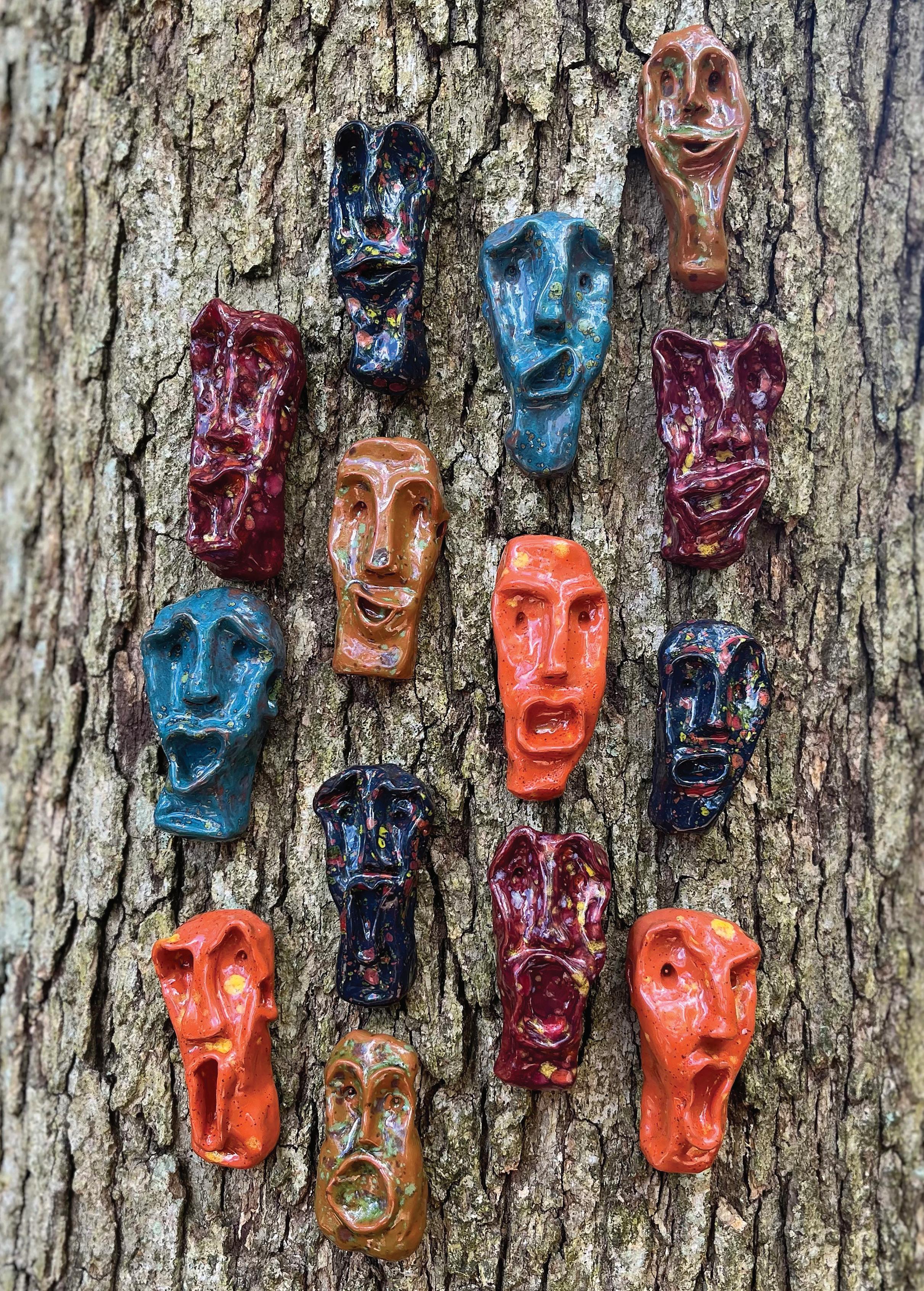
The fractures of my identity are so intricately torn between black and white. In its simplicity, this type of separation is the visual manifestation of my conflict— serving as a question of who I am. Who am I? What attributes are necessary to my identity, and which are a mere reflection of others’ desires?
Ismael Nery’s “Us” captures the essence of a split persona, capturing two clashing sides, represented by the combination of all colors, white, and the absence of it, black. With four profiles in total, two facing forward and two facing the left and right, Nery portrays the simplistic, yet vexing state of conflict, mirroring my internal struggle with my cultural identity.
When I was young, my primary languages were Mandarin and a local dialect from my parents’ hometown— these would be the only languages my parents would use within the household. However, when I reached pre-school and primary school, I quickly found that the educational environment had much to say about my “limited language abilities.” Despite never actually living in China, my parents described my experience—me shifting from my traditional Chinese household to that of an American preschool—as a culture shock. At school, I was expected to speak English at all times, even when communicating with my other friends who preferred Chinese. The ways we ate lunch at school were different. The activities we did at school were different. Of course, we lived the American way, which emphasized
individualism and open opinions. Soon enough, I realized that this discrepancy wasn’t just a feeling of alienation but a choice, asking me to pick between two sides.
When forced with the option of embracing American vs. Chinese culture, I ultimately “chose American.” And being American, to me, meant subconsciously abandoning my roots and eventually losing aspects of my younger self. I lost all of my Chinese, and despite my parents’ efforts to rebuild it, I failed to make permanent progress. Each class, each dictation, and each test felt like a memory exercise, absent of passion or incentive. It was only after four or five years of trying that I realized I was driven by the grades and the minimal praise I got, not by the language itself.
I still struggle to piece together parts of my identity because I worry that I’ll be forced to one side and fail to be accepted by the other. These crossroads often leave me wondering: Would I choose to be accepted by my school peers if that meant drifting away from my relatives? And would I pursue my Chinese culture if it meant being deemed foreign by others?
While trying to assimilate into American society, I ultimately forgot what defined my identity. My culture was neither a strict ratio, like 70% American vs. 30% Chinese, nor a set of strict requirements to fulfill; rather, it was a blend, a window into two cultures, two perspectives.
And the best part? It isn’t black-and-white, but rather a shade of gray.
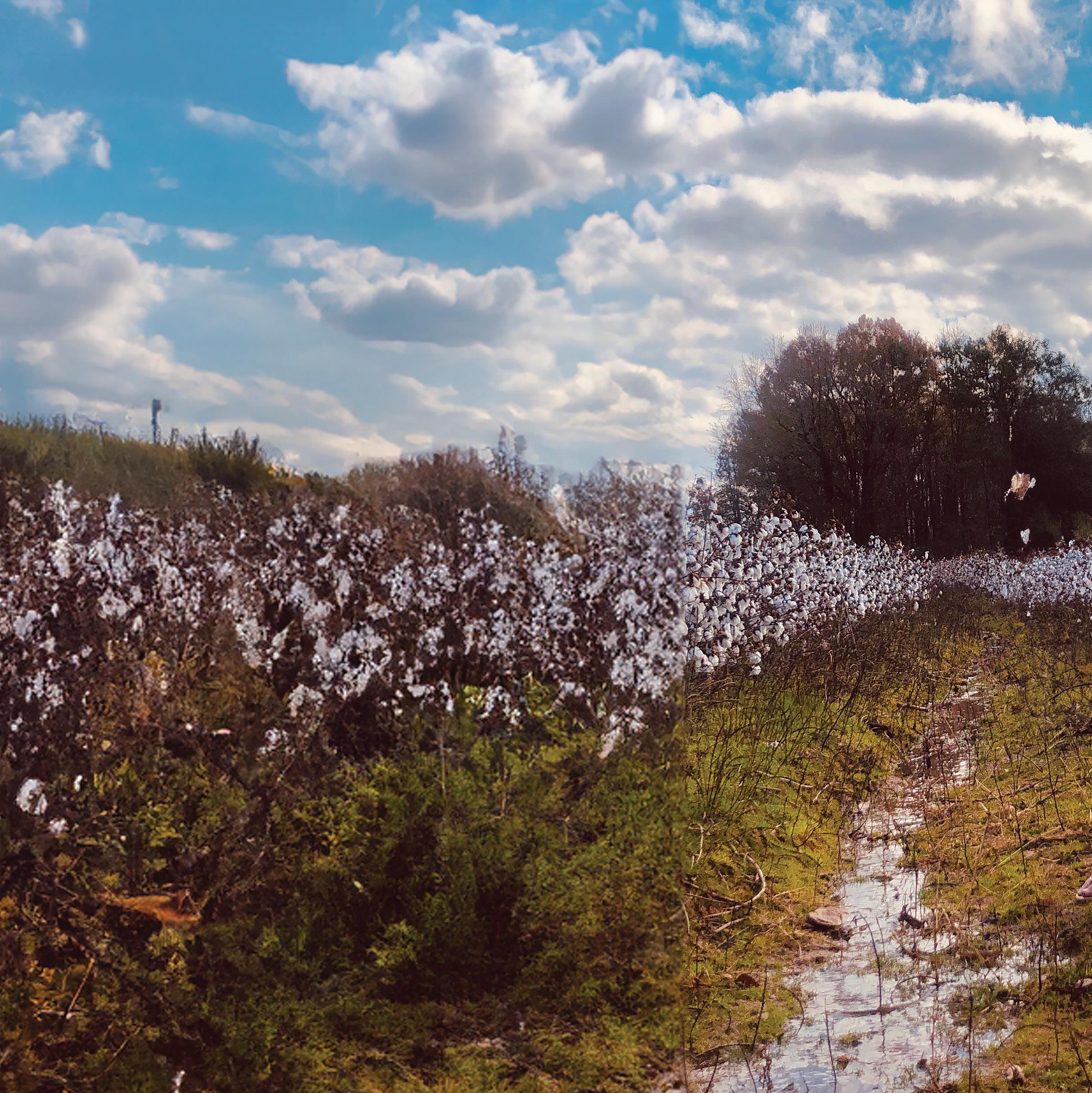
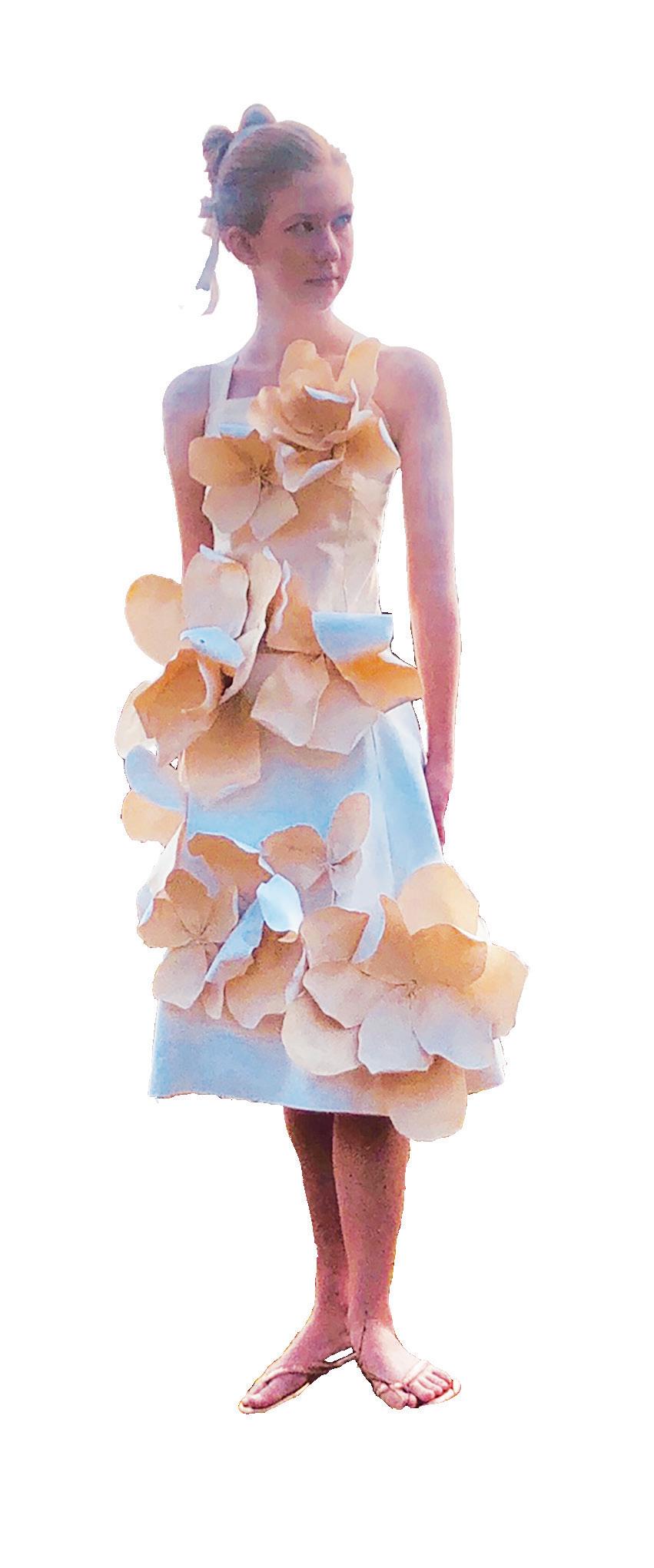

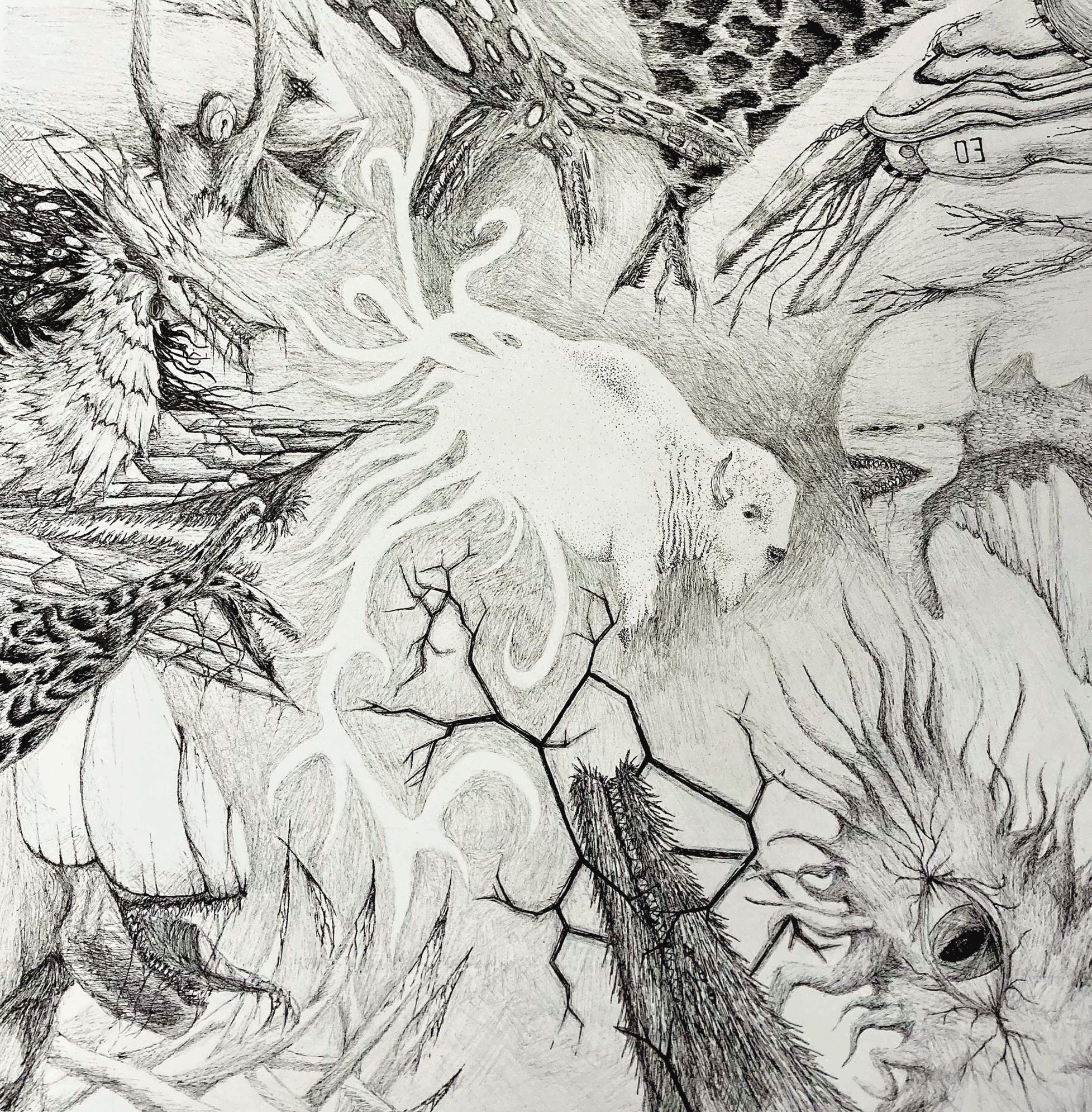
City streets were filled to the brim with a foggy haze, obscuring the yellow glimmer casting from rusted street lamps. Sirens wailed somewhere in the city, while barren ambulance trucks stood idle in the road.
Samora ElamLiver Building.
The stoplights flickered manically due to the absence of their operator, their seat now empty and the corroded corpse lying outside the office building.
Liverpool was empty, once home to the biggest communities in England, now slowly rotting with only two human beings left.
A boy and a girl walked down the city centre, gloveclad hand in glove-clad hand. Their heavy breathing encompassed by the seal of bright yellow hazmat suits echoed down the block.
The Ink Spots played on the girl’s Sony Walkman, her breath slow, but her mind frantic.
She thought back to the mere twenty-two days, four hours, and twelve minutes ago where she witnessed her friends being doused alive by the barbaric acid rain.
Their screams radiated in her brain as they looked at her in horror, reaching their arms out to fulfill their craving of physical touch in their final moments.
The boy squeezed her hand, noticing she was in a trance, eyebrows furrowed and eyes watering.
“I have an idea,” he said, holding her hand and dragging her out in the middle of the centre.
Deteriorated buildings lined the street, their corroded appearance blending in with the manic scenery of the city.
The wings of the liver birds were trapped and tarnished in acid, leaving only their frail feet standing upon the Royal
The boy stood in front of the girl, his padded hands wiping the fog from her goggles in order to see the eyes he loved so dearly.
“Dance with me,” he spoke, his words muffled by his respirator. “Forget the world exists, even if it’s for a moment.”
The girl took his offer, yearning for peace, even if it was for a moment.
So she stepped out of the hazmat suit, her hand immediately clutching onto her goggles and respirator to ensure a sense of protection even if it was for a moment.
The girl placed both of her arms on the boy’s shoulders, slowly swaying to the sounds of “I Don’t Want to Set the World on Fire.”
As the song progressed, their breathing began to slow and their grasps began to loosen as they suddenly sank to the ground, huddled in each other’s arms.
The acid rain slowly began to eat at their bodies, their fingers still interlaced and their mouths remaining curled into grins because they finally got their moment of peace and simplicity
Even if it was for a moment.
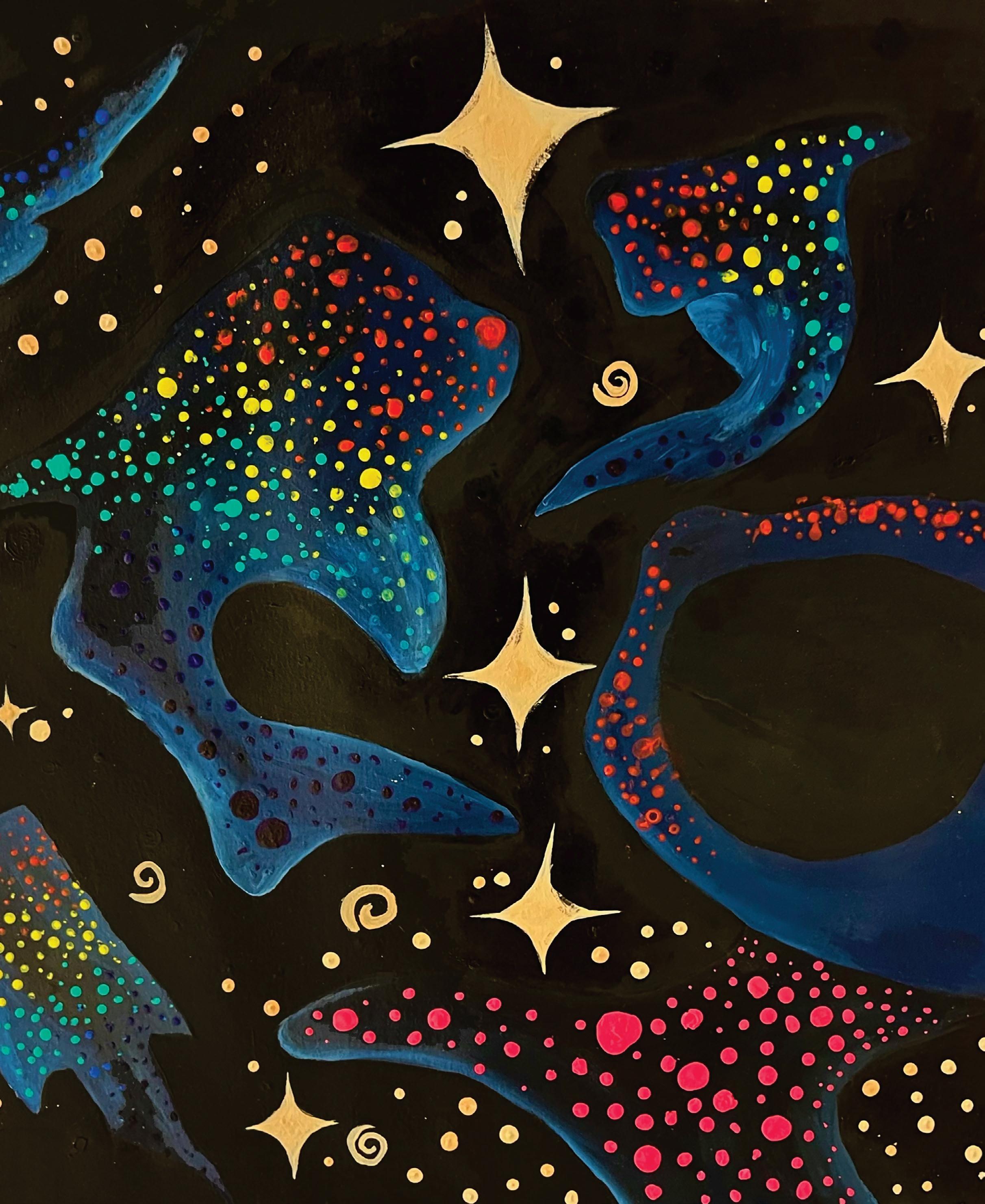
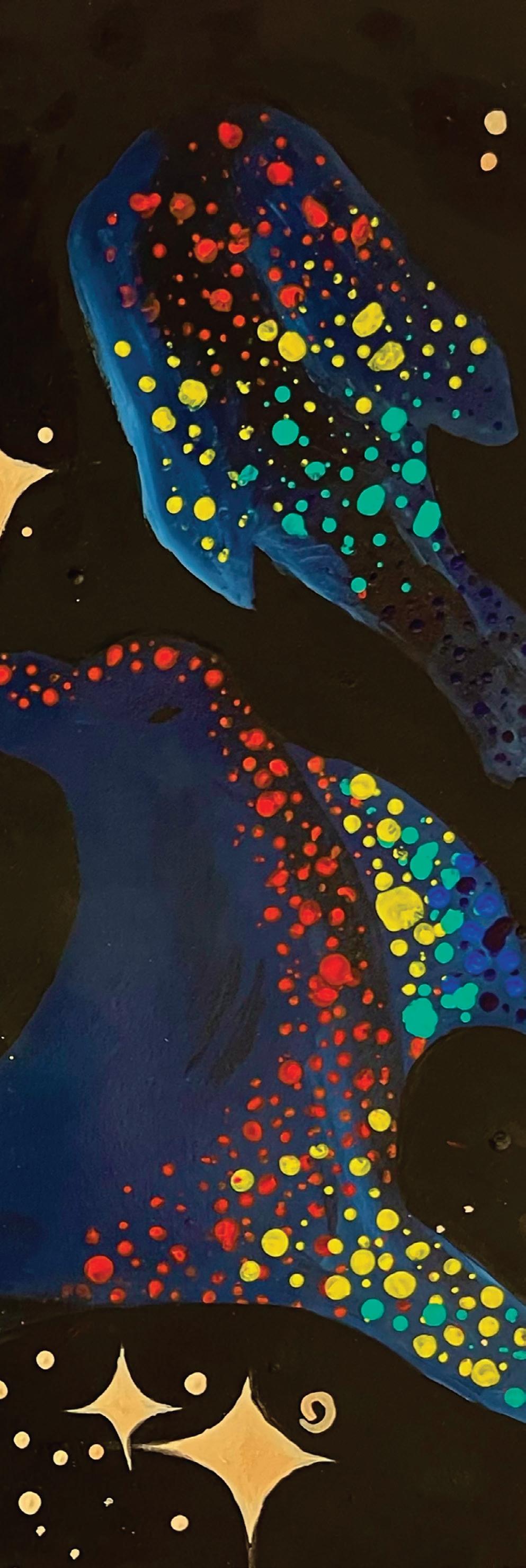
 Gabriel Carpenter
Gabriel Carpenter

The graphite in my hand glides on a smooth white canvas like Oil spills through blue crystalline waves in the Black Sea I press a tainted eraser down moving it across blistered paper like a Siberian polar bear’s coat as it’s washed in gunpowder
My mind is lost in a void as white remnants are beaten down Outer space takes form in a cascading abyss
Across the Atlantic a drum of rhythmic artillery blackens sky In Ukraine roots break and bones snap as bodies go limp
Curves of graphite begin forming craters
My thoughts drift to children in Mariupol
No graphite planets strewn across their eyes But burnt shell holes which once were homes
With bleak contrast I draw the rings around Saturn short spurts of an electric eraser simulates movement
From a dense thicket a Russian bullet whistles Rubber burns through graphite and a body thuds
through nonexistent light I bend shadows to form rugged land using my own imperfection to create Mars’s distant mountains
In the Urals microscopic towns are leveled by remote drones Like ants burned by a child with a magnifying glasses
Bleached coral and acidified oceans are formed by white
In my hands the negative space is shaped and bent as lead forms a waning gray earth mindlessly trampled for profits and power
In a thousand years an American flag will lie still and forgotten like a dictator’s corpse, stuffed and rotting in an aging
Because today a weeping Mary holds her freezing child and despots trade hollow words for rusting iron tanks leaving us with a choice of poison or poison while calling themselves liberators

I can remember waking early as a child
Up before six so we could catch a plane
Those mornings were lit by warm bulbs
A blanket thrown over my shoulders
And it played like a game: the hurry, the rush
Don’t fall asleep—i felt like an adult
I’m sixteen in four days and often i wake
In the early morning the nausea
Which was warm as a child, the fun of awake
I keel over, can barely stand in the shower
I lay back down and close my eyes
I fall asleep late in the next night
I toss back advil and something else
And the next morning I wake dizzy
Nauseous and swaying—
I like the struggle again, the nostalgia of a promise to my mother
I’ll meet you at the car with a packed bag and Adrenaline, look what I’ve made myself Strength I can bend on, strength which is mine
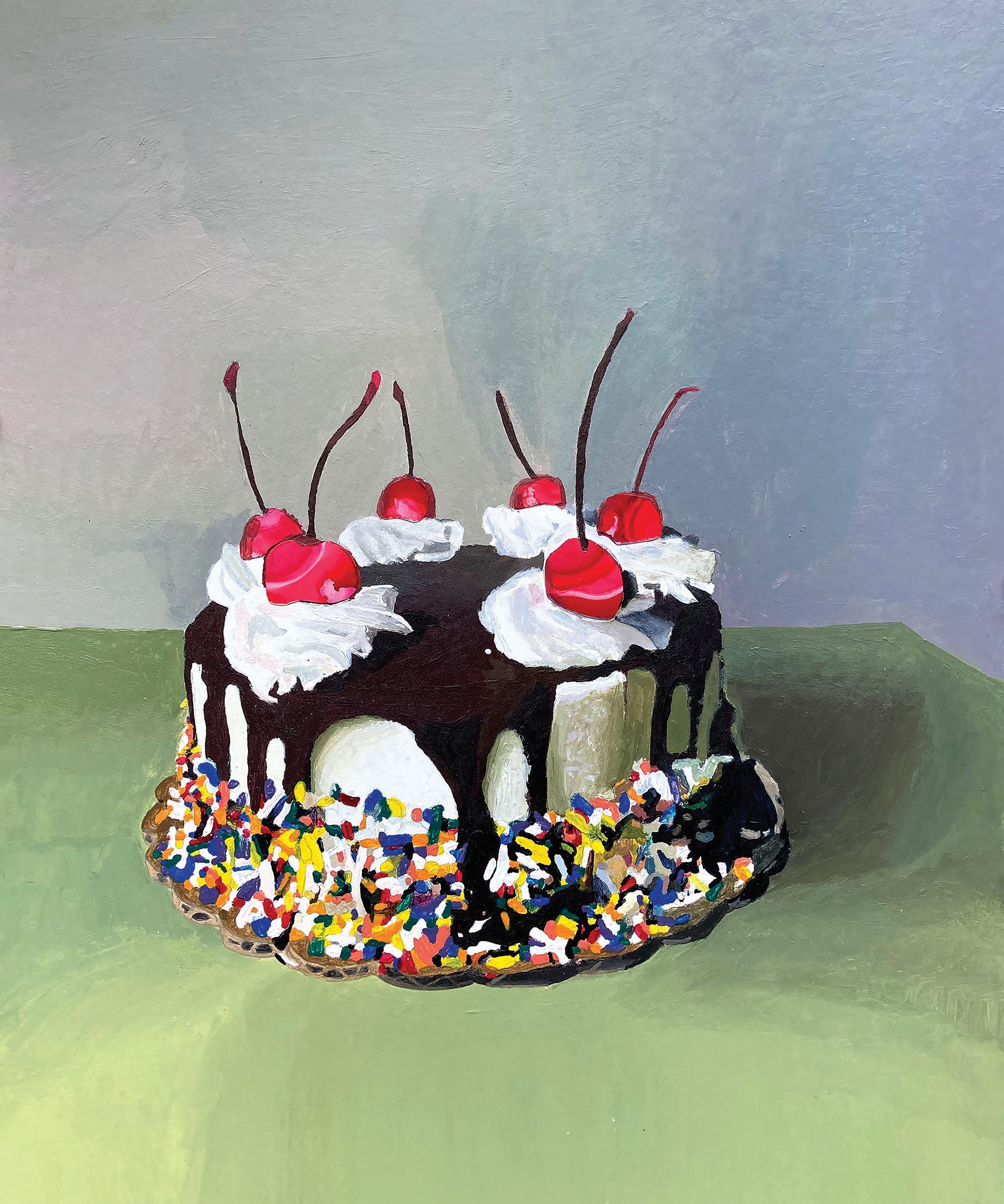


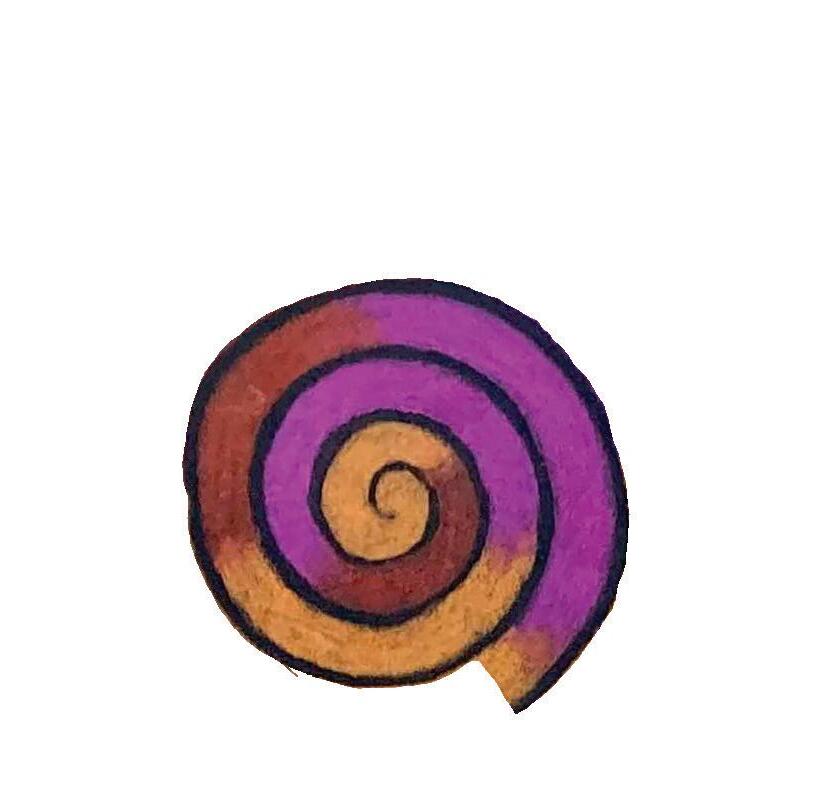
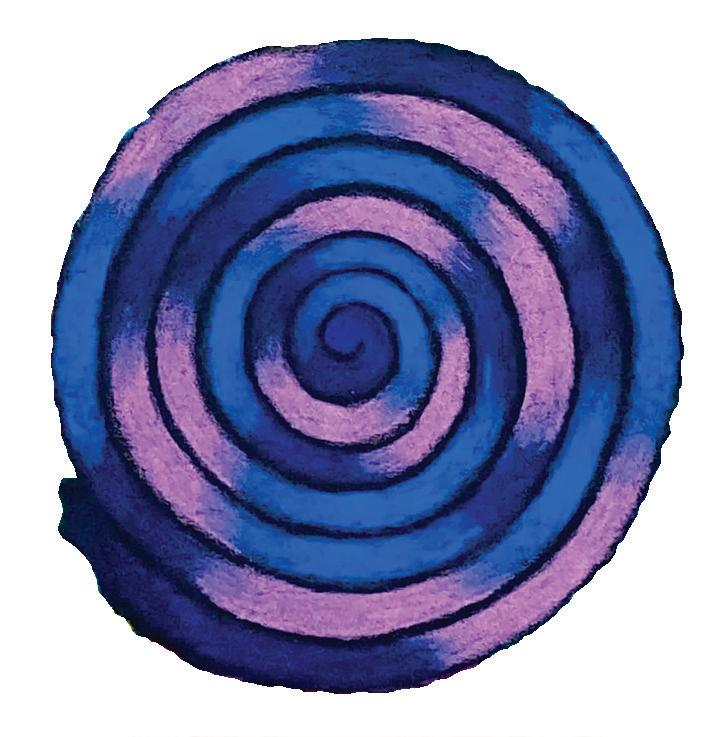 Griffin Cheatwood
Griffin Cheatwood
They are between me and the exit. I am trapped. Everything in the last hour has been leading up to this moment. I knew the time would come, but I did not think it would come now. After the battle I just fought, I was exhausted. I look around, everyone else in this room has been slain and given up already. A bunch of weak mice.
With nothing but a bag on my back and a lot of lifeless companions, I need to be careful. The only thing stopping me from my freedom is that monster. I start walking slowly at first, trying to sneak behind their back, but to no avail. I have been spotted. Now, it gets interesting.
I calculate my best move and decide to charge. I strike first while
receiving the next few. I dip. I dive. I duck. I will not be stopped. Worn down and feeling defeat deep in my bones, I suddenly hear a savior. Sounds of other prisoners walking. Others talking. High pitched screams and laughter from the other side. Outside that iron-clad door is freedom. My eyes glisten because I know I surely cannot be stopped now. With the sound of others’ liberation as my distraction, I slide in between the legs of the enemy and sprint for the door. Success. Sweet, sweet success. Knowing I cannot be stopped anymore, I walk calmly down the hallway, veiling myself in the crowd. Lost in a sea of homogenous people, I am free at last; at least for five minutes until my next class.

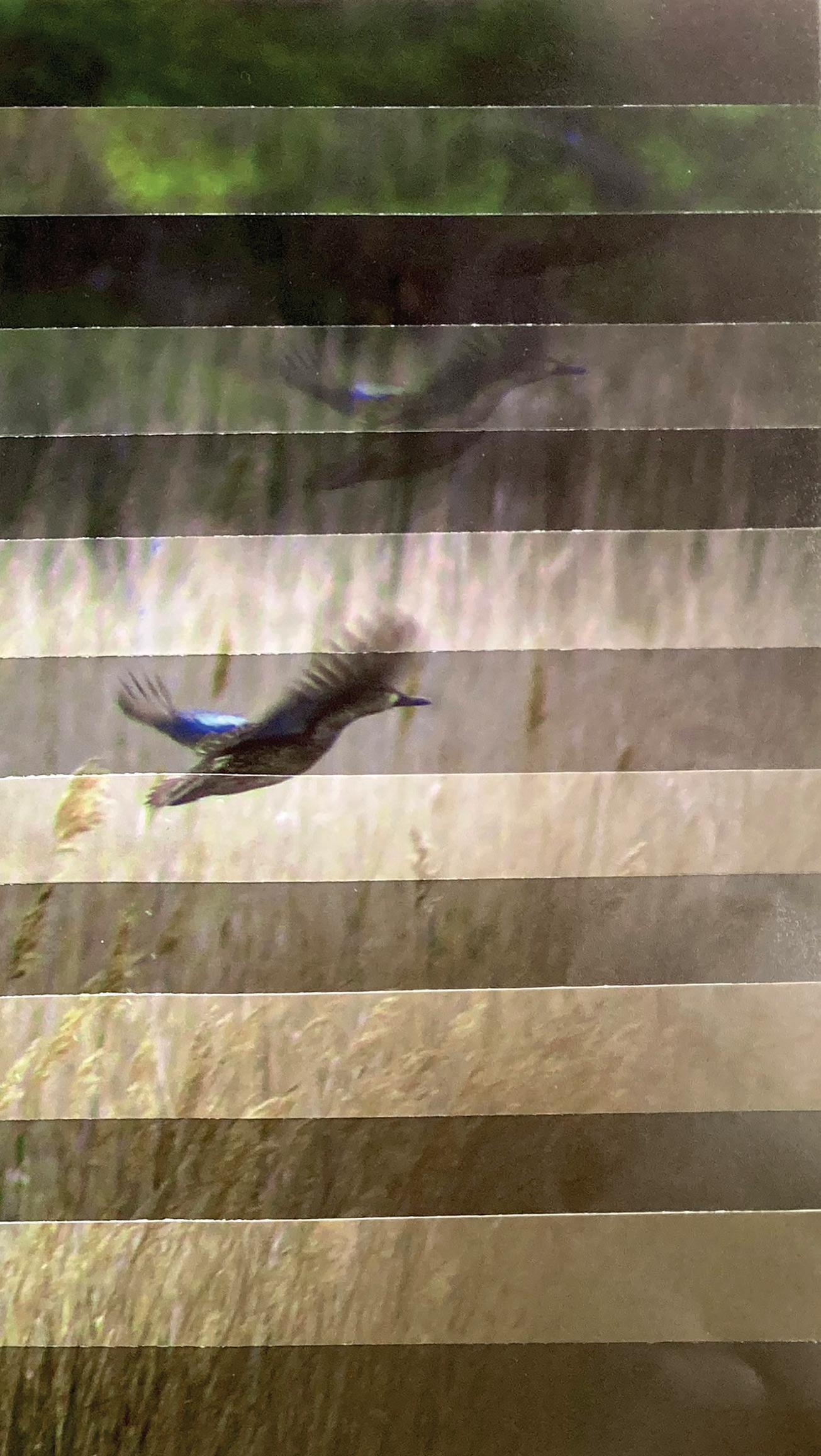
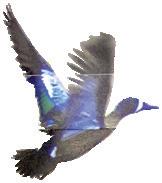
gliding across the smooth road in Palm Springs radios crackle with the United States bombing in another civilization
millions of people turned to dust
yet people glide along like the perfectly paved roads the humans do not ponder the thoughts of such dust they instead focus on the surfer rich with passion parking on a red cross with a white background trying to limit the richness of the balance of the surfer through life
the bomb can bring balance to all sending waves of dust across the world eliminating all without discriminating
When Amber opens her eyes, she does not see the recognizable deep blue of her ceiling. Amber,wakeup!
When Amber opens her eyes, she sees the vast sky, stars staring down at her.
Openyoureyes.Amber!
She sits up, scanning her surroundings, wondering what happened to her, and what she did to arrive here.
Amber,canyouhearme?
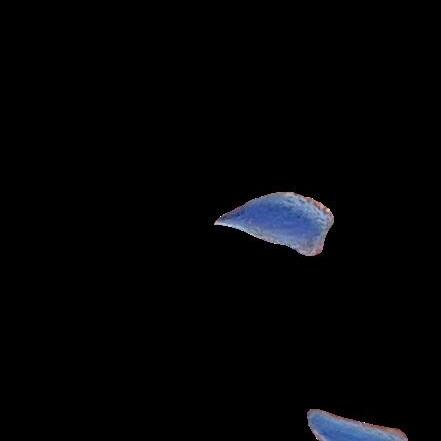
As she struggles to rise to her feet, she reaches her hand to her head to investigate the distant throbbing. She pulls it back, nothing.
Call 911!
There is no wound to be found, though the pain lingers on. Strange, she thinks. Hurry! She scans the horizon, discovering a vast, endless grassland under the night sky, only illuminated by the moon and stars shining down. But for some reason, Amber does not feel scared; she feels at peace.
Whatishappening?
She begins to make her way through the knee high grass, hundreds of tiny green blades grazing her legs as she strides. She lets her hands rest at her sides, the grass tickling them. She relaxes her shoulders, taking a deep breath.
Somebodygetherabandage!
As she continues to walk, all the worries that clouded her mind seem to clear. She feels as if there is nothing, no one, that can tear her down from the level of serenity she feels now.
Ma’am,calmdown.
She is comfortable, with herself, with her surroundings, with everything about this bizarre and extraordinary place.
Get her on the stretcher.
She looks up into the darkness, scanning the stars, looking for the constellations she has spent hours of her life studying.
I’mnotgettingapulse! She never saw them at home because of the city lights.
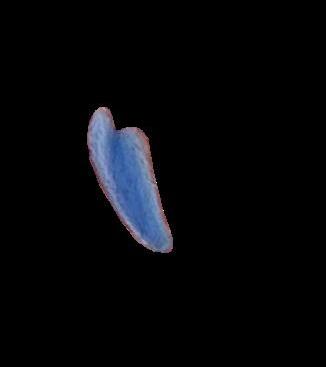

Amber recalls every night she spent surveying the sky, staying up into the early hours of the morning. She would be exhausted at school the next day, but it would be worth it just to spot a couple of those shimmering promises.
Weshouldhavekeptherhometoday. Promises of happiness, of friendship, of love. One morning in particular, oddly the last morning she could remember, Amber was especially tired.
Sheseemedunusuallyquietthismorning. She was up until four in the morning, scanning the black abyss above, and now she had to drive to school.
What have I done?
She found herself nodding off behind the wheel, struggling to keep her eyes open. But, as she tries to recall the rest of her car ride, and the school day ahead, her mind goes blank.
Sheissoyoung.
Hours later, the sun begins to rise.
She’sflatlining!
Amber looks upon the beautiful shades of pink, orange, and yellow, astonished. She has never seen a sunrise as breathtaking as this.
Back home, the sun awoke before she did. Amber, having been up all night, begins to feel drowsy.
Shedoesn’thaveapulse!
She smooths the prickly grass with her hand, making a patch for her to lay her head. Falling asleep, she feels at peace, like she reached an understanding, and like she no longer has a desire to search.
To search for those promises she was waiting for.
To patiently wait for her hopes and dreams to come true—she never quite found them in her astrology books.
She glances up, gazing at the sky full of vanishing stars, wishing she thought to paint some on her ceiling. Amber closes her eyes.
Timeofdeath,6:18.



On the beach there’s a lighthouse, that dead angel Beaten by the sea and gilded with salt
She once stood unblinking, beaming holy light out to the lost and drowned Spray-stained glass, fresnel lens, wild whale spirit burning
A lone priest tended the sacred fire
He lived at the end of the world, at the edge of leviathan waves
He is dead now, just like her, and now her white brick skeleton stands empty, Scooped out like a jack-o-lantern and filled with sepia tone pictures
The waves still crash, my angel is hollow
There is no frontier, no wilderness edge, we pretend to have conquered it
The suburbs snuff out her candlelight like they choked the stars with street lamps
Only I seem to notice that we are drowning without her
I’ll find her star eye, through the buzzing fluorescent blaze
There is more to life than this, there is a holy thing beyond the highways
I’ll find my lighthouse if I have to build her myself
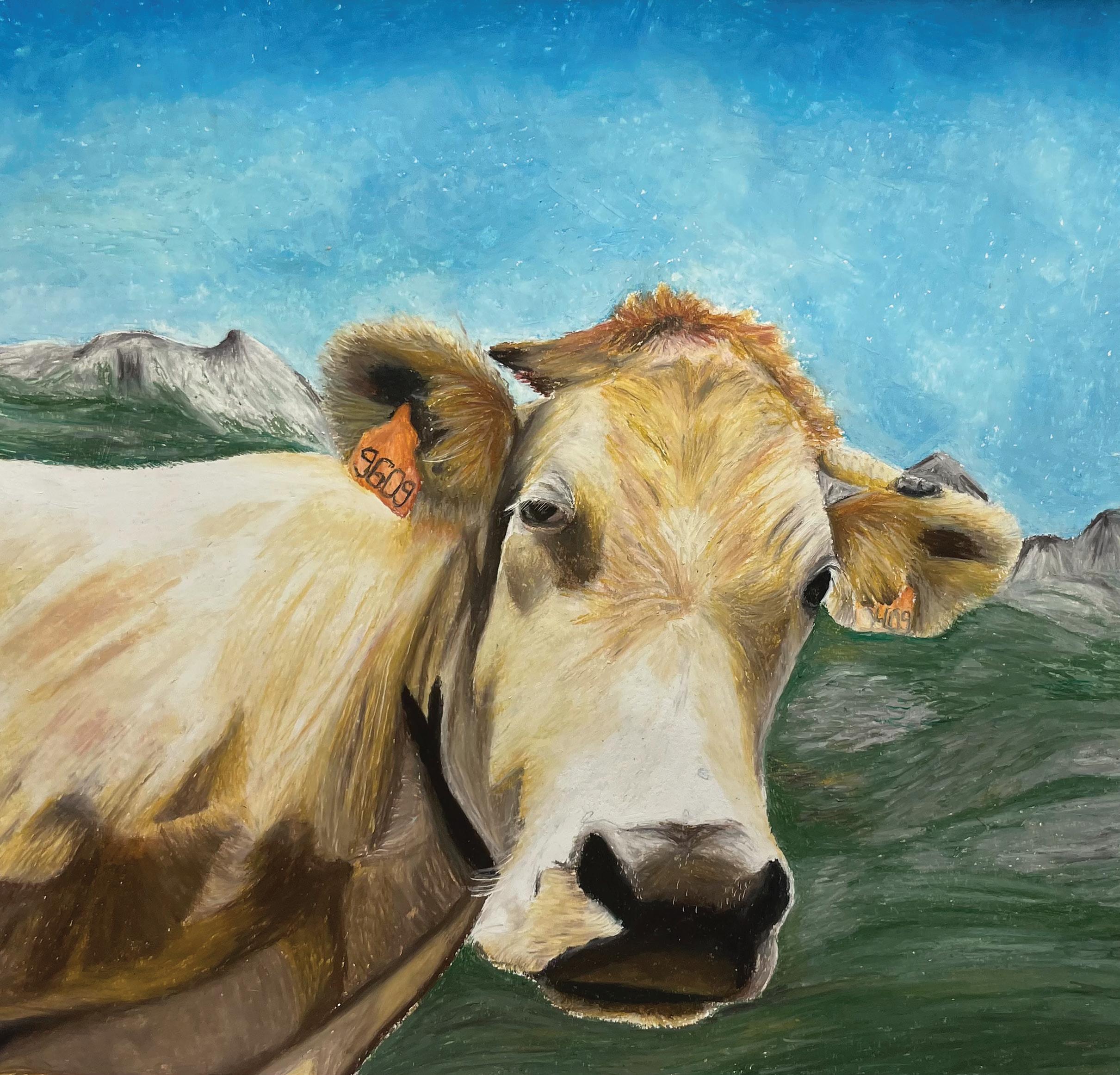


His mom’s Southern Georgia roots created him. “Y’all always gon be a part of Fitzgerald to me,” his grandma used to say to his family when they made the trip down South. She always showed him the old family house.
Members of a Presbyterian church, with walls of gray stone, where his faith was nothing but an inherited afterthought, one that he didn’t even think to choose on his own.
Why is his dad’s Decatur Illinois not a larger part of him? Why did his father’s
Catholic background never speak to him?
It seems as if there’s a gap in his history. Is that small town in Macon County so undesirable?
Tiny? Sure
But Fitzgerald Georgia is way smaller Sure, not much goes on off of Interstate 48 but Jefferson Davis Memorial Highway doesn’t do it any better
And soybean production is pretty boring But the 9 square miles of pecans and peaches Aren’t any more interesting
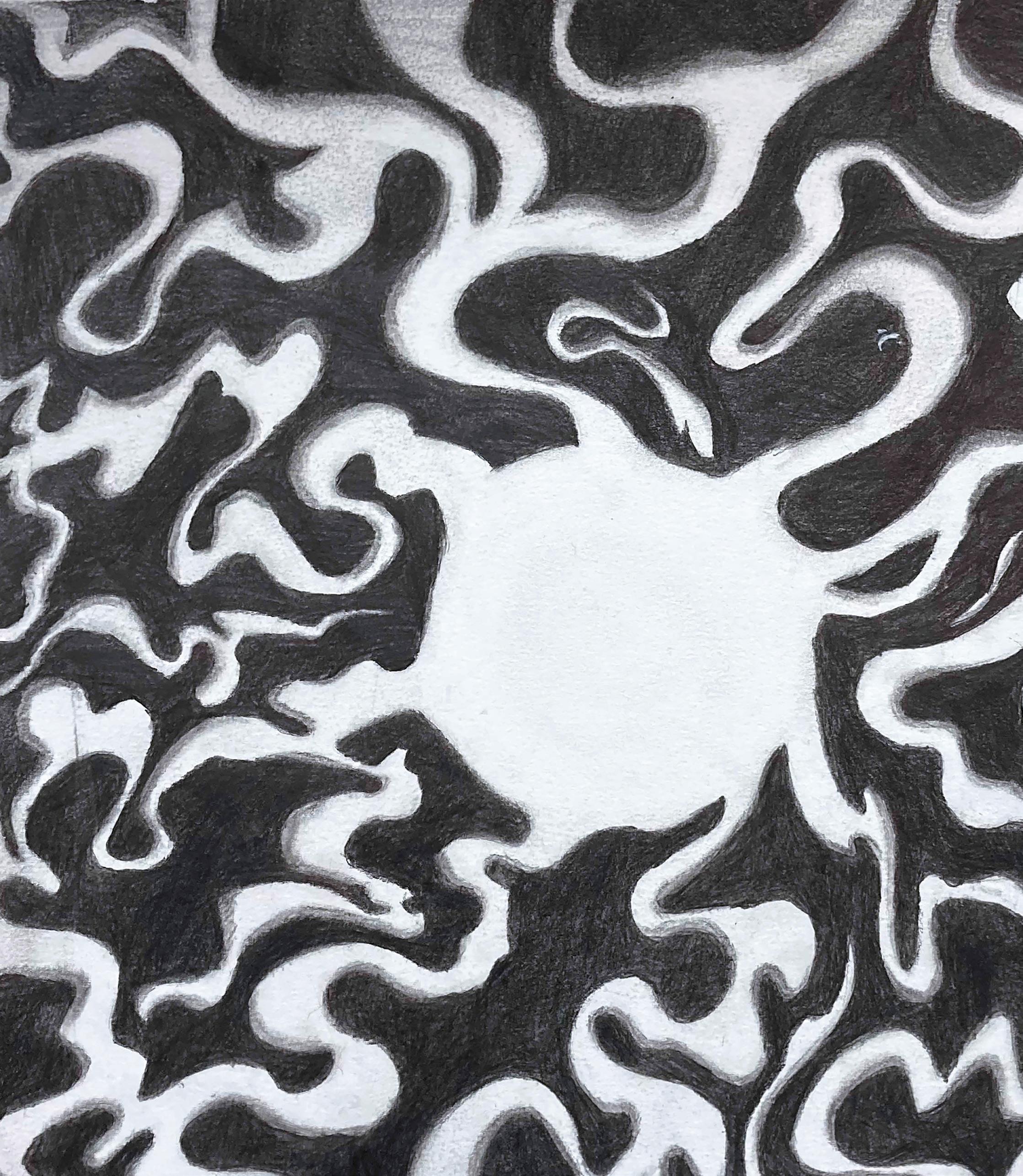

Frightening, gross, annoying: Spiders. They crawl around in my mind. They intimidate me with their countless eyes and hairy limbs. They taunt with their fangs, dripping with venom, and devour their prey whole. Worst of all, they string their webs. Filthy cobwebs on the ceiling, dusty strings in the garage, pervasive masses in every unkempt place. Spiders could take over my house if they wanted to, stringing webs and multiplying their little spider offspring. But as I ponder the web, I realize that spiders don’t want my house—their eyes are set on different luxuries. The spider doesn’t care to be the best or most powerful species, nor does it mope and wish it were a human. It is content. Even though it never loses its determination, never stops expanding its web, the spider is content.
I envy the simplicity of the spider’s life. They don’t have to wake up early for school, nor spend half-hearted hours applying to colleges, nor catch up in English class. Whereas I am always trying uncomfortable things, the spider just spins its web. Whereas I become overwhelmed in my thoughts, the spider expands its treehouse with no sign of fatigue. Whereas I’m unsure about my future, the spider follows its mental blueprint without any doubts. I used to think that spiders were stupid, but now I think that they’ve got it all figured out.
As I watch the spider establish its masterpiece, I notice that many other creatures look up to the spider too. It is
preoccupied with its bachelor pad though, building its seventh floor between two trees, perhaps a silky bedroom or a cozy movie theater. The web glistens in the sun and towers over those beta creatures on the ground. Sometimes, foes dismiss the landlord, barging into its house and trying to assert dominance, but no unwanted guest makes it back. The bottom floor of the treehouse is littered with those arrogant alphas who underestimated the real boss.
Stuck in their prison, they become irrelevant to the master, who proceeds with its spinning until dinner time. The spider doesn’t have to take risks, nor challenge itself, nor make tricky decisions. From behind the scenes, the spider rules all of nature but can’t be put into any hierarchy. It simply knows that it’s in charge.
I wish that I knew everything would work out in my favor. When I try to be the spider though, my life just doesn’t feel complete. I could never take a step back from my busy life and fall into a state of monotony. I find no excitement in doing the same thing over and over, but spiders don’t seem to mind. They just keep spinning all day without a care in the world or a sense of boredom.
Spiders do have it pretty good, but I would take my human life over any arachnid. What good is a life without thrill, one in which prey falls into your lap and you live in solitude? Why live the same day over and over in an endless cycle? I may stress about deadlines and applications, but I know that I’ll never be bound to some routine.
I’ll also never get beaten to death by a newspaper.
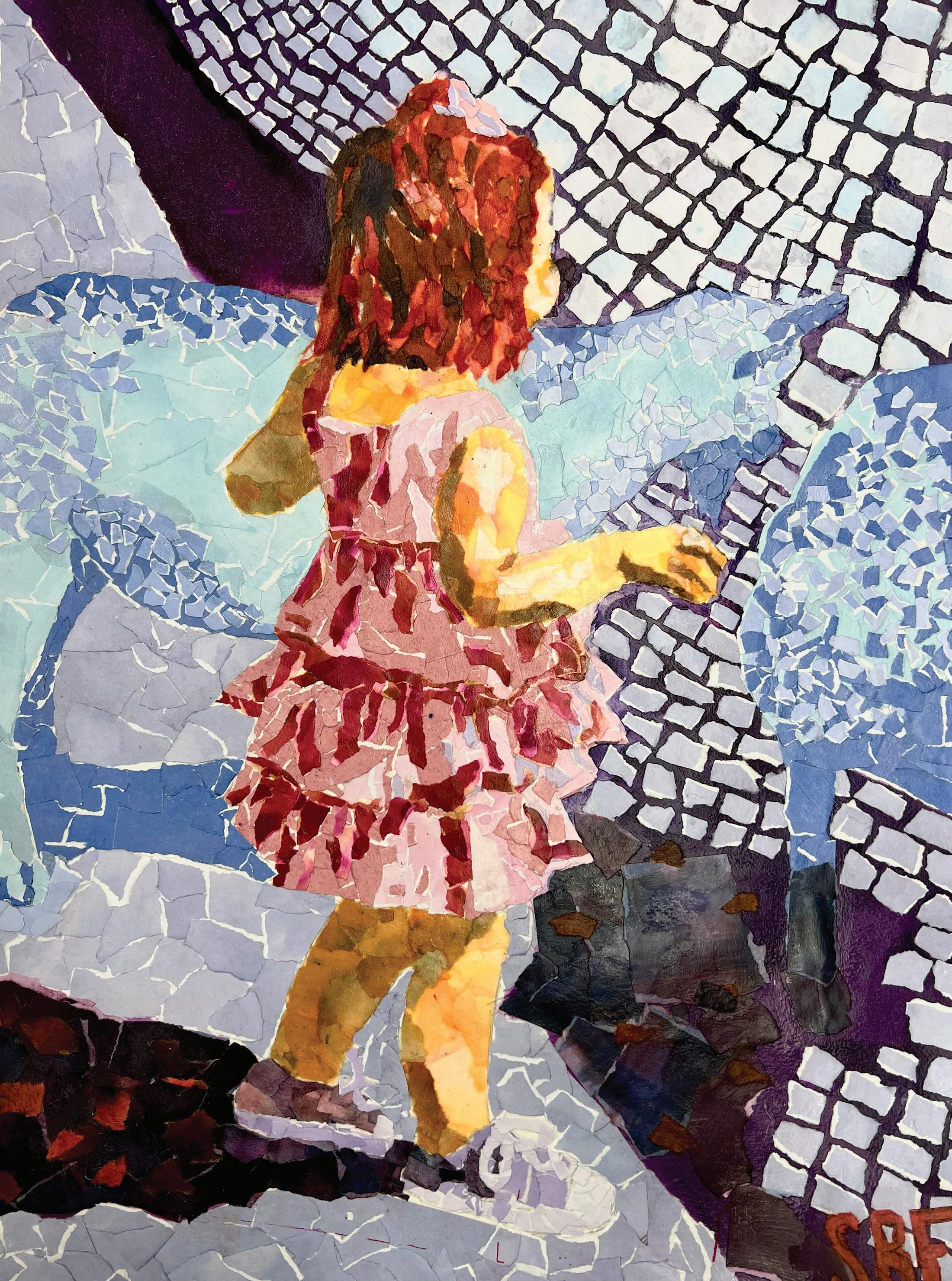


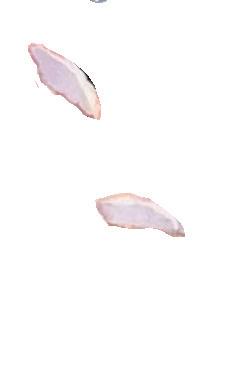
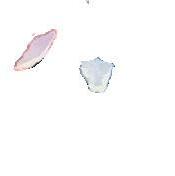
I ask my cousin for a picture of her. She sends me a photo in color, bare white background.
A little girl in the center of the room, her smile full of crooked teeth.
Her two little afro puffs stretch toward sky; two white bows keeping them grounded soon to be subdued by a flat iron. She sits in a green dress looking off I don’t know where.
Her dress becomes leggings and a crop top, her hair, straight and half tucked behind her ear. She no longer wears green—
A memory of the fields in Greenville; we used to hide in during family reunions.
She now sits behind a desk facing a computer in New York. She looks at the framed photo in her cubicle, stares at the girl with the white bows, a stranger—
“Hey, bitch!” the lululemon-clad teenage girl calls across the mall, rushing to embrace her friend in a tight hug. My mother’s brow furrows in confusion at the lack of sting delivered with the word. The playful, casual use of bitch is shocking to older generations who still consider the term derogatory. Despite centuries of its use as a curse and an insult, bitch has become the opposite, because women have redefined its meaning.
Many older generations view the word bitch as an insulting, sexist term directed at a single woman who is being, well, bitchy. But before the word took on that meaning, bitch meant a myriad of things: from a whore, to a female dog, to a female suffragist, the word has changed as society does. The genesis of the word bitch is widely known to be a female dog. However, by following the word’s lineage further, the Oxford English Dictionary defines the word as an insult for women even as early as the fifteenth century.
Surprisingly, according to historian Geoffrey Hughes, the word once hinted more at a promiscuous woman involved with many men (Pardes). The term “son of a bitch” stung so much because it accused the victim’s mother of being a whore.
Interestingly, during the 1920s suffragist movement, the word shifted to mean an
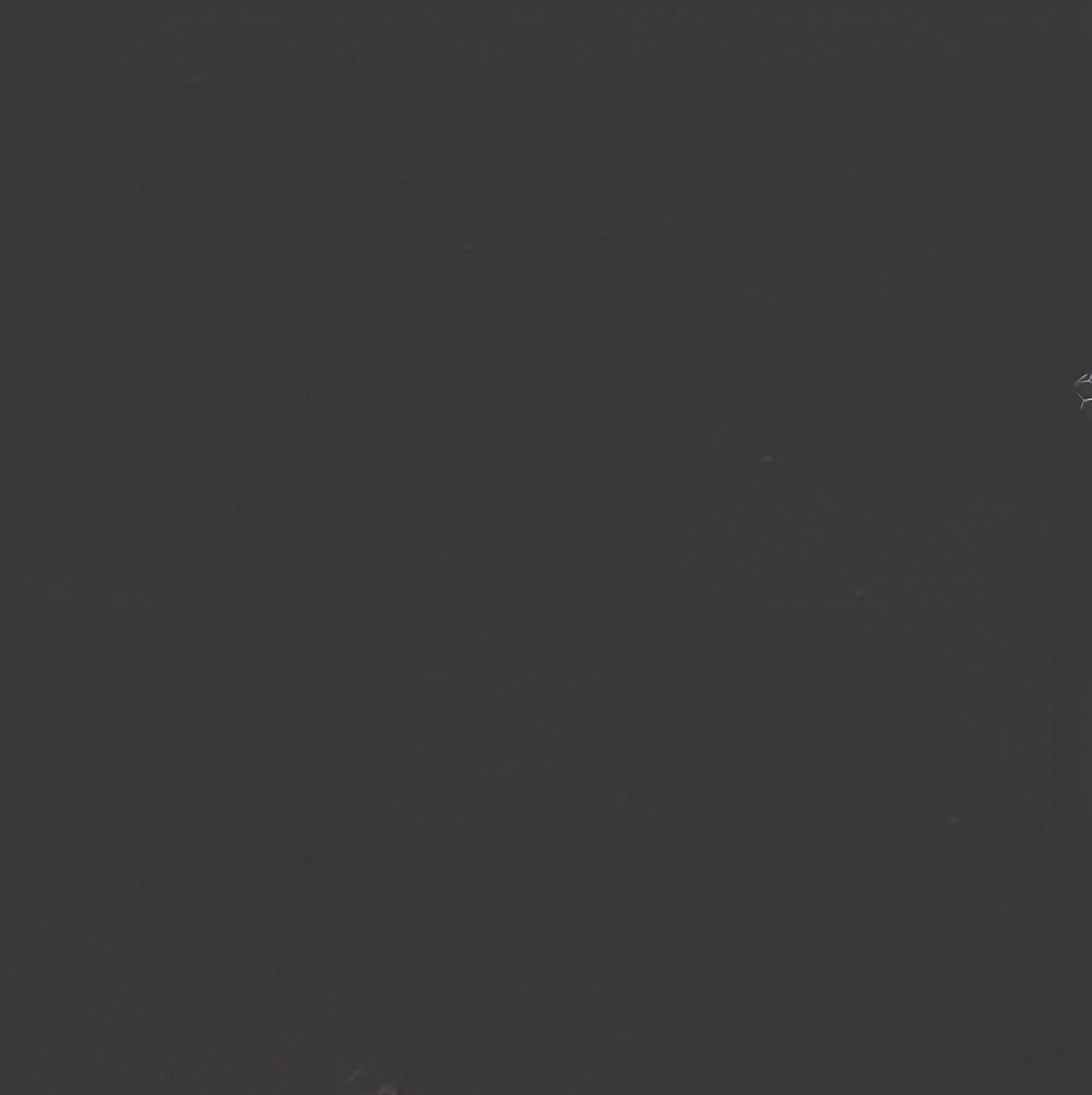
outspoken, rude woman which aligned more with the derogatory definition associated with bitch.
Today, the word bitch is not always an insult. Some linguists attribute this shift to Trina’s 1999 song, “Da Baddest Bitch,” which redefined the word as a symbol of empowerment and intellect. Now, to many women, the word evokes a sense of camaraderie, of likeness, that eradicates any previous negative meaning. Your best friend can be your bitch, you can be a bad bitch, and your friend group can be bitches Women have reclaimed the definition of the word bitch from a sexist insult and turned it into a unifying term of affection or friendship.
The evolution of the word bitch is proof that words adapt and change over time in response to society—women have taken on new leadership roles and taken great strides for equality, and the word has shifted according to these milestones. Much like women have redefined their roles in society, women have taken control over the word bitch and women have wrestled power away from those trying to employ it as an insult. When women are valued and respected as equal members of society, an exclusively female insult will no longer have any power. Is that the case today?
Bitch, please.
Pardes, Arielle. “The Evolution of the Bitch.” VICE, September 9, 2014. www. vice.com/en/article/ppmx3m/the-evolution-of-the-bitch-905

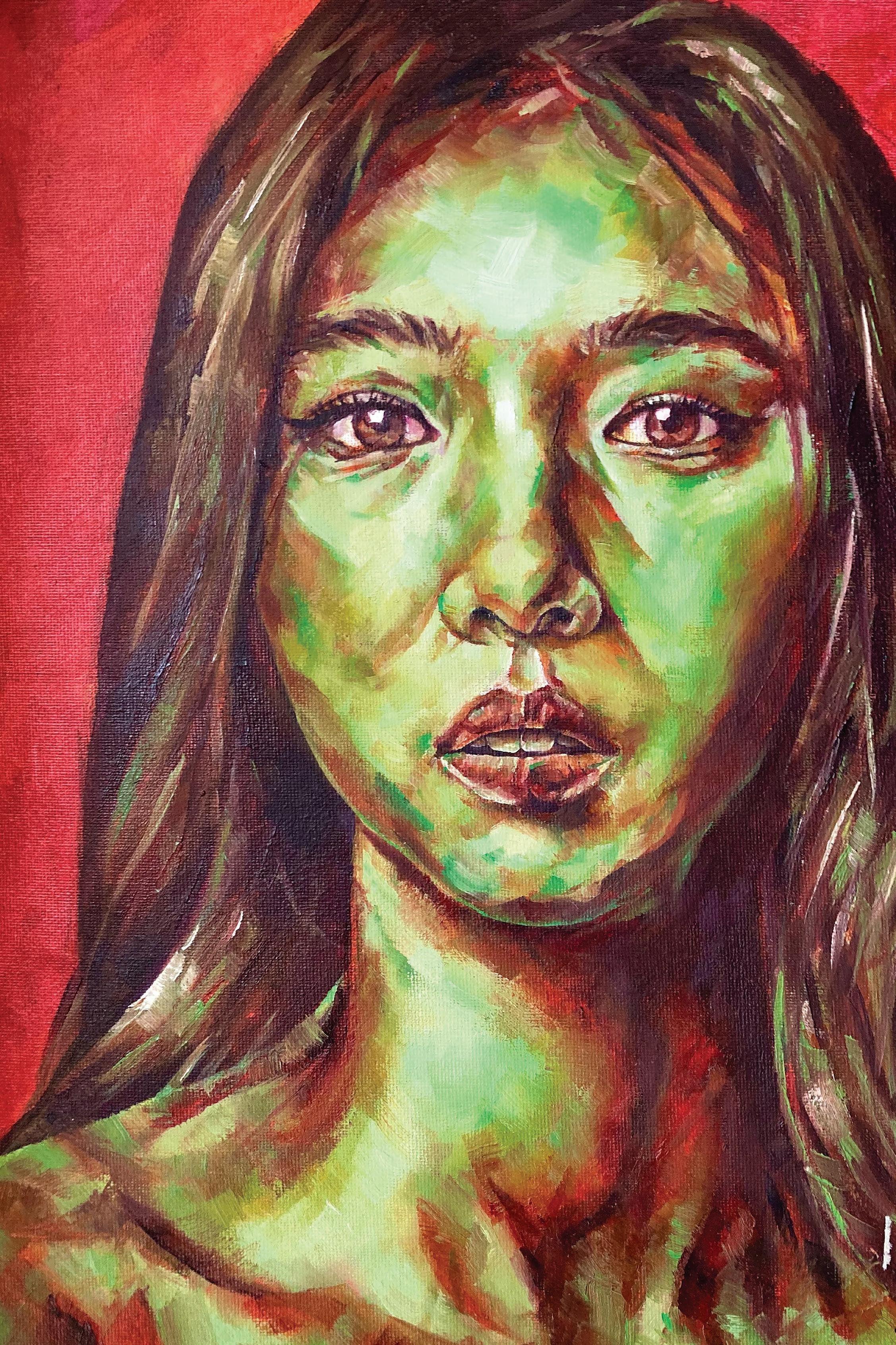

Below Anna May Wong’s silver face on her commemorative quarter lie the patriotic words E Pluribus Unum, or out of many, one.
Out of many Asian actors, Wong was everything but the exception in film
Exceptional was her double-sided flip of inspiration and innovation
Heads: her masking bob emulated from Louisa Brooks, blunt and jagged like shiny ore.
Tails: her exotic brows, molded like the sharp edges of a shy almond— bright Oscar-worthy talent, hidden by the dark shell of necessity for a fight against invisibility. Wong’s story does not resemble silver, but instead the most pervasive mountain pebble
For she blended with all the lost stars. Sessue Hayakawa. The role of Charlie Chan.
the countless restrained by a yellow faced white actress snubbed from the big screen of “The Good Earth.”
But her golden triumph matters more with the hall of opened doors.
I never thought much about silver quarters— change from gas station runs, loose coins in center consoles, a handful for the homeless.
Peering at my reflection in a quarter of dark hair and yellow skin,
It helps to have heroes, I say to myself. Not the bob or brows that last, Anna May Wong’s face on a quarter that starts the fight against invisibility.
With lines from “Re-Examining Asian American Film: Anna
Invisibility” by Abby Paras, a Pulitzer Center reporting project.


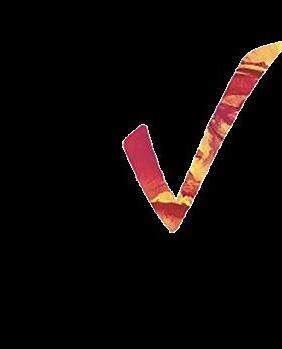
When I was fifteen years old, I went to the DMV to get my permit. I was so excited, especially since I heard that I wouldn’t have to take a driving test because of COVID-19. Nothing could go wrong. Nothing was standing between me and my permit. Everything was going smoothly. I took my picture (well, it wasn’t a good picture), but it worked. I passed the multiple choice test by checking all of the right boxes. And now all I had to do was tell the intimidating man some information for my license.
☑Gender: Female.
☑ Eye color: Brown. He asked me a series of simple questions just like those.
pRace: American and Indian. He told me I have to pick one race and that he couldn’t put both on the permit.
I was stunned.
How am I supposed to pick one? Why do I have to pick one? Can’t I be both? My mom was furious. She took a step forward, asserting her concern, and questioned why he couldn’t put both races down. The man just stared at his computer and shrugged. I didn’t pick a race. So the race box is now blank. I couldn’t be both sides. But I am.
For most people checking boxes is a simple task. But for me checking boxes is not always easy. There are no inbetween boxes.
So what box does a person in the middle check?
What box do I check?
pGirly-girl: half-checked.
pAthlete: half-checked.
Girly-girl and athlete: nonexistent.
What box should I check?
If someone were to see me walking in the hallways, they would assume I am a preppy girly-girl who always has her nails done and plans out her outfits weeks in advance. As much as I am a girly-girl who loves a good outfit and purple nails, I’m also an athlete who can be found on the tennis court at least four days a week. Whether I am picking out a
first day of school outfit, gossiping with my friends while getting my nails done, or spending hours fixing my hair for a night out, I always have a smile on my face. But my other half enjoys the thrill of competition and lives to play intense tennis matches. Sweating on the court and running after every ball is another moment where I also always smile. The satisfaction after winning a long, difficult point is a feeling I never want to give up, but I also love feeling pretty after spending hours putting on makeup with friends.
pExtrovert: half-checked.
pIntrovert: half-checked.
Extrovert and introvert: nonexistent.
What box should I check?
I can talk to someone for hours and hours. My best friends know me as an extrovert. But my acquaintances know me as an introvert. I love spending time with my friends, but I will never pass up the opportunity to lie in bed and watch “Grey’s Anatomy” by myself. My friends joke all the time that I could talk for 24 hours straight and they wouldn’t have to say a single word. But most people wouldn’t know me as that person. I remain quiet around people I don’t know very well. Especially at school. I am there to learn and get my work done. However, once I feel comfortable around someone, they will know my whole life story in about twenty minutes. And on the weekends or other social occasions, you will find talking up a storm to anyone who walks by.
I could never imagine not having these different sides of me. The two different sides are equally as important because they provide me with a healthy balance. Some people can translate all of this as two-sided, but it is not about being that. It’s about being a mix. I have different parts of my appearance and personality that complement each other well.
While I may never be able to check one box, I am happy with that. I like having different sides to me. I never want to have to pick one box. And I never will.
Payton Desai
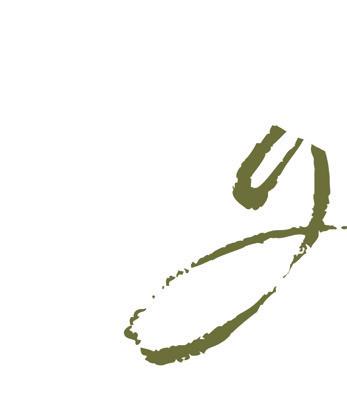
 David Vaughn
David Vaughn
Mr. Wilson woke up feeling groggy as always that one April morning. Begrudgingly dragging himself out of bed before dawn, he went for his daily early morning walk on the trail in the woods by his house. It’s awfully muggy out today, he thought to himself, only continuing his walk due to a feeling of obligation.
Arriving back home, he poured himself a bowl of cereal, the last remaining Wheat Flakes trickling out of the box. Dammit, I’m gonna have to go to the store tomorrow, he realized, remembering his tight work schedule the next day. He got dressed, brushed his teeth, and drove to work, all in a fairly unexciting fashion, as if pulled by a string. His day at work consisted mostly of monotonous paperwork, his little string pulling his pen along as he noted this, noted that, signed this, signed that.
After his string seemed to wear out its use for the day, Mr. Wilson drove home and started preparing dinner. Right before the oven timer went off, he heard the doorbell ring, reverberating across the otherwise silent house. Striding across the kitchen and into the front hall, he opened the door to find a blank package lying on his doorstep. Mr. Wilson looked around but didn’t see anyone indicating the origin of this mysterious gift. Intrigued, he opened the package, discovering a solitary pill bottle, labeled: TO BE TRULY HAPPY: CONSUME ONE PILL PER DAY (NO STRINGS ATTACHED). Curiosity prevailing over his proper judgment, Mr. Wilson filled a glass of water, popped a pill in his mouth, and allowed the water to whisk the pill
away down his throat. He then ate his dinner and went to bed with a curious sense of newfound satisfaction. Mr. Wilson woke up the next morning feeling significantly revitalized (and oddly more independent and unrestrained). He went for his early morning walk on the pathway in the woods near his house, simply enjoying his immersion in nature. After his pleasant walk, he recalled that he needed to buy more cereal. Mr. Wilson drove to the store, bought two boxes of Lucky Charms in addition to a few other products, and chatted in a lively tone with the cashier, before rushing home to get ready for work. He got dressed, ate breakfast, brushed his teeth, and drove to work, all in the same manner as the day before, only feeling more purposeful and deliberate, as if his string had suddenly snapped. At work, his hand moved the pen freely and intentionally on the paper, the ink spilling his previously concealed creativity out, idea after idea.
Completely enthralled by the effect of this pill by now, Mr. Wilson eagerly drove home, craving to understand the curious phenomenon. Picking up the pill bottle he had left in its package the day before, he examined the label more closely. He noticed it peeling off in the corner, inviting him to reveal what seemed to be another label hidden behind it.
Mr. Wilson peeled back the fraudulent label, uncovering what appeared to be the original and true label for the bottle.
It read in large, plain letters: 150 EMPTY GELATIN CAPSULES.

take root, sprout, branch out, bud— make of its life a breathing palace of leaves.

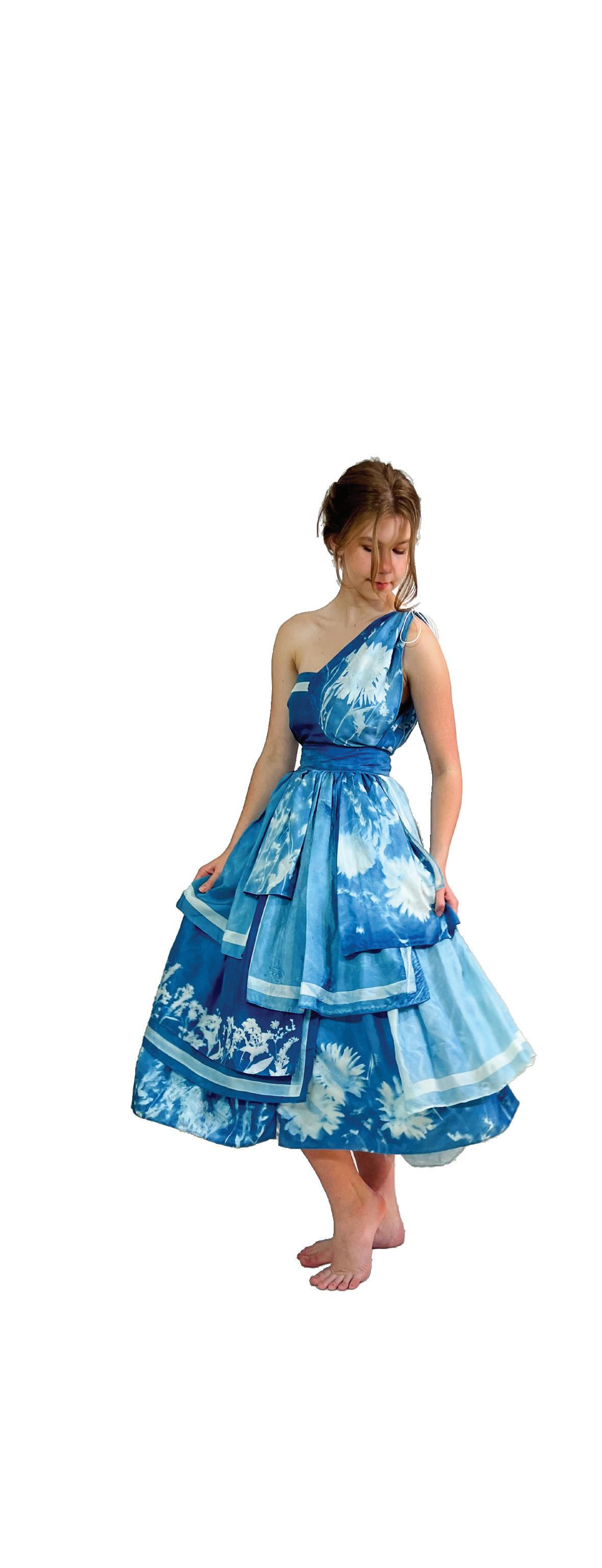
You are three years old. Your babbles have just evolved into words, and your words are starting to become sentences. You are beginning to communicate with the world around you.
While you are in this stage of your life, you are holding your mother’s hand as she browses the shoe aisle. An attendant walks up to her and cheerfully asks if she needs any help finding anything. Of course, she says this all in English. You watch as your mother stumbles over her words and tries to communicate that she does not need any help. You know what she wants to say, but for some reason, the attendant does not understand. You can see the attendant’s former enthusiasm slowly lessen.
Her smile wanes and you, as naive as you still are, can tell she wishes she never asked. Your mother turns to you in desperation, but all you can muster is a distressed stare.
You want to help your parents when it comes to situations like these, don’t you? If you just nodded, you should become a child language broker! A child language broker is a child who translates for their parents or other adults who don’t speak the same language as the majority.
A live-in interpreter. Exactly how can you become one?
Doesn’t it take years of professional training?
Aren’t you a little too young to become one, let alone work as one?
It is not as complicated as it may seem. First, you must become fluent in your parents’ native language. This is the easiest step. The lullabies your mother sings to you as you drift to sleep, the goodbyes your father says to you as he leaves for work, and even the cartoons you watch, they are all in their native language. This language is filled with your parents’ love, dreams, and hopes for you. You eventually pick it up just by being around them.
Do not rest now, that is only your first language. Next, you must become fluent in English. This is America, where the people only speak English, or so you have been told. This step is a little harder, but not impossible for someone as young as you are. Children are much more proficient when it comes to learning a new language. Your teacher’s lessons, your homework, and even your friends’ jokes are all in English. You eventually become fluent in that language without a semblance of an accent. The new words feel strange on your tongue, but you understand how useful they are.
Grow up quickly. Despite your understanding of the languages, they are not of much use without an understanding of the world. How can you translate
important medical documents if you do not even understand what the word pediatrician means yet? How can you translate invoices if you do not understand monetary value yet? How can you translate appointment times if you can not even read a clock yet? Your parents may want to shelter you when it comes to this step. They will insist that you stay sheltered as long as you can. You are still a child, after all.
No one would blame you if you were a little selfish. Would you not rather be playing outside than writing a lengthy email? Translating long, drawn-out conversations is not particularly riveting. But when you recall how others treat your parents when they can not find the right words to use, it is easy to find motivation.
“Being a child language broker is not easy, but it is
Put your new language to use. You can finally be an interpreter with your skills. Order food for your family. Buy movie tickets on your own. Schedule play-dates for yourself. Write emails between your teachers and your parents. Explain important medical documents to your parents. Help your parents cash a check. Advance quickly in multiple language classes. There are endless opportunities once you have mastered both languages.
To solidify your position as a child language broker, you have to learn to ignore the sideways glances and high-pitched questions you receive from everyone. Adults will look at you and wonder why you are the one speaking. Treating children like they were fellow adults seems impossible to them.
Despite how difficult and embarrassing it may seem at the moment, you have to ignore them. Being a child language broker is not easy, but it is rewarding. You can spare your parents from the awkward, painful interactions you despise. Remembering this will help you continue to help your parents.
Many children desire to become a child language broker to ease the struggles their parents face in this brand-new country. They left everyone they loved behind in order to provide a better life for said loved ones. They came here alone and uncertain of the future. You want to be the one they can rely on after all these hardships.
Becoming one is difficult, but hopefully, this guide will make it a little bit easier.
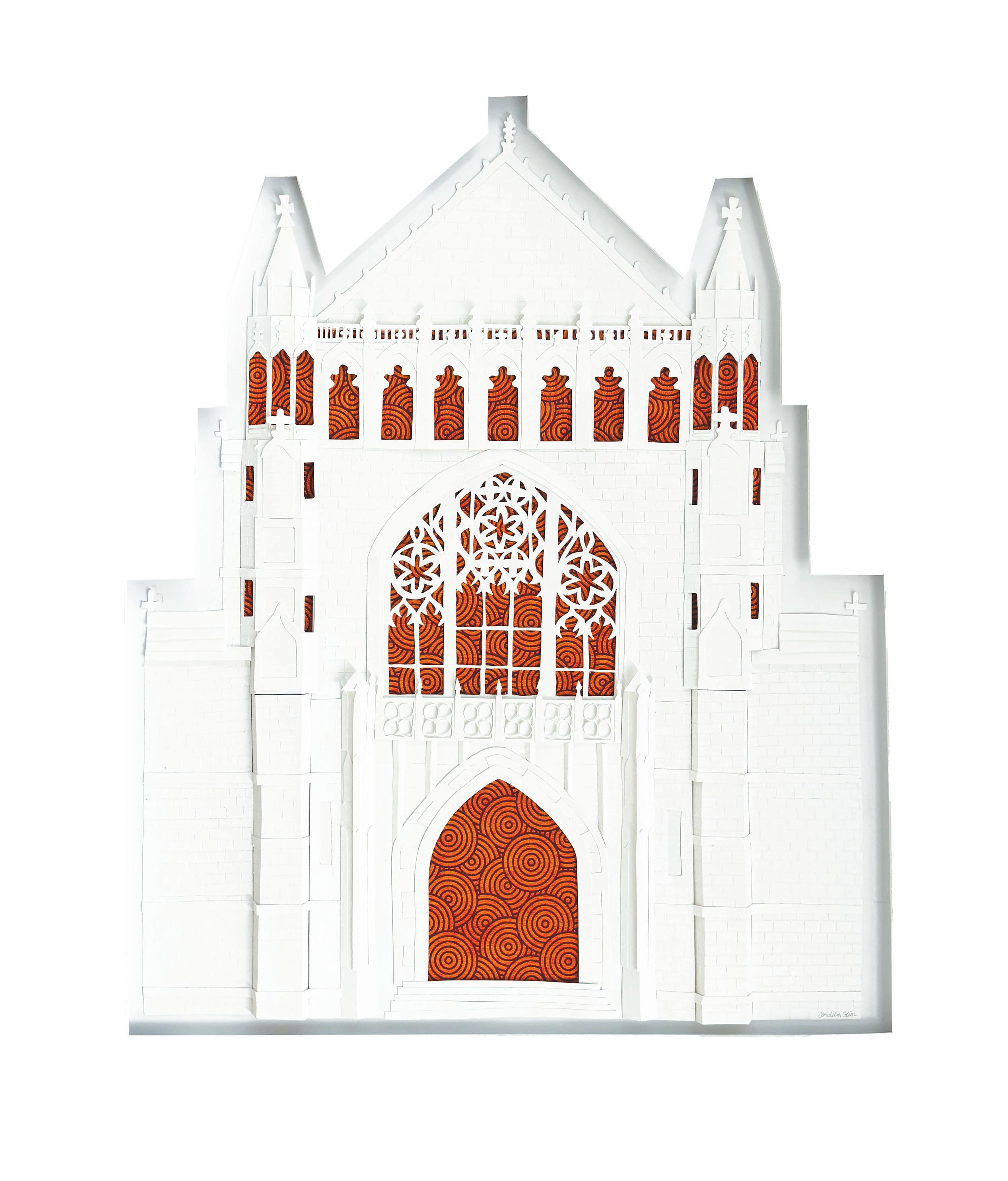

My least favorite book character is Greg Heffley, from the series “Diary of a Wimpy Kid.” I hate how he talks to his friends, his weird stick-figure neck, and his overly spiky hair. Mostly, I hate how I envy his family life. Greg Heffley, unlike me, has two parents, while I have one. I was in third grade when my dad was diagnosed with stage 4 esophageal cancer. He bought the “Diary of a Wimpy Kid” series for me to practice reading out loud. This became our “thing” for as long as we could.
As I read these books to my dad,



the sicker he seemed to get. Soon he would be as skinny as Greg Heffley from weekly chemotherapy treatments. Two months after his diagnosis, he began sleeping on a hospital bed in our front room.
As we read, Greg Heffley was becoming more annoying than ever. He stared back at me, saying how miserable he was to be on a family vacation. I wanted a vacation. My dad couldn’t walk without his cane, but Greg Heffley was sad to be at the beach with his family. Greg had sleepovers with his buddies, but I had to stop hanging out with friends so I wouldn’t catch an illness I could bring home. I hated how my life and Greg Heffley’s were so different, and I couldn’t do anything about it.
When my dad and I reached the third book “The Last Straw,” Greg was trying his hardest to fit into middle school. I was trying to fit into the scariness of the fourth grade, which is more frightening when everyone knows your dad has cancer. Greg and I had nothing in common anymore. Greg was too nervous to talk to his crush Holly Hills, and I was nine, watching my dad die.
By the time we had reached the fourth book, “The Ugly Truth,” we were reading more in my dad’s hospital room than in our house. Navigating the hospital was harder than navigating the pages of “Diary of a Wimpy Kid.” Books have plot, drama, and happy endings. The hospital has hallways, different buildings, and rooms full of cancer patients being injected with chemo. In reality, my dad had two months to live, and unlike my book, there would be no happy ending.
My dad and I made it twenty pages into the fifth book, “Cabin Fever.” Unlike books, endings in life are not expected. It was a random Monday when my dad died. Greg Heffley never said what to expect when your dad dies on a Monday, so I was lost. Everything that once reminded me of him became my worst enemy. I never finished “Cabin Fever”; my mom donated the series to Goodwill. It was too painful to even look at them. Grief is a powerful thing that would take me years to master.
I am now seventeen, and my dad has been gone for eight years. Grief comes at times you don’t expect. Hanging out with my friends at Local Scoop recently, a black Suburban drove by. I excused myself to the bathroom feeling pathetic; I was crying over a car my dad used to drive that we sold years ago. But grief is surprising. Since my dad died, my mom would say a red cardinal meant he was near. When I was playing in the lacrosse state championships this spring, I saw two red cardinals (his lucky number). For me, grieving got easier when I disconnected my dad from objects, and I just knew him as my dad.
Jeff Kinney continues to produce movies and books about Greg Heffley’s life, and Greg and I now have more in common than ever. I have an annoying brother, and I deal with high school drama, but the thing about me and Greg is the amount of love and support we have from those around us is the same.



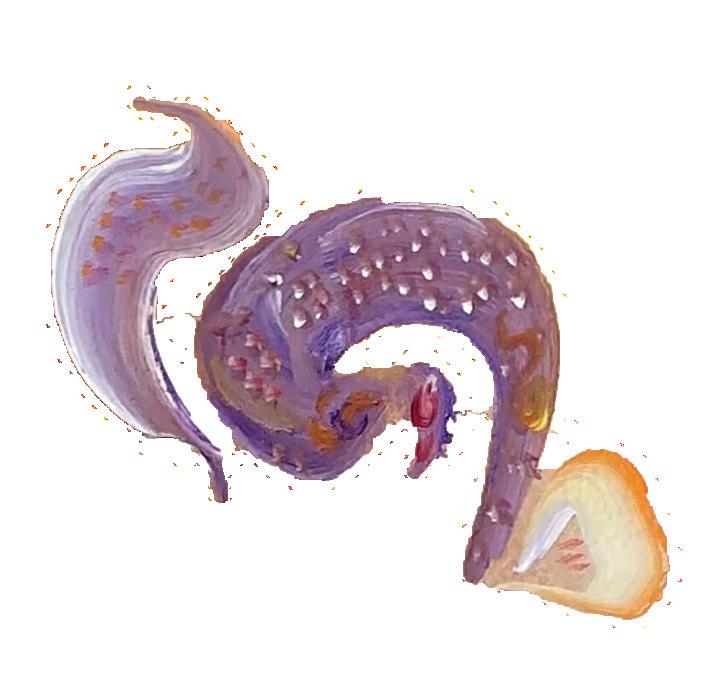
“We’re here! It’s right below us!” my father exclaimed, his entire body practically buzzing with excitement. He eagerly rubbed his weathered hands together, looking over the edge of the boat. It reminded me of those days we spent treasure-hunting during my childhood, peering together over the old boat’s railing at the seafloor below.
How I adored the cold rush of the wind when riding that boat, that thrill felt when one realizes they could be floating above unimaginable riches. But after my mother died, I watched my father’s hobby intensify into an obsession. His latest and most extensive search had been for the mythological city of Atlantis.
“You can see its lights better at night, but it’s here, I promise you!” my father
continued excitedly. He beckoned me over, and I stood at the railing, gazing at the ocean below. I saw nothing beneath the waves. Suddenly, a flash of color streaked through the water—a fish, my mind told me, but my father’s certainty made me hesitate. There! Again! A dash of gold and blue danced under the waves. I stared in disbelief as evening fell and the twinkling lights of an underwater city emerged.
“It can’t be!” I cried. It can’t, for people have searched for Atlantis for centuries.
“It is! And I found it!” my father cried triumphantly.
As I gaped at the dim lights under the water, I realized that perhaps we both had been searching for a lost thing, though it wasn’t Atlantis at all.
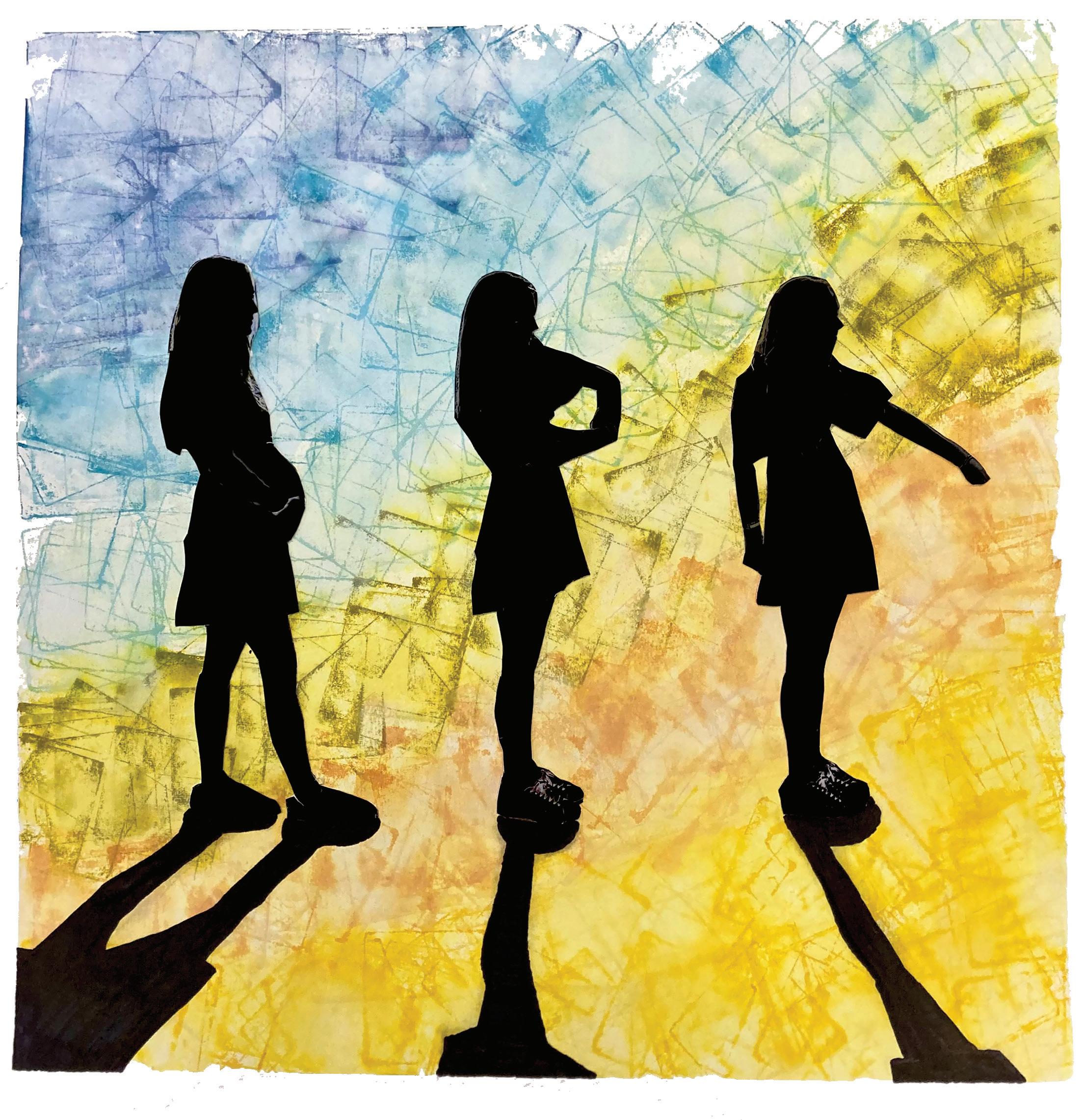
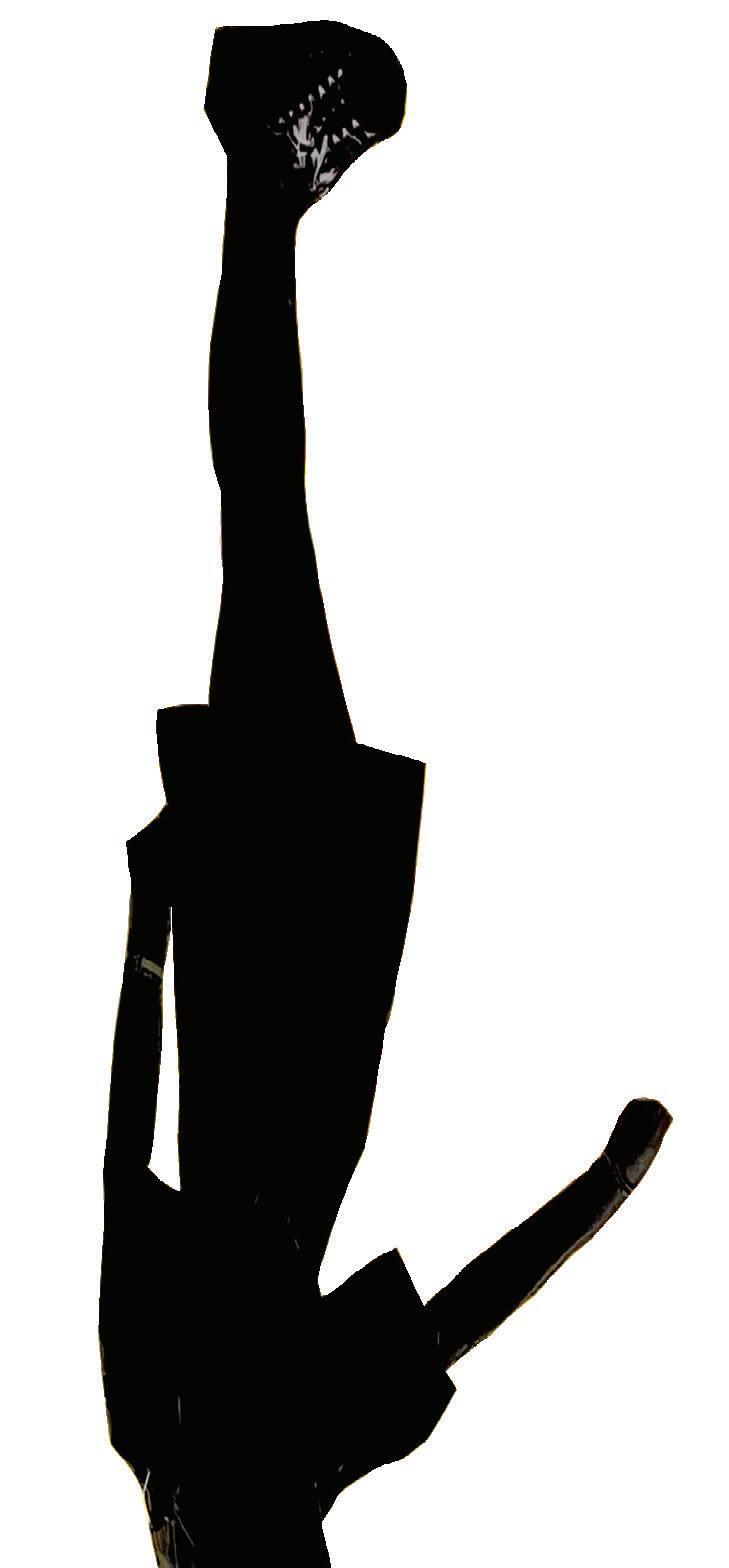
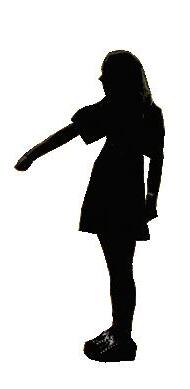 Hannah Hurden
Hannah Hurden
I am from toilet bowl cleaner, from Mrs. Meyer’s clean day and cleaners coming on Wednesdays.
I am from the tree in our front yard.
(Tall, green leaves, Its branches sturdy beneath my feet.)
I am from the pond in our backyard
Thousands of goldfish whose scales glistened in the sun as I watched them swim beneath the surface.
I’m from chalk and leotards, from Pure Balance and Miller Street. I’m from the point your toes and the straighten your legs, From i’m proud of you! And it’s okay!
I’m from faith formation on Mondays with a green plastic cross necklace and a new story to retell.
I’m from Le Peep and Mom’s cooking, Birthday pancakes and organic fruits. From the hikes with my grandpa Up mouse mountain, The survival skill lessons I always dreaded. Under my bed was a blue sparkly journal spilling my deepest secrets, Seeming so trivial to me now reminiscing on the simple times.

I am from those moments— So small yet so mighty— Just one part of a bigger picture.
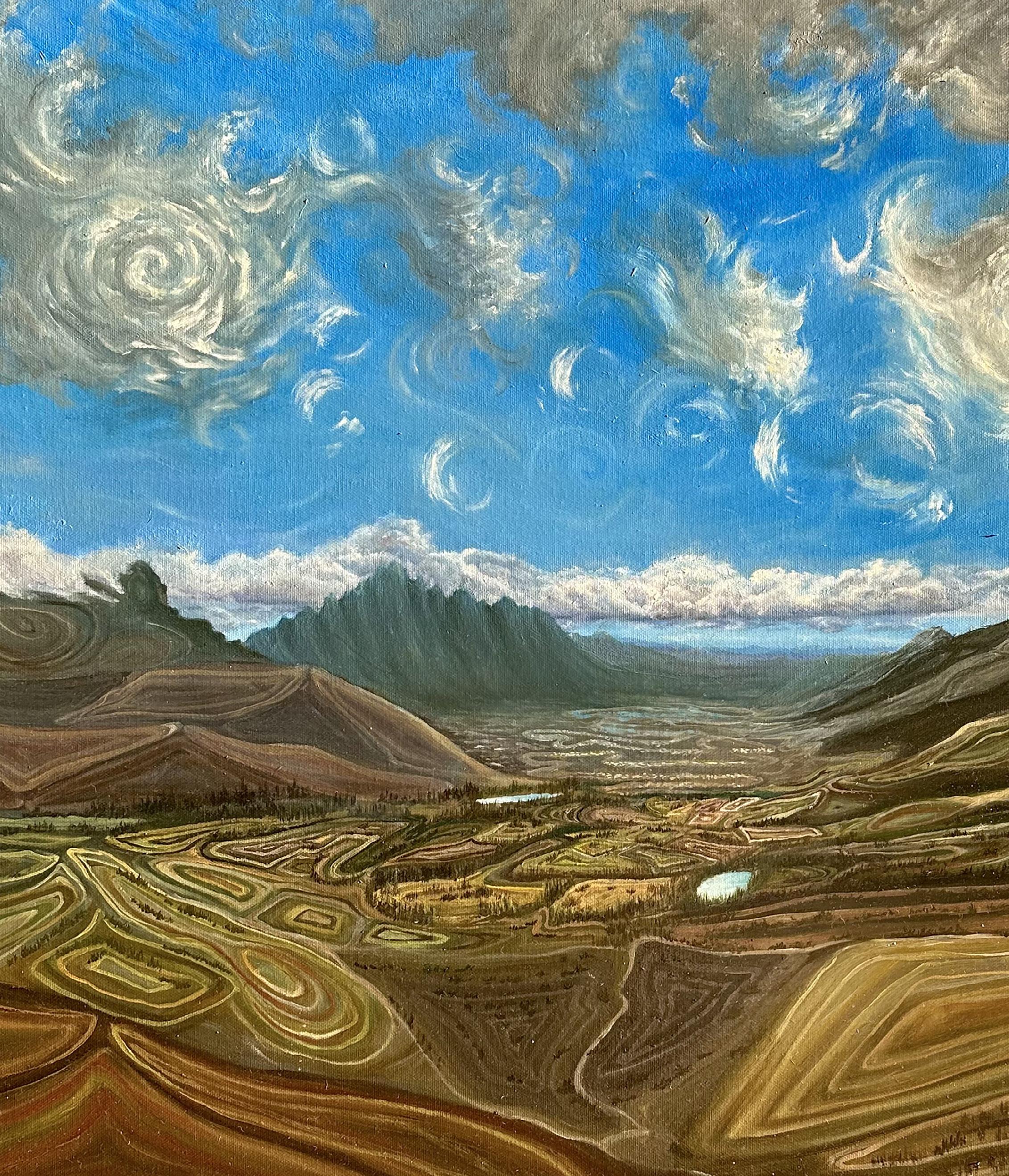
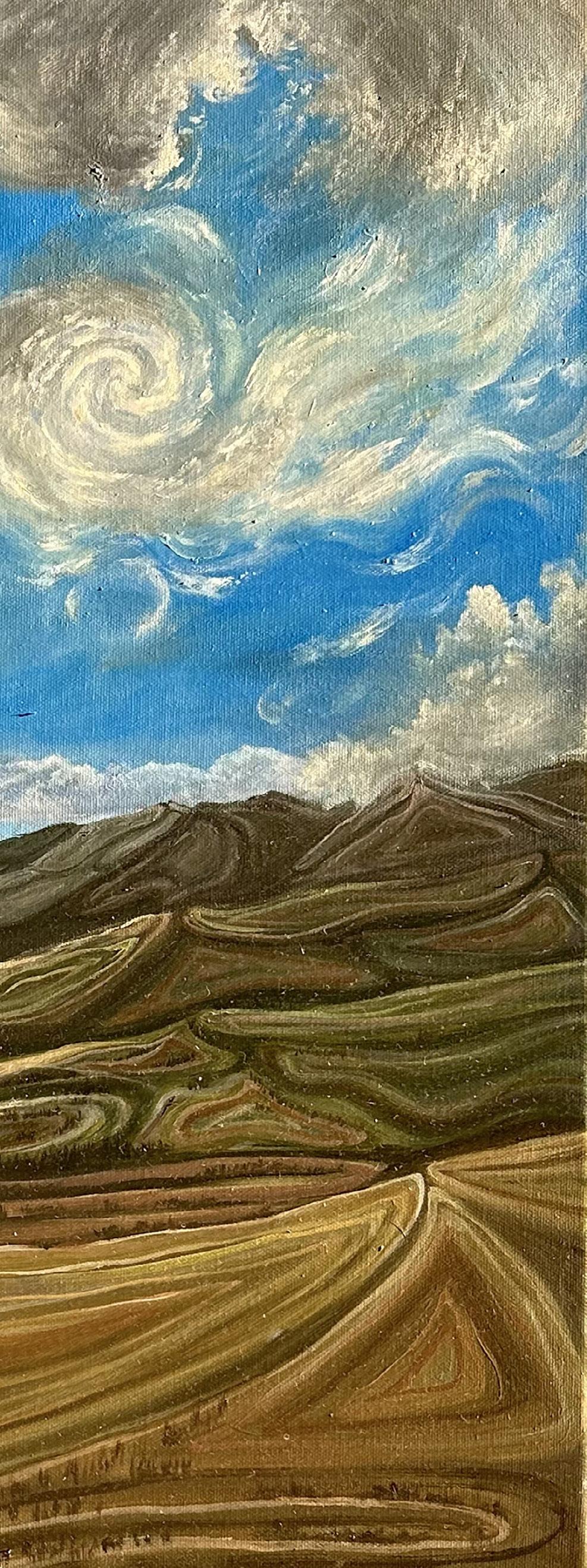
My grandfather taught me about the beauty of age. In his home, for example, there are relics of his childhood memories, like an old soccer ball with its black patches falling off, a stack of books where fingerprints and dust filled the course of pages, and in the corner of the room, next to the window, there shined a small vinyl player in a wooden cabinet, alongside envelopes of disks with artists of endless eras stacked on the floor. I did not know my grandfather, much less his interests and past. I was curious, but I was not a sports kid, and that old soccer ball never seemed to ask me to inspect it.
Although I loved reading, no eight-year-old wanted to read a book that had no images or was titled “The Posthumous Memoirs of Bras Cubas.” In the end, I chose to ask him about the vinyl player sitting in the cabinet, so he took a vinyl from an envelope and played it for me. And oh boy, let me tell you, music tastes different when you listen to it on vinyl. There is a ritual: He would carefully remove the rigid disk from its protective envelope and place it on the platter with such care and precision. Then, he would slowly move the tone arm atop it, and the stylus would rhythmically weave the record into lyrics and the engraved history into music.
I fell in love, from the first frets of the trombones to the strums fiddling with the guitar through the end to the lyrics of the record. It felt like the seasoning of hunger, which makes the most straightforward meal taste better than you would imagine because the food gives substance beyond desire. The
ritual was sacrificial and devout, how my grandfather’s callous hands gingerly grabbed the disk to his quiet and refined appreciation of the song as he closed his eyes to listen.
Back then, I listened to my pleasure and never thought of the time and dedication it took for every song I skipped, or every media I skimmed. I’ve become used to Spotify and streaming services, where I pay for the access to music and not for the music itself, giving me the mindset that I pick what I listen to, instead of being gifted and presented with songs and lyrics that move me. The value of music has been diminished.
My friends and family from Brazil call me an old soul, unconventional. To them, my music taste is ancient, when I tell them I listen to the same songs their grandparents listened to. But my taste isn’t ancient, it’s conscious of flavors. In Brazil, you see kids listening to Beyoncé, Adele, or Lady Gaga; they want to assimilate with the United States, with the dream. They sing songs whose lyrics and words they can’t make out because these songs don’t relate to them. I don’t shame them; that once was me. I only became aware that dreams were more romantic than reality, and it’s why after I became part of the dream, that I saw how beautiful the songs from Brazil were.
Just as my grandfather’s vinyl player offered a gateway to a deeper appreciation of music, embracing the timeless melodies of Brazil has connected me to my roots and granted me a profound appreciation for the craftsmanship and soul behind each note.
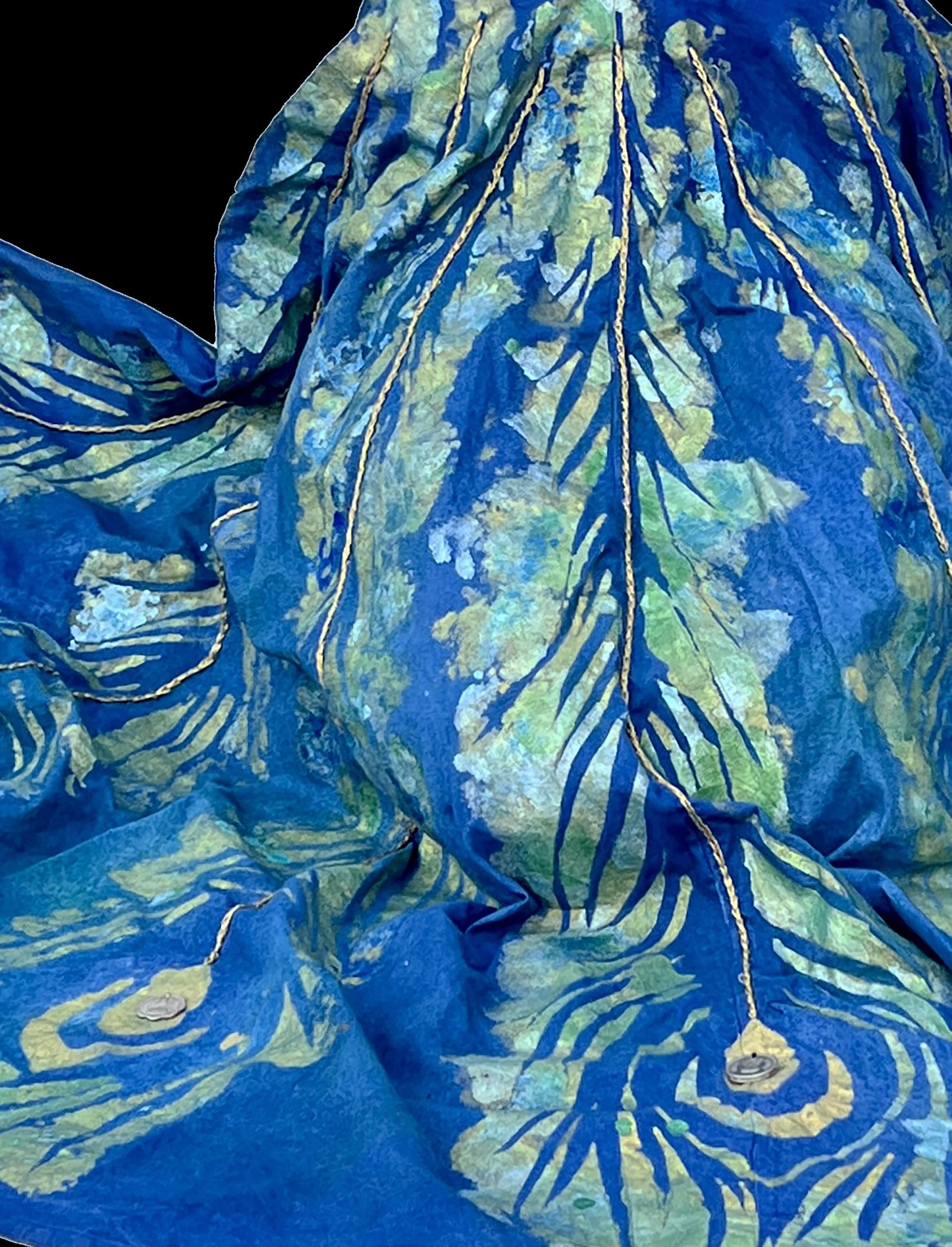
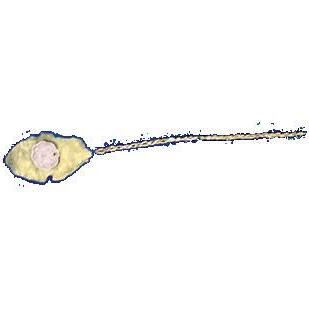
 Lilly Egan
Lilly Egan
As a child, I wanted to be an author. I can imagine it now: “Pulitzer Prize Winner Lilly Egan” has a nice ring to it, right? There was only a small issue: I couldn’t read or write.
When I was seven, I created a Lilly Egan Original, a story about a lost butterfly. The butterfly flew off the page as I wrote. She flapped around me in circles, filling the room with the sound of her restless flutter. I could feel her circling me, the wind her movement created brushing against me. The clock did laps as I wrote and after its fifth lap, my masterpiece was complete. The butterfly searching for home was as clear as day in my mind. However, when I looked it over I noticed something wasn’t right:
“I kat fin hom. I wus looking of mom. I wus lost.”
When most people read, their brains process the letters on the page to form words. My brain is like a photo album. When I read, I see strange symbols on a page, creating images in my mind. My brain would work overtime trying to understand what I was reading and through this process my muscles would tense with anger, usually followed by tears and screams to release pure frustration. The images I worked so hard to form in my mind would usually crumble into dust, and I would have to start all over again. Groans and whispers would surround me as I went through this debilitating process. These sounds would circle my head, resulting in self-doubt.
Why couldn’t I write like my friends?
Why was I different?
Why was I dumb?
Although living with Dyslexia finally provided answers to my questions, I discovered that my native language, English, was a foreign language to me. Desperation and determination drove me to complete my goals. I needed to experience flipping a smooth and
new page in my photo album successfully. I sobbed to my mother, I wanted the groans and whispers to stop, I needed them to stop. My mother, an educator and literacy specialist, decided to pull me out of school and work with me one-on-one in a classroom that she created just for me.
Everyday for six months, my brain worked in overdrive to learn to read. I was isolated from my friends and everything I knew to focus on forming letters on a page to create words. My head would pound with pain many days with the new information circling it as we worked through phonics lessons and how letter combinations made sounds and words. I worked slowly to comprehend this fresh information and process it to make sense. I had a fire lit inside of me and would not give up. Slowly, the images began crumbling less, the book stayed open longer, and the symbols turned into letters.
Magic was real the day I first comprehended a book.
I opened the rough and coarse hardcover of “Harry Potter and the Sorcerer’s Stone,” and as I turned its smooth and new pages, I was finally transported into the shared world of reading with the rest of my peers. My goal was complete. The love of brushing a pen across a page turned into the love of turning a page. The groans and whispers began to quiet within my mind and new words took their place.
To come full circle, I had to go back and see where I started to move forward. I reread “The Lost Butterfly” through a new lens. I realized I was the lost butterfly flapping around and soaring to find what was lost to me, being able to read and write. Sadness and stress once overcame me, but now reading and writing fills me with joy and accomplishment. Once incomprehensible, writing became my passion and something I could now pursue.


 Lydia Berens
Lydia Berens
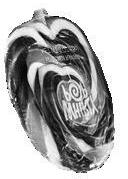
I am here in the only place I’ve called home, sorting through dusty bins and Ziploc bags from beneath the back stairs— a treasure chest full of memories and adventures, holding the person you used to be.
And I see you staring back at me while traveling the world. From the Netherlands all the way to Kenya. you have a smile on your face.
Pink long-sleeve, Baggy blue jeans, Small white sneakers tied with two perfect bunny ears, Purse dropping off your shoulder, Leather black jacket folded over your arm Short pixie cut makes me smile to myself in this dark, familiar house.
Big brown eyes entrance me like a witch’s spell Bright white teeth shine a contagious smile—the same one I’ve known all these years.
Stepping off the bus ready to take on another adventure. Mystery to me. Endless possibilities that transport me to the same streets you walked.
Oh how youthful, worldly, and happy you were. I make eye contact with you only to see myself. A photograph, like a mirror presenting the woman I’ll be.

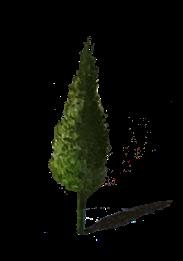
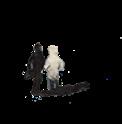
I awoke to my mom standing next to my bed, the night light illuminating her glowing smile. It was finally time. I sprang out of my bed and sprinted down the stairs straight into the kitchen. The blue light of the microwave’s clock pierced through the darkness: 1:28 a.m.
I walked over to the living room to see my brother and father all ready, blankets slinked around their arms, heading toward the back door. I got my blanket and walked outside into the bright darkness.
Immediately the atmosphere felt different. The cool summertime air brushed against my skin as I walked down the stairs of the wooden patio, then the stone patio, and finally down into the thick grass. The massive, bowlshaped irrigation ditch that was my backyard transformed into a football stadium, lit up by the midnight-blue floodlights of the moon. We were in the nosebleeds, our property standing atop the hill. I lie down on my blanket, staring up into the night sky.
It was a motionless marvel, clear cut stars stretching endlessly throughout the dark canvas. The constant sound of the crickets and distant highways began to fade out.
I was fully immersed, hyperfocusing on the spectacle before me. I began to notice that the sky was not completely motionless. If I stared long enough at the larger stars they would occasionally twinkle, dilating and contracting ever so slightly.
A white speck suddenly caught my eye, but this one was different. It rushed across the sky, head beaming brighter than any star, leaving behind a long,
tail-like streak as it flew. Then it instantly vanished. Gone forever. It was abrupt, as if I had been left on a cliffhanger. But before I even had time to process, another speck appeared, then another, until showers of meteors were raining down from the sky.
It felt surreal. I imagined this kind of experience only existed in Disney movies and now I was witnessing it in my very own backyard. The atmosphere had been blessed with a new sense of liveliness and excitement. Meteors danced around the stars, flying and fading, making for one of the most magical mornings.
Soon the meteors began to appear less, until they finally stopped. My family and I groaned in disappointment that it ended but talked nonstop about how truly awesome this was. We found out that the next time a meteor shower would appear in our backyard was approximately twenty-seven years, so this was definitely a once-in-a-lifetime experience.
This event has faded in and out of my memory since, but now preparing to enter young adulthood, I could only help to look back and realize how much the meteors reminded me of opportunities in my lifetime. Of course not too many show up as a child, but as time continues more begin to appear.
At one point they reached a peak, but as I got closer to adulthood they began to show less and less, until they completely stopped, never to be seen again. So many had flown by and I had not even noticed. I could only ask myself, “How many have I truly missed?”


An azure sky veiled in verdant glory, Ancient wooden fingers reach up Towards the celestial, revered radiance. Fluffy giants sail on an ocean of cerulean, As though painted by a god. This place is sacred.
I lie on a carpet of green, Speckled with blossoms of gold.
A child of the dirt and moss, I listlessly listen to nature’s song, And ignore the wants and needs Of an ever-demanding world. I breathe in the cool forest air, Smelling the dewey aroma And taking in the sublime. This place is peaceful.
A squirrel in the tree—a branch snaps, The moment is gone. My eyes dart to my watch, It’s a habit of the time-weary. Stand up, brush off the leaves, Take a deep breath. The air is somehow heavier. This place is ephemeral.


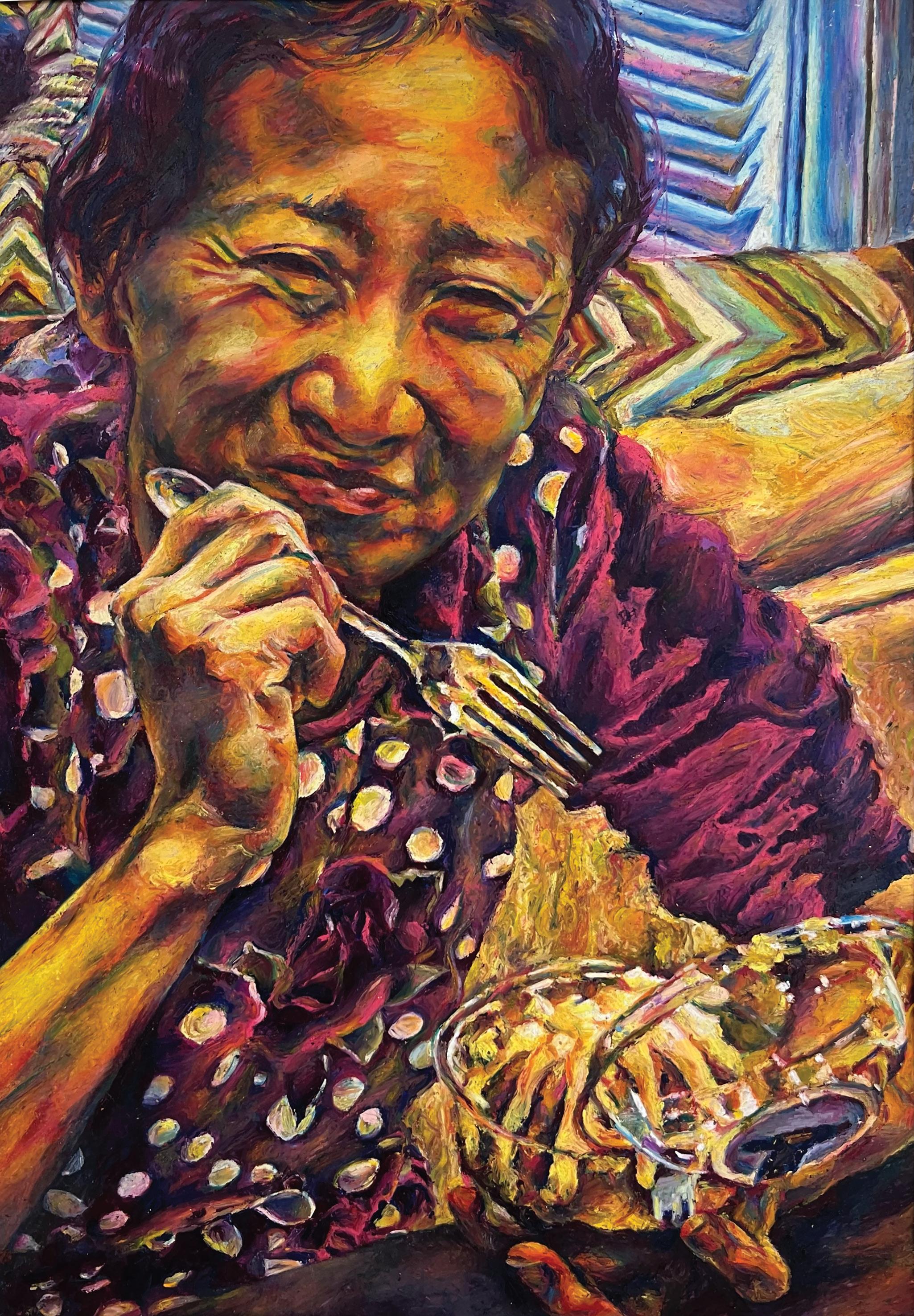

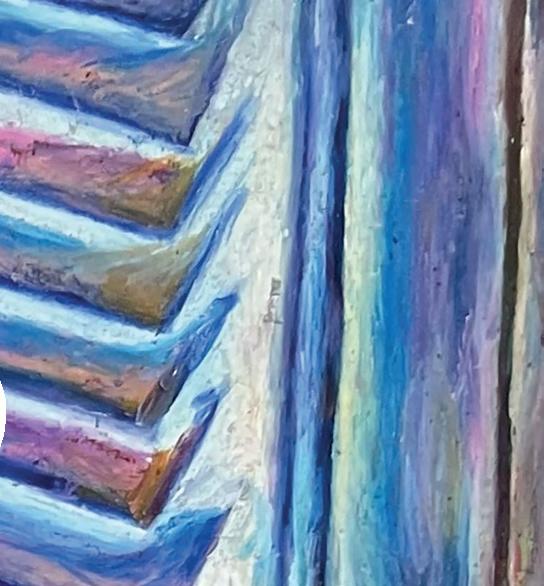
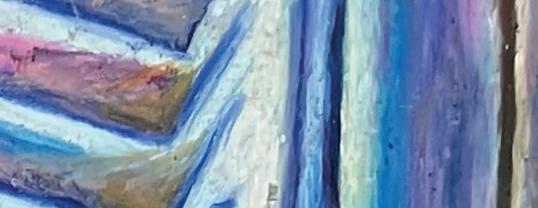
A girl can love a lot of things: sports, makeup, romcoms, or lululemon. In fact I love all of these things, but the thing I love most is a white-tattered sweatshirt with more stains than one can count. How I lived sixteen years without this sweatshirt, I’m still unsure. I came across it while cleaning out my grandmother’s closet after she passed away.
Riffling through the racks, I saw various wigs and typical old people’s attire. When I tackled the last section, however, my eyes recognized two babies, one of them being myself and the other my twin sister. We were printed onto a sweatshirt with rainbow bubble letters spelling “WE LOVE GRANDMA” underneath. I let out a chuckle, which seemed wrong for the circumstances, but I couldn’t help it.
I’d never seen my grandmother wear this sweatshirt, yet it still looked like it was loved. A coffee stain was painted along the right hip, the letters were faded, and the cuffs were thinner than the rest of the sleeves. My grandmother was unique in that she never really went outside. She was held back by fear of social situations and preferring the safety of her own surroundings, and I hadn’t seen her since 2019, even though she lived five miles down the street.
As I examined the sweatshirt, I imagined all the love she poured into it. I could see her sitting in her chair reading a book and spilling coffee and saying, “Doggone it.” I could see her putting it through the wash and each time pulling out a more faded version. I could see her rubbing the cuffs for comfort as she fell asleep.
This sweatshirt not only represented her, but it reminded me of her love for my sister and me.
Junior year is already daunting, let alone at a new school. Stumbling to flick on the lights one morning, I grabbed a sweatshirt off my chair and rushed out the
door, only realizing what I had on when I got to the red light just before school. Staring back at my mortified face was a gummy smile from one-year-old me, almost taunting me. I weighed if I had enough time to turn around and change, but no way was I going to be late to class the first week. I felt odd walking through the halls, passing the other girls in their frilly tops and unwrinkled jeans. When I met up with a new friend before class, she asked if it were a new design for an Urban Outfitters graphic sweatshirt. Other classmates immediately understood that it was me on the shirt, and others shot me confused looks.
While I already adored this sweatshirt, my AP Psych table in second period confirmed its awesomeness. They laughed when they saw me, breaking the ice, and the strangers at the table soon morphed into some of my best friends, all because of my fashion choice.
My raggedy sweatshirt became the symbol of joy for them, and every time I wore it, they commented on how it would be a good day if it was an “I Love Grandma” day. This only spurred me on, and I wore the sweatshirt more and more. The joy of my sweatshirt didn’t just stop at school. I soon was confident enough to wear it to parties and sporting events. I’m glad my grandmother left it behind for me, as I became known around school for it, and it became known as the “happy sweatshirt.”
That year, my grandmother’s old sweatshirt became a part of me. It made others laugh and friendships sprouted over its absurdity. While I can be reserved, the sweatshirt never fails to elicit a comment from someone else, often followed by a conversation.
You best believe it will be a common sight to see me walking around school with those faded rainbow letters my senior year, and in college, I have no doubt it will equally bring joy to a new campus.
Oh, camera, how you click, flash, and whirl capturing moments like children capture fireflies.
Memories in the making in the ink on a four by six rectangle. But that’s all I need; the snapshots of life that develop and grow as I do.
Excitement. Impatience. the smile that spreads across my face imagining how you will turn out A mystery in the making.
The anticipation crawls in my blood As I await you coming home with with me
I just want to look you in the eyes And put you on the wall like a proud mama.
You bring me the faces of loved ones, of life-long friends, and even old friends—now enemies.
Oh, camera, oh, camera how you take me back
 Lydia Berens
Lydia Berens
to the places I long to be: the campgrounds, the perfect summer day, the mountains, the farmers market. I’m an explorer hopping from place to place as I look through the pictures.
The sheen look highlights the spark of pure joy.
Squinty eyes. Huge goofy grins. Mouth wide open laughing. I miss these moments. But you remind me and without you I’d be forced to rely on memory alone.
I keep you close to me and I have you all to myself. I confide in you like one does a therapist. I’ve told you all my deepest secrets.
Even though some are blurry or you could not quite focus Even though some are washed out and some are works of art, I love you, I love you Dear film.
You help time stand still.

My bare feet creep with haste on the dusty stone ground, greenery peeking out over the hill, past the enemy’s trench. My untested comrade Leandro, dark hair sticking to his forehead, charges ahead of me ready for action. The sun beat down on my shoulders, one side of my skort clinging to my left leg as children shouted, “No, no!”
“
¡Esta es mi venganza por mis primas!” I shout as I aim my weapon, hitting my sobrinos with the cold water from my Super Splasher 1000. Behind us, my primas cheered; they had been avenged. My tíos and tias chuckle and carry on with their conversations. I return to the shaded table with my primas—mission accomplished.
I’ve always thought it was weird that the “cold” season in Arequipa, Peru, is so dry and warm. It explains why my mom struggled with harsh winters in Chicago, seeing her first snow fall at age nineteen. Living in the States while my mom’s family lives in the second-largest city in Peru means my family travels at least every year to Arequipa. The three flights, eight-hour flying time, and airline problems result in a whole day of travel. As a child, I didn’t understand the importance of this trip—I just liked the airport snacks.
 Sophia
Sophia
Cartafalsa
to play games. But while the other primas made jokes and laughed, I followed behind or ran to the comfort of my freelance translator, aka my mom.
Other events followed similar patterns. When my mom and I entered the salon, incomprehensible foreign language flooded my ears. No problem, my mom will translate. She didn’t. Shortly after my pink, glossy nails had finished drying, my translator left this girl and me to talk. Her floral-print shirt had designs I wished I had on my nails—not that I could have asked. “¿Vives en los Estados Unidos?” she asked. I started walking away, praying she would stop asking questions. Does she think I am fluent? “No sé,” I said over my shoulder at her. Not until recently did I realize the girl simply wanted to know where I lived.

“but I felt guilty; I didn’t understand my abuelo’s last words.”
Every year we visited Arequipa, my Spanish progressed, but never to the point where I could have conversations. Then COVID-19 stopped us from seeing the whole family for five years. In 2021, we visited my abuelo for the last time. “Yo se que vas hacer grandes cosas en esta vida.”
The first time I remember visiting Tia Ahida, the slow-cooked stew adobo had chunks of mystery meat with bone attached, which made me crave some crispy chicken tenders and fries. My primas attempted to communicate in Spanglish—80% Spanish—and when I looked around, I thought, just smile and nod. I saw dark eyes and hair like mine, but casual graphic t-shirts and Skechers sneakers. Never would I be allowed to wear such comfortable clothing, only frilly dresses with strappy shoes. Sneakers were for gringo tourists and my dad.
After dinner, the kids never really needed language
I nodded and smiled, but I felt guilty; I didn’t understand my abuelo’s last words. The next school year, I moved to the honors Spanish class, where I dove into the work and endlessly conjugated verbs on Conjuguemos website: the mascot frog with an evil smile was very quick to correct my improving grammar.
Visiting in the summer of 2023, I finally felt at home. The chancho tasted nice and crispy, and I leaned over my plate to make sure my dress wouldn’t stain; instead my wedge sandals suffered as we ran around while shouting and playing. Understanding the family gossip and responding to questions about America instead of walking away allowed me to be fully a part of the experience. My abuelo knew that having an education would put me ahead, just like my mom, allowing me to achieve grandes cosas en mi vida.
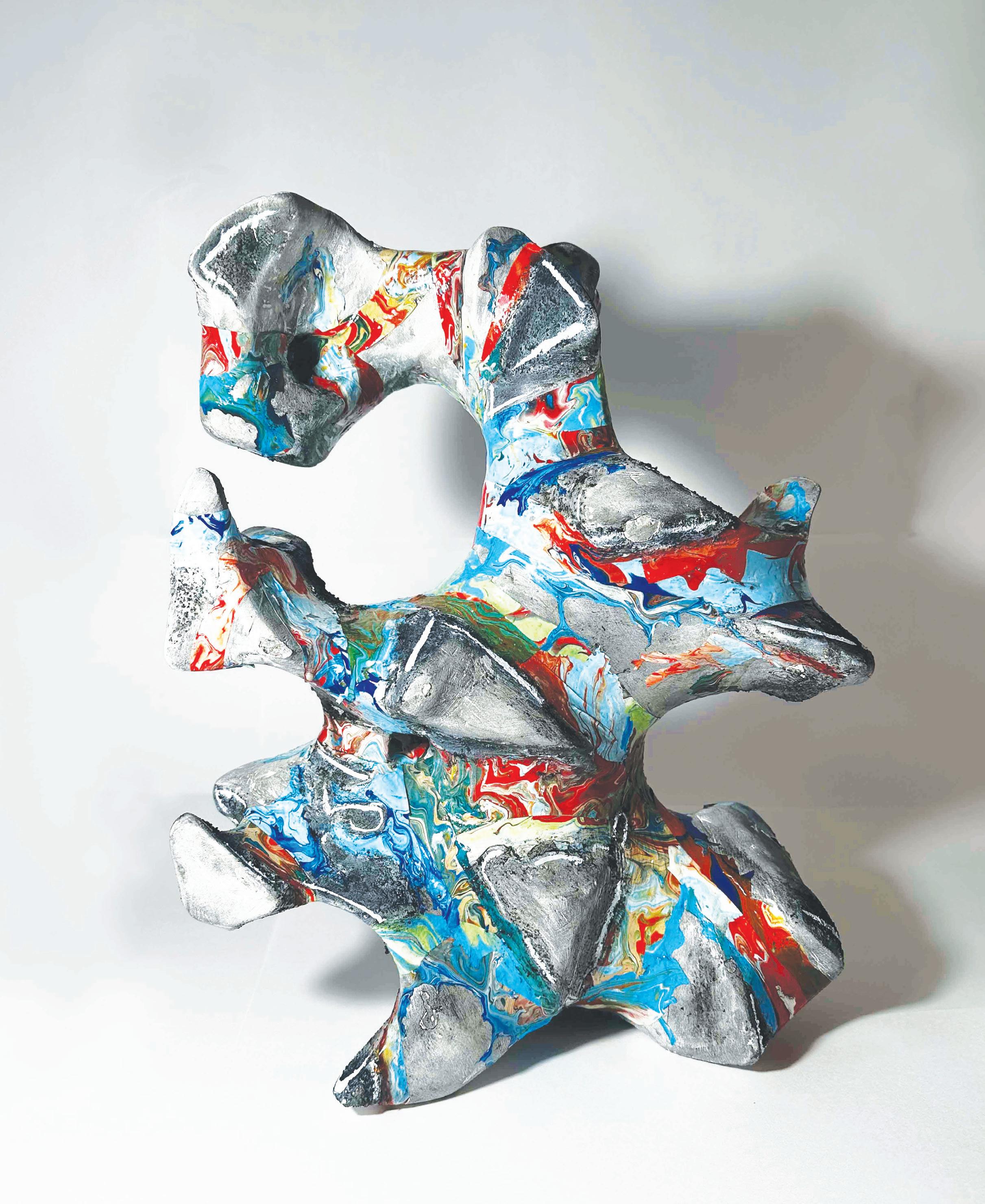
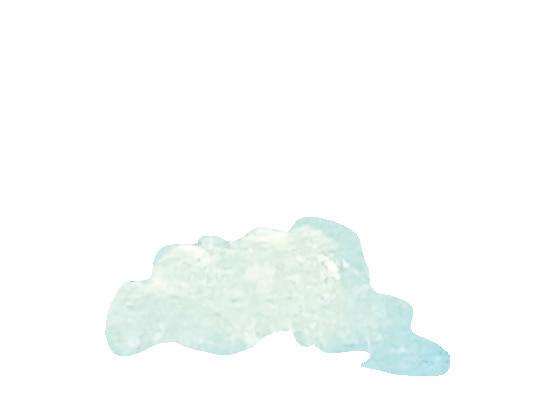
Autonomy versus automation: when you stop in the middle of a familiar road for no particular reason and discover something that you must have walked past everyday in the previous five months, but never pried your eyes from the street ahead to notice.
As the days have become short and the nights have grown cold, it would have stood there, unchanging while French locals scurried back and forth, first in light layers, sometimes under monocolor umbrellas, and finally buried within wooly neck scarves.
Tucked away off the main road, the entrance appears in front of you after passing through a wrought iron gate. The pale blue exterior of the building blends in with its surroundings, the muted palate of the city skyline against the cool gray clouds. Even the pigeons that nestle on the ornate rooftops and dingy chimneys have a navy undertone to their feathers, which are fluffed in the winter wind. From the street, as you approach, you are beckoned inside by the warm light glowing from behind tall widows.
Toasty air welcomes you in from the chill city street, and as the door clicks closed behind you, you discover that you have found yourself in a place where time surely stands still. A shop that can only be described as “La Place des Créatifs” sprawls out in front of you, with every manner of art supplies arranged in a state of comforting disheveledness.
The large space is made cozy by long shelves separating it into little niches and nooks, all brimming with items. Canvases lean against the walls, rows of more shades hide behind each visible paint, and corners of paper peek out from their stacks. Piles that are stacked high with every supply imaginable reside on the edges of the room and rainbows of color can be spotted in every direction.
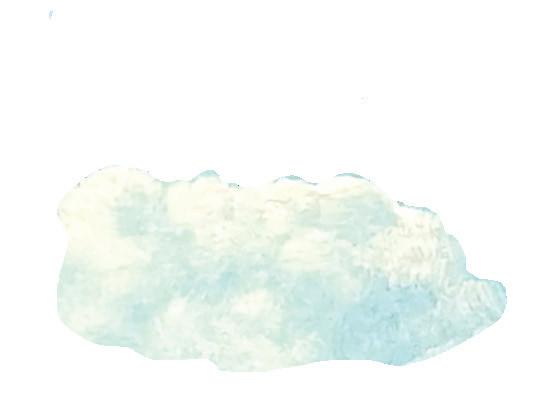 Hope Gottschling
Hope Gottschling
As you step tentatively towards the art materials, you notice doorways that take you deeper into the store. Each corner you turn, you discover a new room with a different theme, from drawing to printing to sewing, like little pockets of different worlds. You may begin to feel it is a maze that goes on forever, as each room leads to yet another. Tall, squat, thick, and arched doorways offer you more to explore, and get lost in. Follow a narrow staircase down into an expansive room filled to the brim with paper types, then discover another set of steps behind the tissue that transports you yet again somewhere new.
Deep in the bowels of the shop, you discover the dichotomy that la Place des Créatifs imposes. Natural and uncanny at the same time, cozy and commercial, familiar and foreign, this shop you’ve never visited before feels like home. All your favorite songs play subtly in the background, as if they knew you were coming and made a playlist just for you. You gleefully wander, explore, and get lost in the maze. All too eagerly, you accept that you may not be able to find a way out. La Place des Créatifs is absolved from the logic of time, and hours pass in what seems like seconds.
When you eventually make your way back to the original room, more likely by happenstance than intention, you feel different than when you arrived. You draw out your goodbyes to the buttons and brushes and to look longingly after the watercolors and the gouache.
After you meander to the door, the cold metal knob stings your fingertips that have grown accustomed to the warmth. You stumble the first few steps out of the building in a daze, and it feels as if you have left a piece of yourself inside.

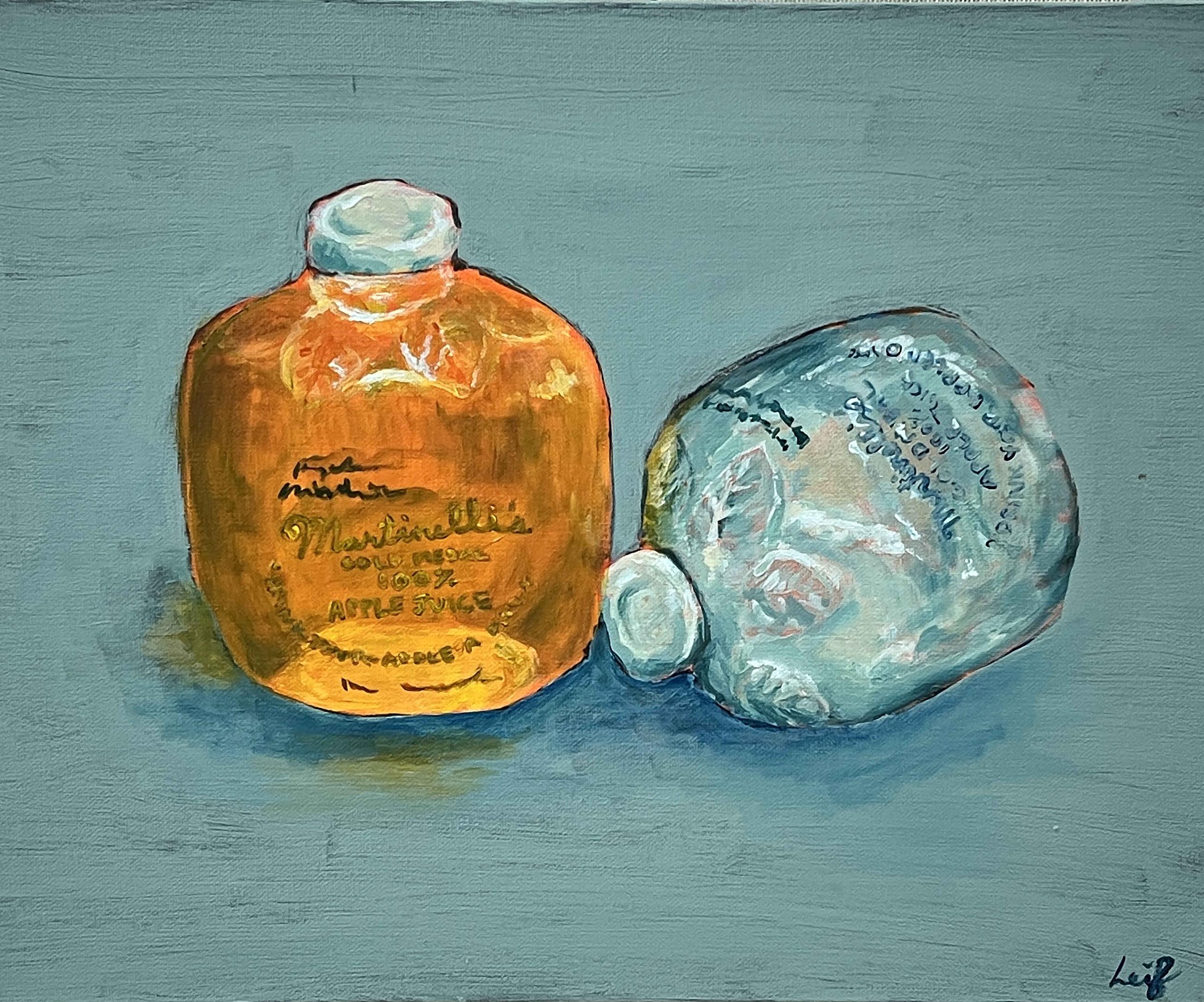
The first time I heard the lyrics calmly floating around my kitchen, I stood still where I was to listen. A feeling of warmth spread throughout my body, the words a cozy blanket wrapping around me, and a smile lifted on my face. A young women’s voice sang the words clearly, the peaceful melody rhyming, each word spot-on as if she had known my grandparents their whole lives.
I immediately searched the lyrics online and
determined that “Like My Father” by Jax portrayed her father’s love for her mother, demonstrated by his compliments on her appearance, his patience towards her, and their simple yet fun date nights. I could not believe that a complete stranger so different from me could so accurately describe my grandparents’ traits even though she had no idea they existed. Each time I read the lyrics, I envisioned my grandparents living their day to day lives together.
Just like the course of the song, my grandparents’ date nights consisted of what friends normally do together: going to the movies or driving around town on a “road trip” enjoying the scenery. When they first began seeing each other, my grandfather, Dad Dad, would ride his bike five miles from the medical school to visit my grandmother, Nan Nan. With her bank salary, Nan Nan bought Dad Dad a car for $800 despite her parents’ opinions about the proper gender roles. The investment paid off. Nan Nan would literally “come home to roses” as well as camellias and daffodils grown year round by Dad Dad and cut delicately by hand to fit into a vase. Each year, they made time for a couple’s escape, whether as seemingly simple as walking hand in hand on the beach wearing straw hats, as thrilling as skiing, or as lighthearted as performing the chicken dance in Helen, Georgia. Wherever they went, Dad Dad would buy Nan Nan elegant jewelry or Swarovski glass animals to add to her collection. He even purchased three engagement rings for her over the years—the diamond fell out of the first and a crack appeared on the second. Every holiday allowed for a celebration together, even a dinner outside on the night of the full moon.
Even though my grandparents are less mobile now, they have found new ways of demonstrating their affection for one another, the end goal of the song. On holidays, neither one is empty handed. While many couples pick up a card with pre-written words and a bouquet of flowers while running their errands, my grandparents can no longer go to the store; nonetheless, they will both write a personal message on the blank pages of the nature-themed cards they receive for donating to the World Wildlife Foundation. It is a rare visit that I walk into their house and have enough space at the kitchen table without a vase of colorful flowers accompanying the family. On Valentine’s Day and their anniversary, they always trade boxes of chocolates: a variety case of Russel Stover’s for Dad Dad and an assorted container of Whitman’s for Nan Nan. “If I had to do it all over
again,” he says, gazing into Nan Nan’s eyes, “I would marry you again.” They always gift each other new outfits for Christmas and their birthdays to make each other feel like “royalty”—my grandmother with her bird sweater fluttering with life and my grandfather with his collared shirt as if he is ready to meet someone important.
Date nights still consist of doing their favorite activities together. At their daily cocktail hour, Dad Dad used to prepare Nan Nan’s tonic water with lime and deliver her glass in the cart of his walker for as long as he could stand on his own. Though they used to listen to their classical, country, and Broadway music on the record player, they have upgraded their favorite tunes to a cassette player in the living room. Each night, they take turns tolerating each other’s movies—Nan Nan’s old English series and Dad Dad’s James Bond and Western films. Holding onto his walker for support, Dad Dad still gives Nan Nan “a kiss on the forehead” when she is seated in her chair.
Neither one ever forgets to remind the other how nice they look each day. Dad Dad knows “what it takes to love a queen” and always notices when Nan Nan enters the house after her weekly hair appointment or when she is wearing her new sweater. “Wow,” he tells her after admiring her for a few seconds, “You look like a million bucks.” In casual conversation, Nan Nan will slip “honeybun” or “sweetheart” into her sentences. When it is time to relocate to the kitchen for a meal, Dad Dad will tell Nan Nan to go first, scooting back in his chair knowing that he will have to wait several minutes to make it to the table.
My grandparents may be halfway through the decade of their eighties, but I admire how they make each other “feel young”. When I am older, I hope to follow their example to find happiness from the little things they do to show each other how special they are. Whenever I hear the song on the radio, I will envision the years of smiling and laughter my grandparents brought to each other, and through the music, they will always be there with me when I press the play button.


Columbia Scholastic Press Association (CSPA)
Gold Crown Award
Medalist Critique
Gold Medalist
All-Columbia Honors
Essentials
Verbal
Visual
Individual Awards
Fiction
1st Place: Athena Woodward
2nd Place: Kelsey Sciacca
3rd Place: Mia Zottoli
Individual Art
1st Place: Isabel Yang
3rd Place: Leif Lanzillotta
HM: Tyler McAndrews
Feature
1st Place: Lynn Zhao
Individual Photograph
2nd Place: Mac Fletcher
3rd Place: Evan Li
Poetry
1st Place: Isabel Yang
HM: Vanathi Shanmuganathan
Drama
HM: Mia Zottoli
Personal Essay
2nd Place: Holt Daniels
Fiction Layout
3rd Place: Jolin Cheng
Overall Awards
All-North Carolina
Section Awards
2nd Place: Theme Development
3rd Place: Art
HM: Poetry
HM: Layout

*Charlotte Latin School was part of the Region-at-Large East for Writing. The organization did not release adjudication results in time for publication.
American Visions Award Nominee
*Madison Nabors, “LEAH,” Painting and Illustration
North Carolina Art Education Association (NCAEA) Award
*Hope Gottschling, “Silk Strength”
UNC-Charlotte Portfolio Award
*Hope Gottschling, “Threads”
Billboard Award
*Moné Cary, Painting, “Mzansi (South Africa)
*Kathryn Wu, Acrylic Paint, “Shrouded”
*Isabel Yang, Drawing & Illustration, “Ma Eating Bundt Cake”
Senior Portfolio Gold Key
Hope Gottschling, “Threads”
Art Gold Keys
*Moné Cary, Painting, “Mzansi (South Africa)”
*Lila Conner, Painting, “Cake”
*Sloan Ellison, Mixed Media, “Goat Girl”
Sloan Ellison, Mixed Media, “Waltzing Circle”
*Hope Gottschling, Fashion, “Silk Strength”
*Cordelia Kim, Mixed Media, “Princeton Chapel”
*Madison Nabors, Drawing & Illustration, “LEAH”
*Madison Nabors, Drawing & Illustration, “Scribbled Silence”
*Madison Nabors, Drawing & Illustration, “Pappy’s Pipe”
*Sophia Oh, Drawing & Illustration, “Hyacinthoides”
Sophia Oh, Drawing & Illustration, “Lilium Lancifolium”
*Sydney Query, Sculpture, “Damaged”
*Anjali Rao, Fashion, “Sakti”
*Kathryn Wu, Acrylic Paint, “Shrouded” Kathryn Wu, Drawiing & Illustration, “Point of Tangency”
Isabel Yang, Drawing & Illustration, “Head Out of the Clouds”
*Isabel Yang, Drawing & Illustration, “Ma Eating Bundt Cake”
Art Silver Keys
*Lydia Berens, Painting, “Fragments”
Evelyn Haggstrom, Photography, “Motif”
*Cooper Kasimov, Sculpture, “Metamorphic Hue”
Madison Nabors, Drawing & Illustration, “Flawed Perfection”
*Jackie Rao, Drawing & Illustration, “Sweet Tooth”
*Peyton Samii, Drawing & Illustration, “Wonder”
*Isabel Yang, Painting, “Majesty”
Art Honorable Mention
Matthew Adams, Drawing & Illustration, “Portraits Around the World”
Emma Grace Coble, Drawing & Illustration, “Intertwined”
Abbie Burns, Printmaking, “6 Panels”
*Ellison Dolan, Mixed Media, “Party Fail”
*Featured in this edition
The body text is Minion Pro. Headline fonts include Cherry Blossom and Function Pro. We explain the theme in the editors’ letter. 350 copies are printed and distributed free of charge to the school community. The “Blue Review” staff has access to 12 iMac Mini desktop computers and four MacBook pro laptops. We subscribe to Adobe’s Creative Cloud 2023 and used InDesign and Adobe Photoshop to create the book.
We are grateful for the school’s support in covering printing and other expenses associated with “Blue Review.” Walsworth Publishing in Marceline, MO printed our book. The account was serviced by sales representative Carolyn Henderson and service adviser Cheryl Ball. We used 100# cover stock for the cover and 80# text stock for the inside pages. Charlotte Latin School is a member of the following professional organizations: North Carolina Scholastic Media Association (NCSMA), National Council of Teachers of English (NCTE) and the Columbia Scholastic Press Association (CSPA).
in and dedication to the “Blue Review”; staffers must attend regularly scheduled meetings and a required editing session, and they assist in hosting the launch party when the magazine is presented to the school community.
All student editors are appointed by the faculty adviser. The lead layout, copy, and art editors are students who are current staff members. Lead layout editors are responsible for every aspect of the publication, including conducting staff meetings and editing session, selecting the theme, delegating the tasks to the associate editors, etc. “Blue Review” is an extracurricular activity; every part of its construction is completed after school hours.
The lead and associate layout editors work together to design every element for each spread; therefore, we do not include credits for layout in our pages since the work is completely collaborative.
Our mission is to promote the creative arts within the Charlotte Latin community and to encourage Upper School students to express their individuality through art and writing. We strive to inspire emerging voices, foster authentic personal expression, and provide a showcase for our students’ work.
All 522 students in grades 9-12 are eligible to apply for the “Blue Review” staff. The lead editors select general staff based on their interest
The art editors are responsible for cataloguing and photographing the artwork. They also assist the Upper School art teachers with organizing and setting up the art gallery for the launch party. The copy editors oversee the editing process and organize all print submissions. Associate copy and art editors often begin in grades 10 or 11; they assist the lead editors.
Students are encouraged to submit works of fiction, nonfiction, poetry, and art in all forms, and English and art teachers can recommend pieces they feel merit recognition. Submissions are blind; the students’ genders, races, names, and grade levels are not disclosed during the selection process.
Pieces may be edited for grammar and/or space, but content is not censored by editors or adviser. The staff adjudicates the works based on voice, style, creativity, and literary merit. From the selected pieces, preference is given to senior work. It is the policy of the editorial board that “Blue Review” focuses solely on creative works rather than critical essays, reviews, etc.
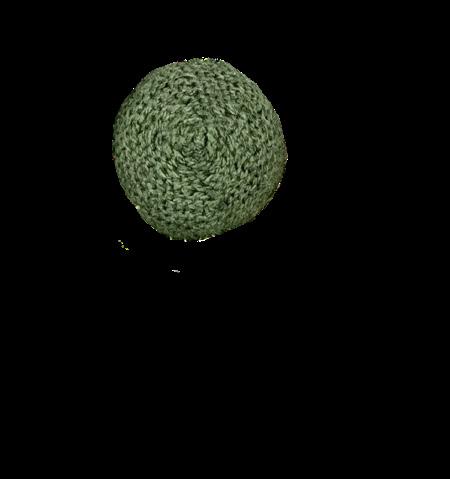


could take root, sprout,
